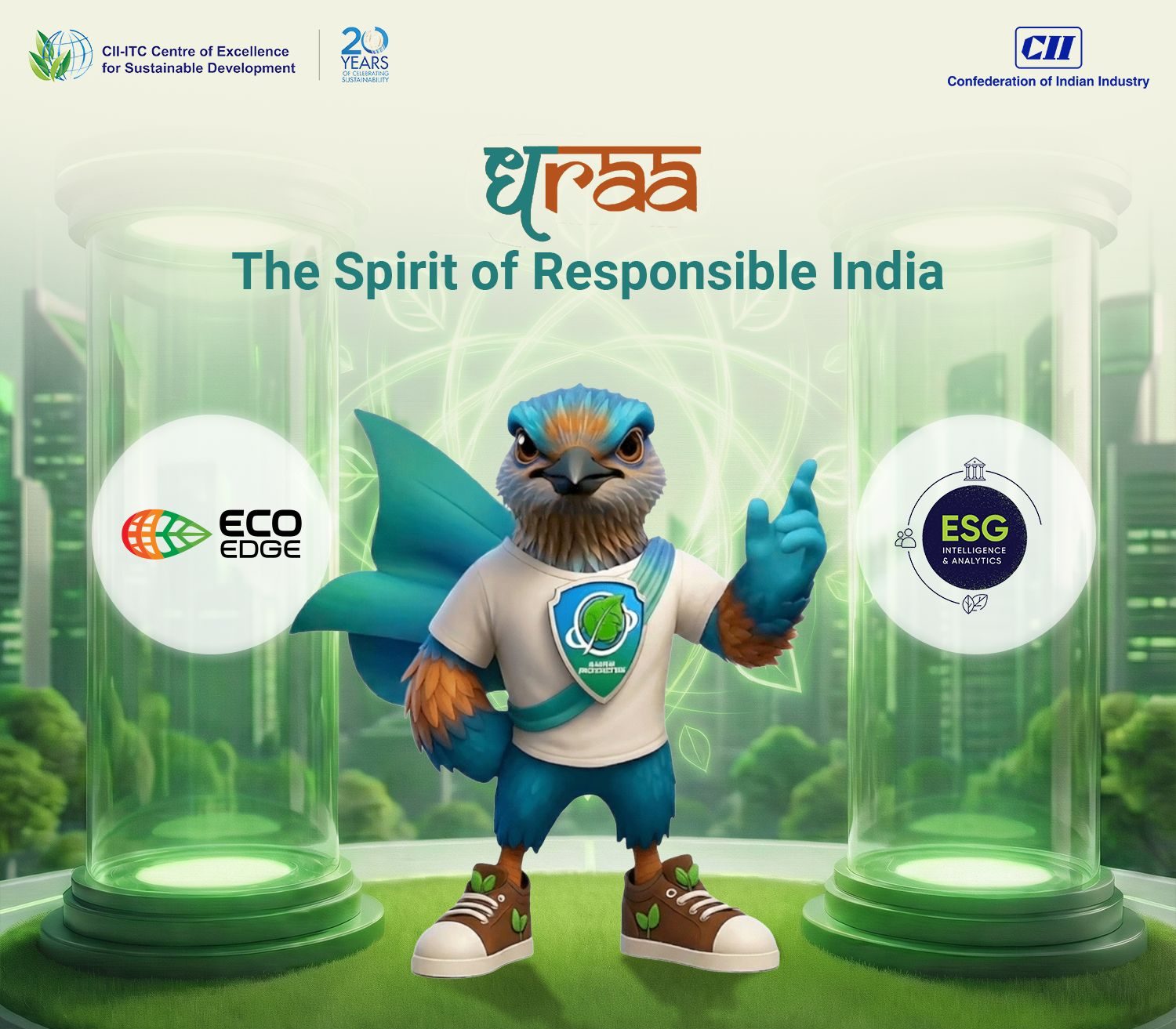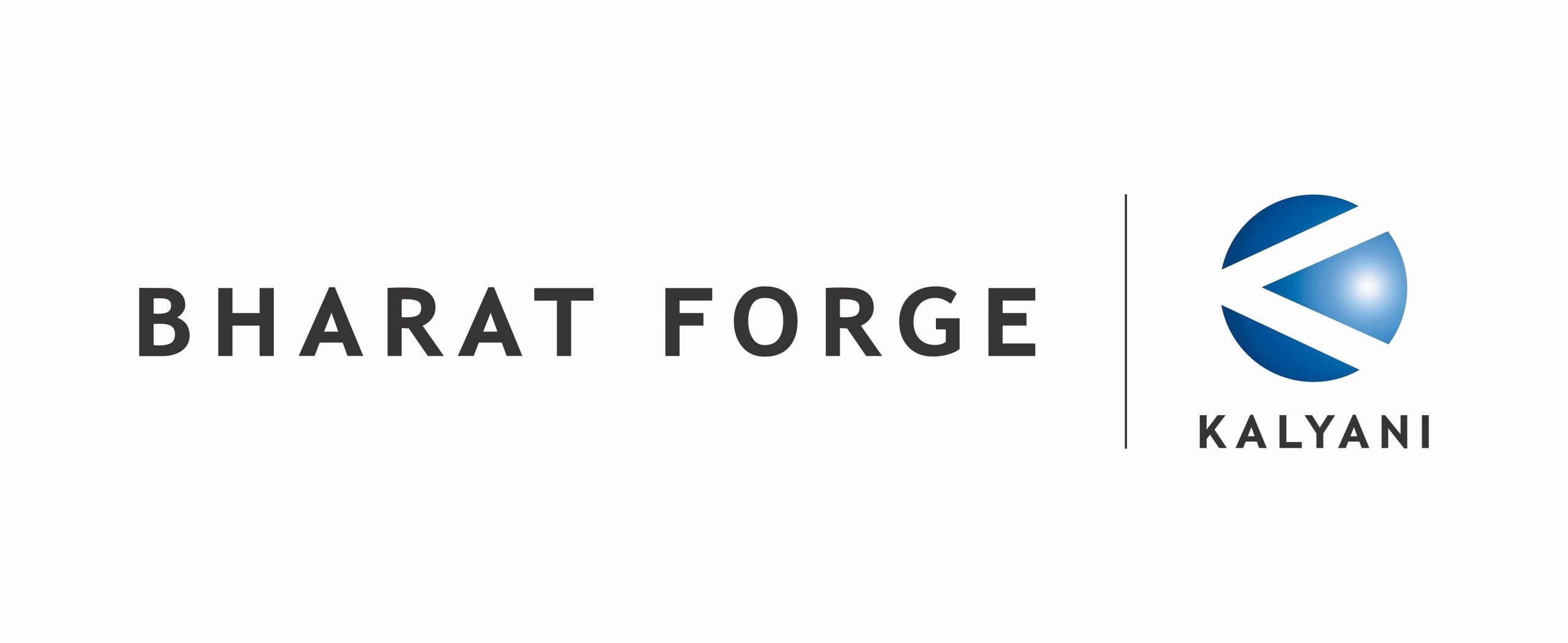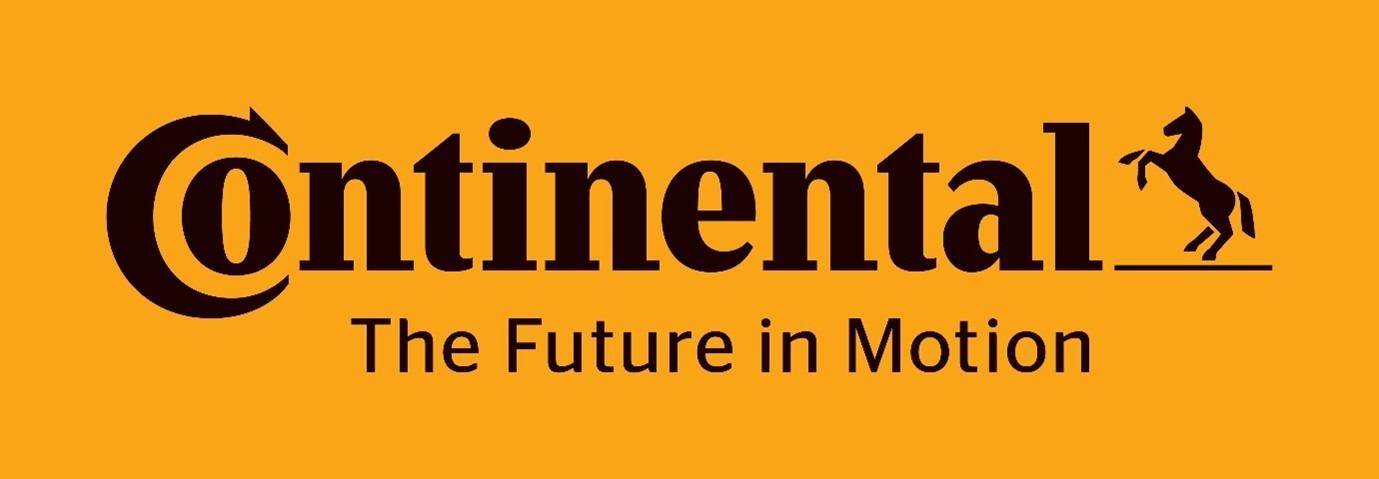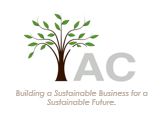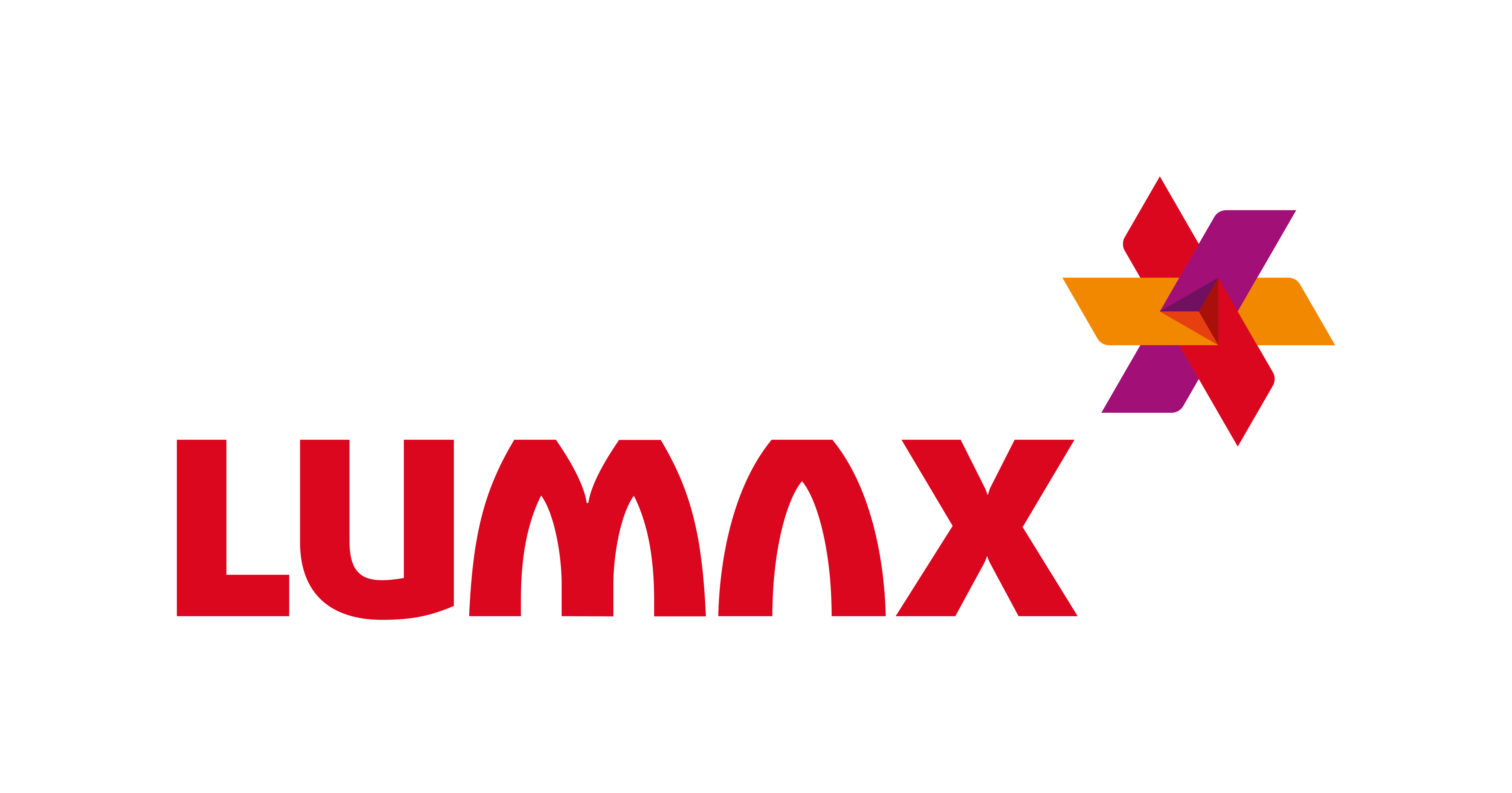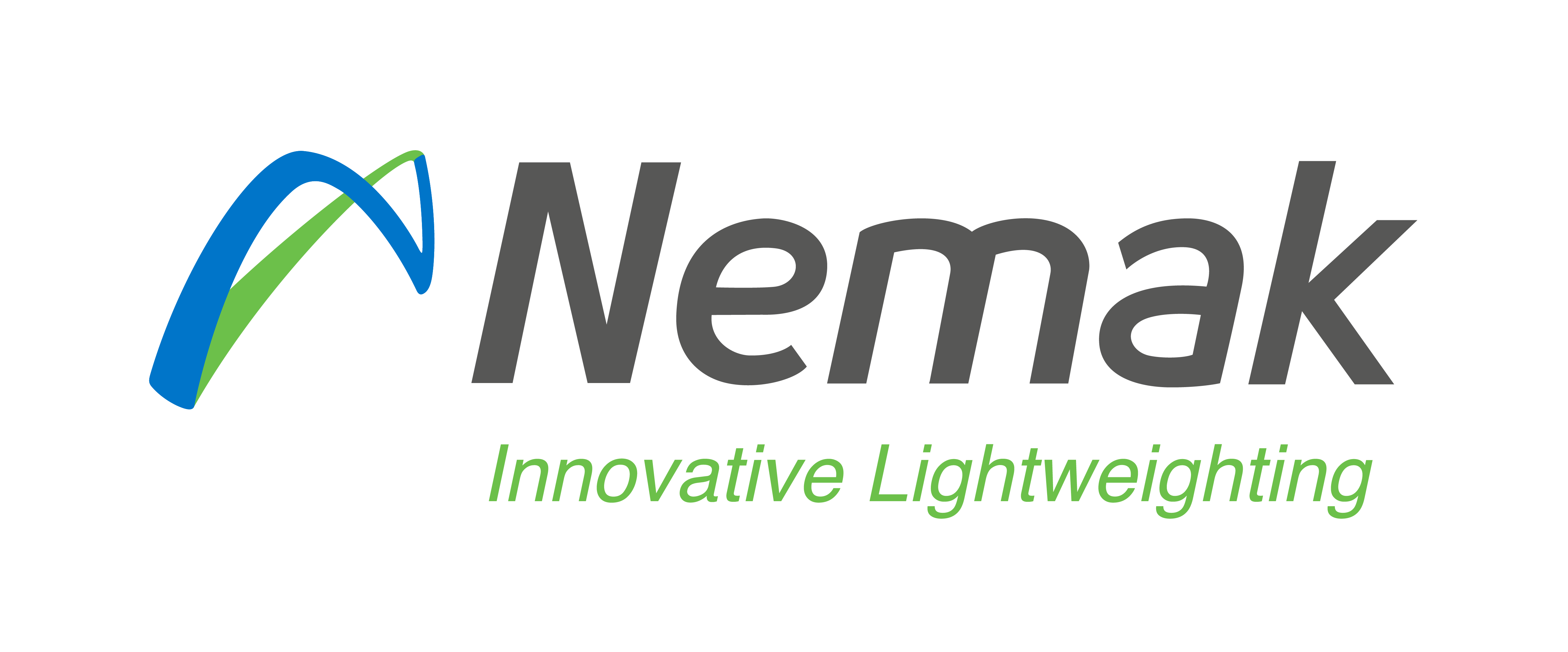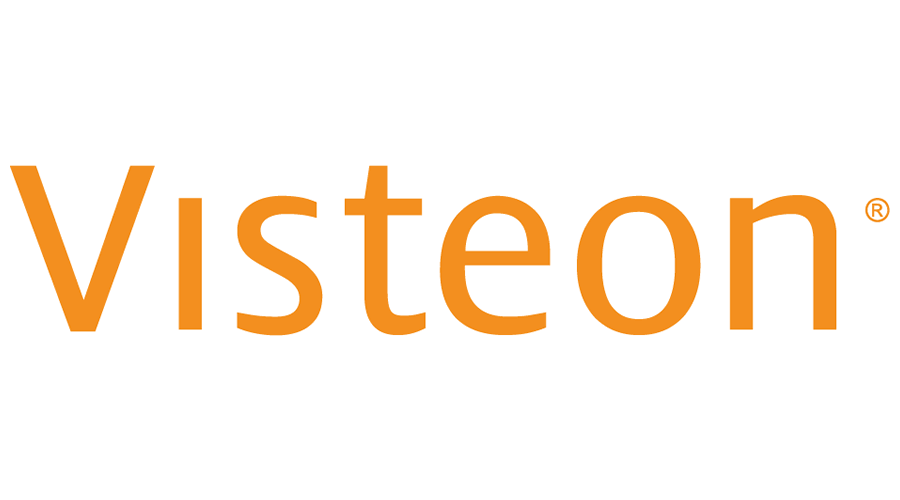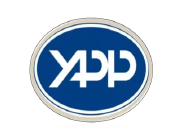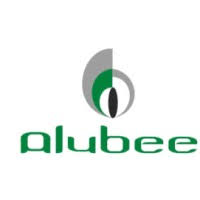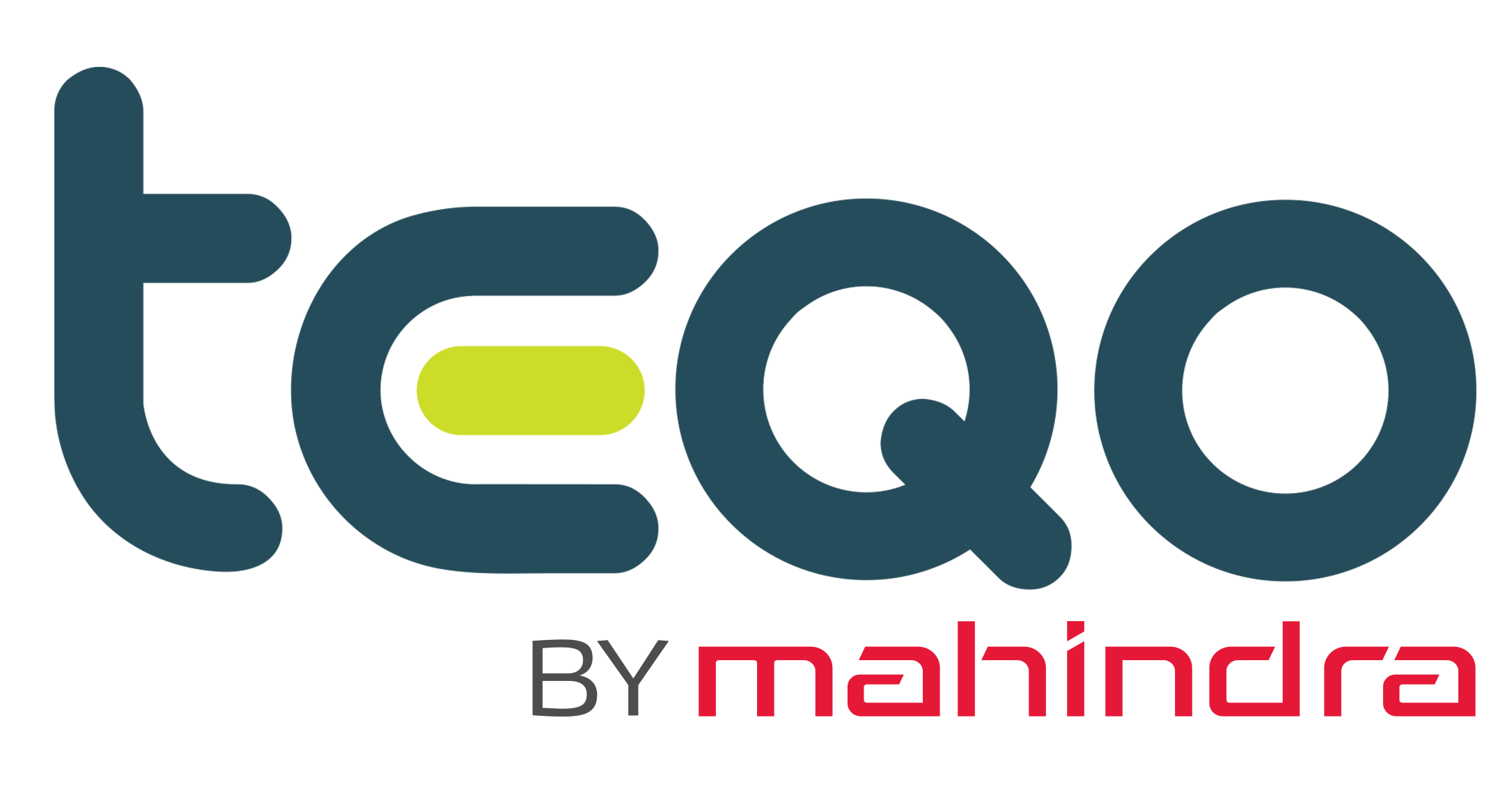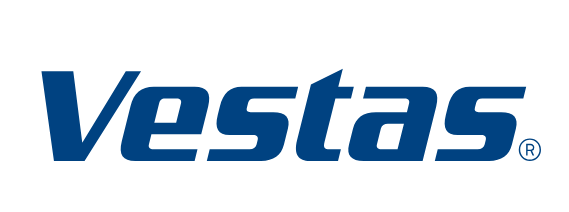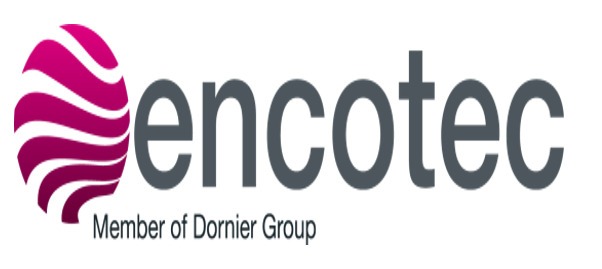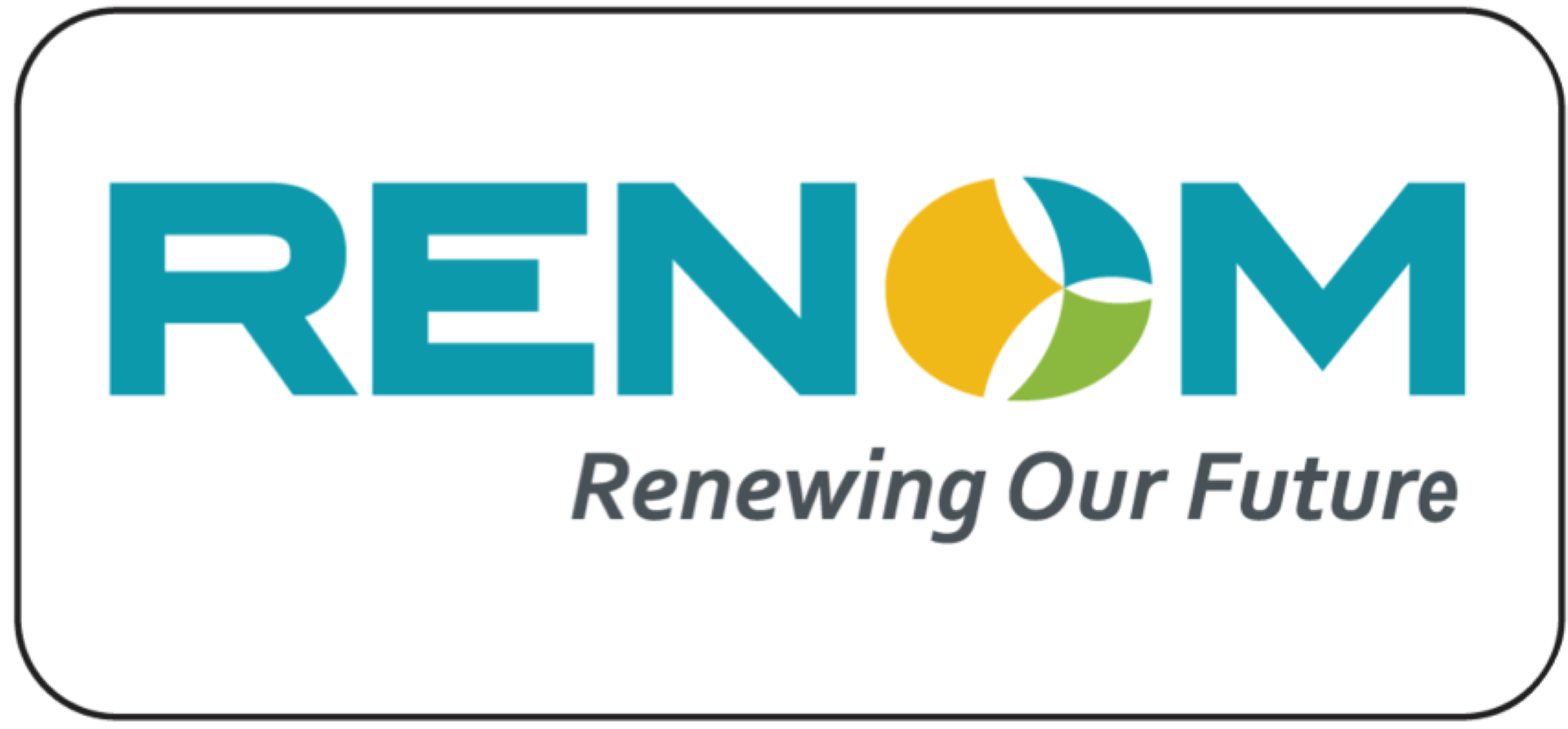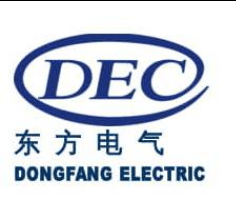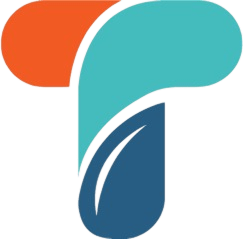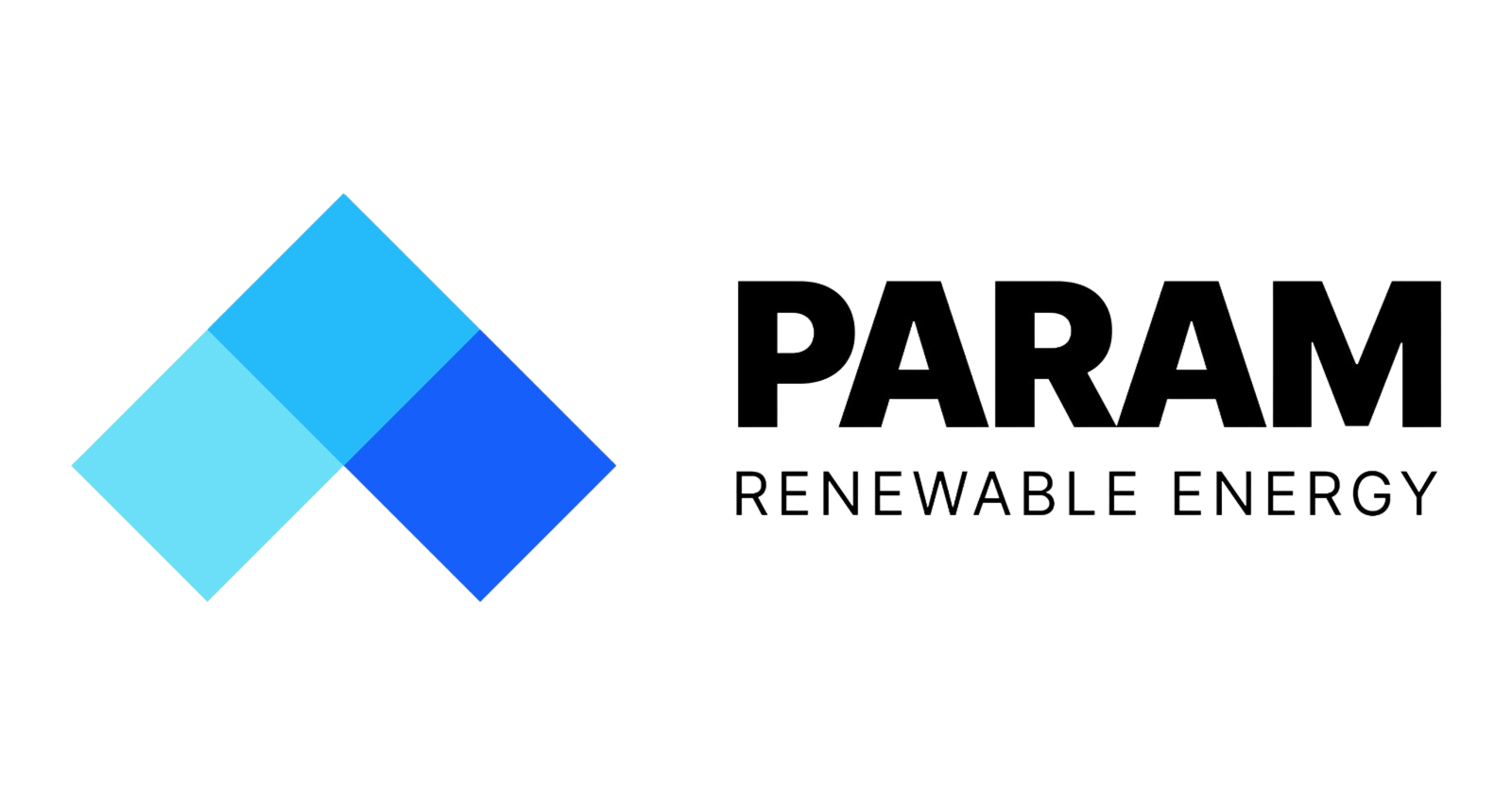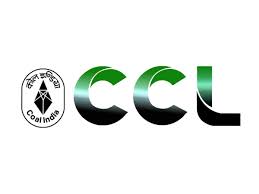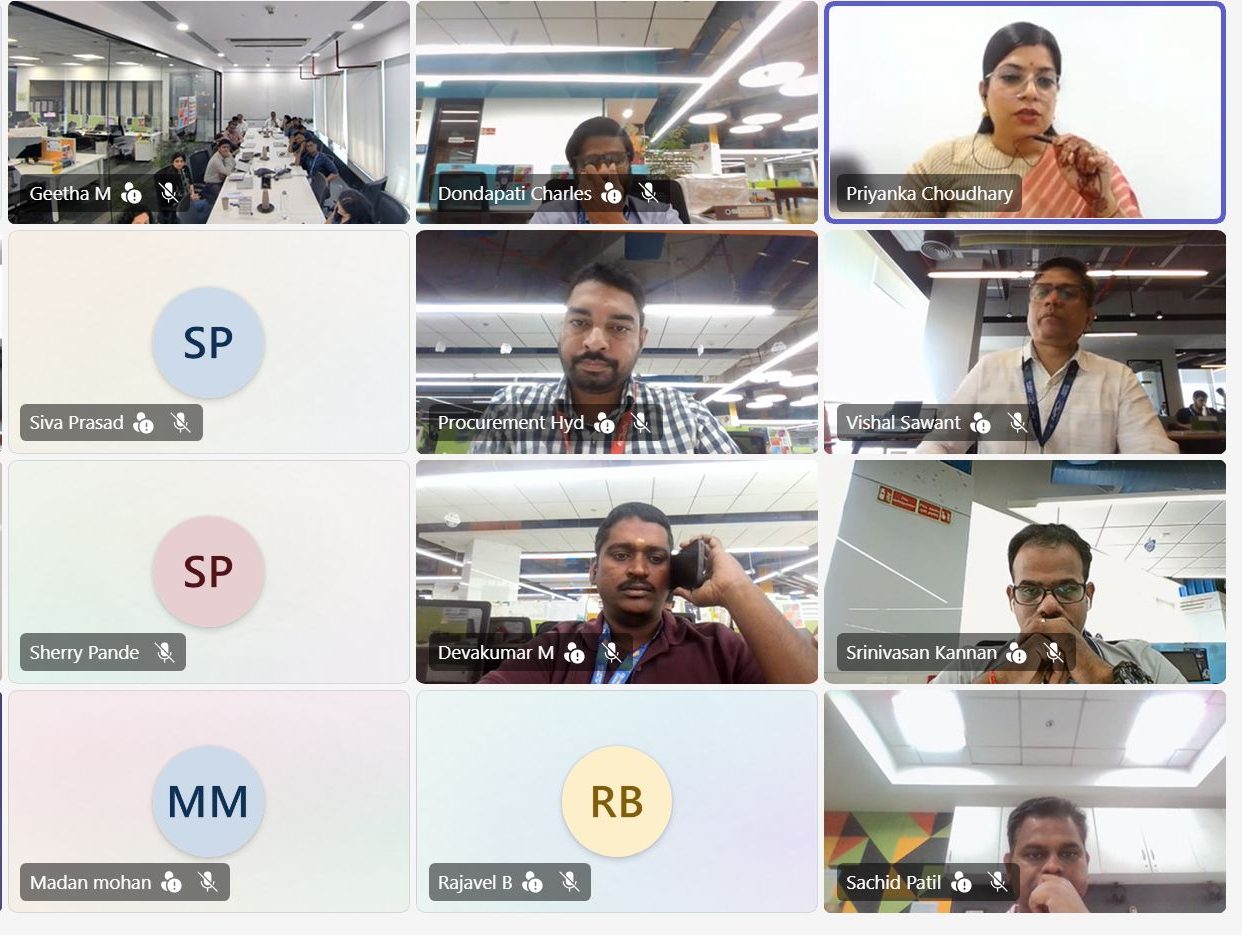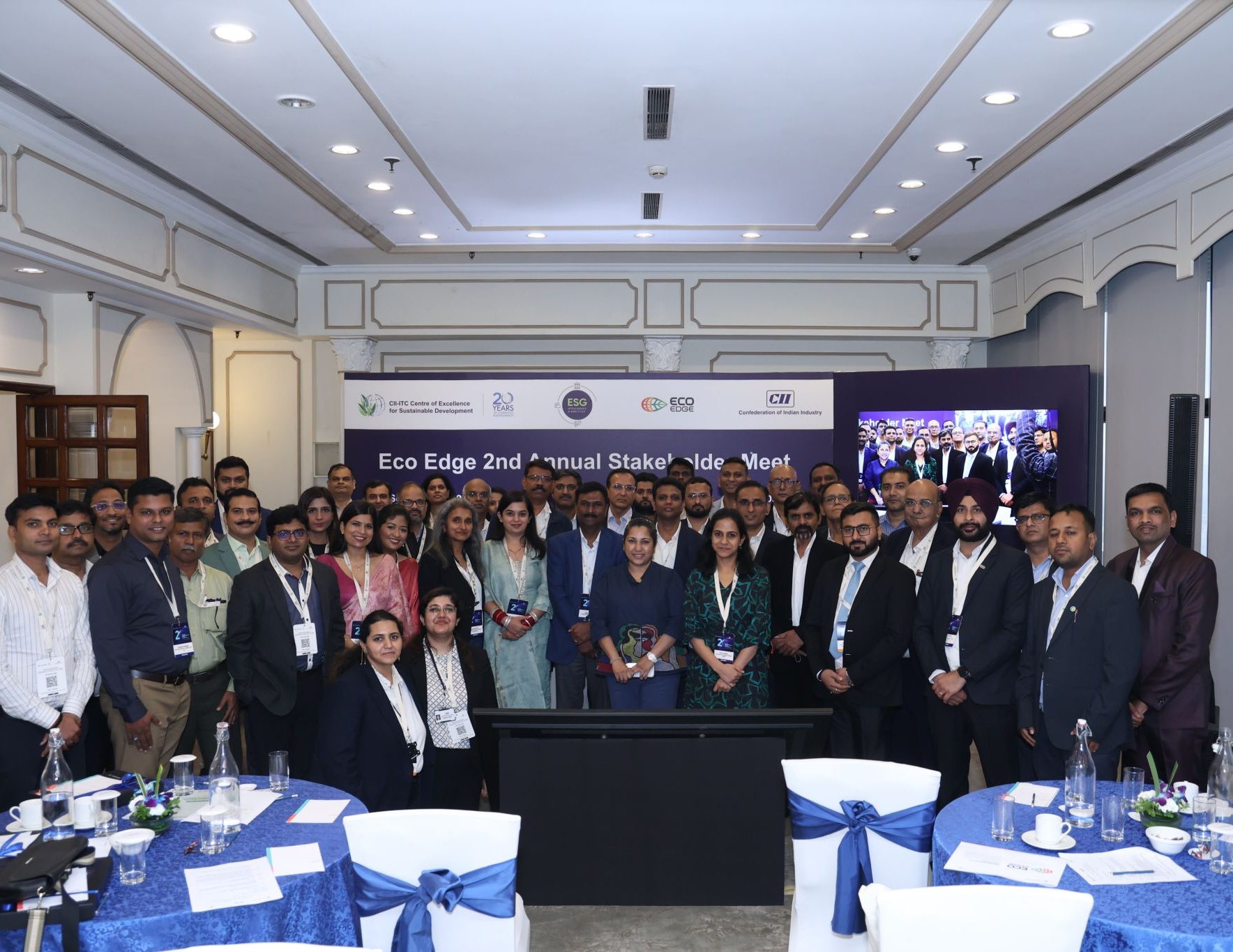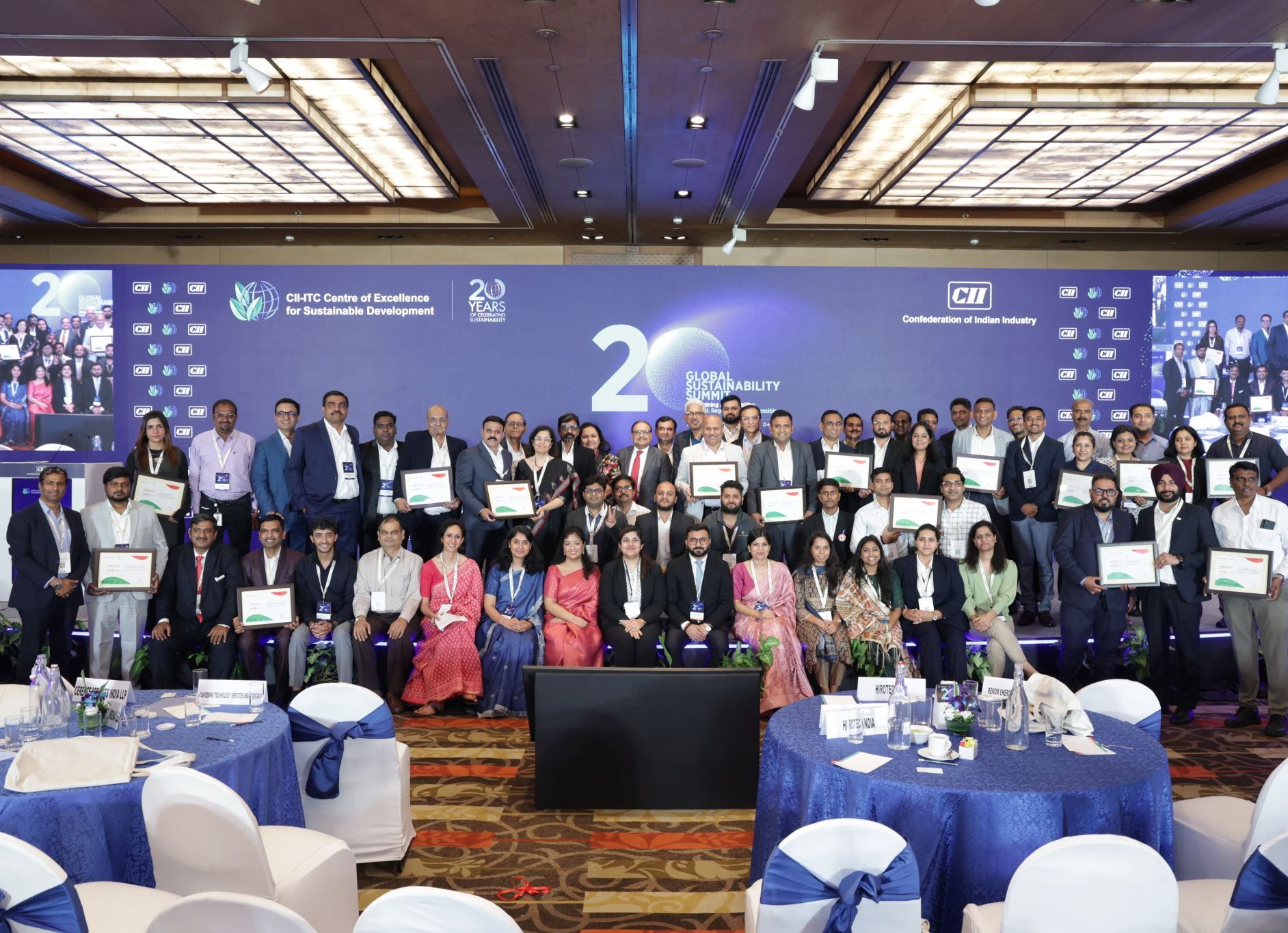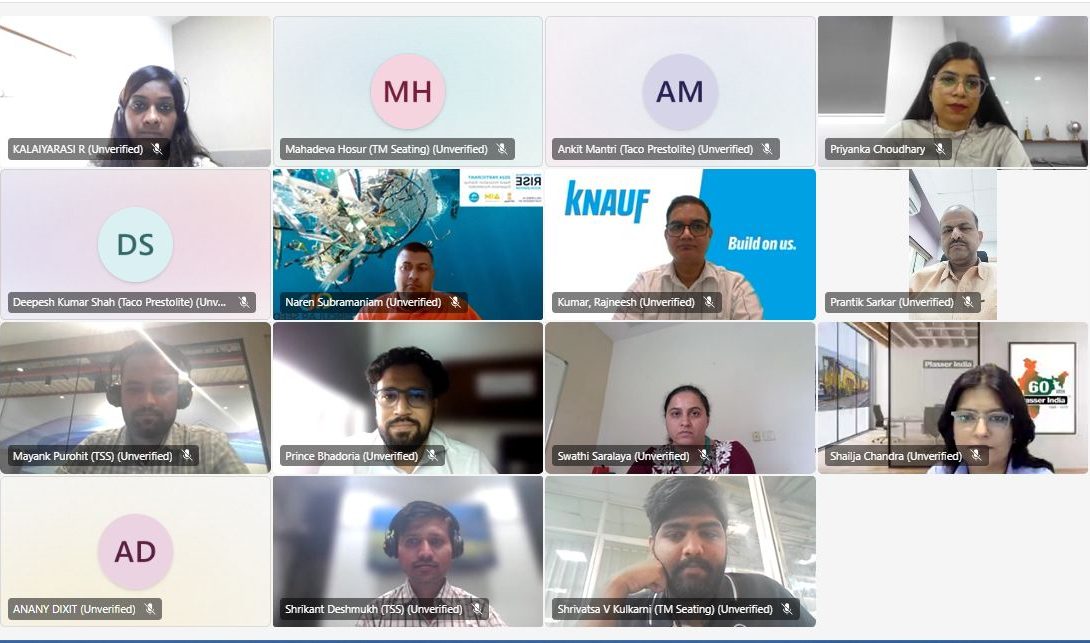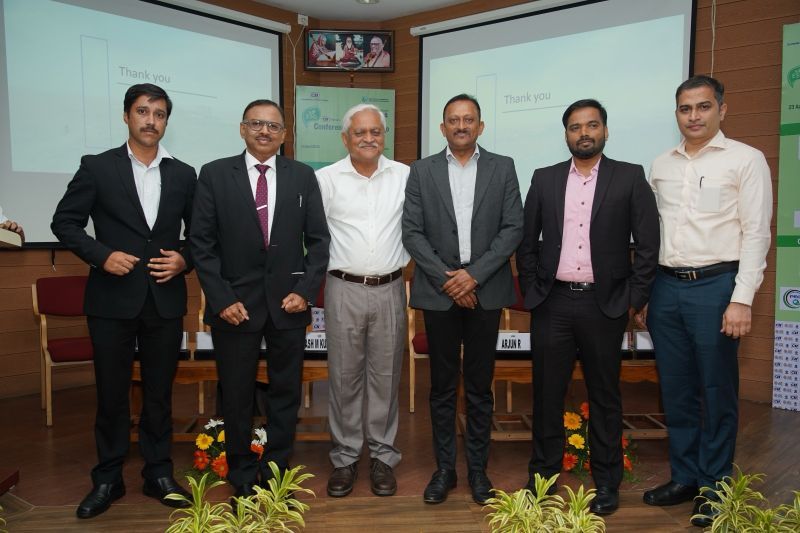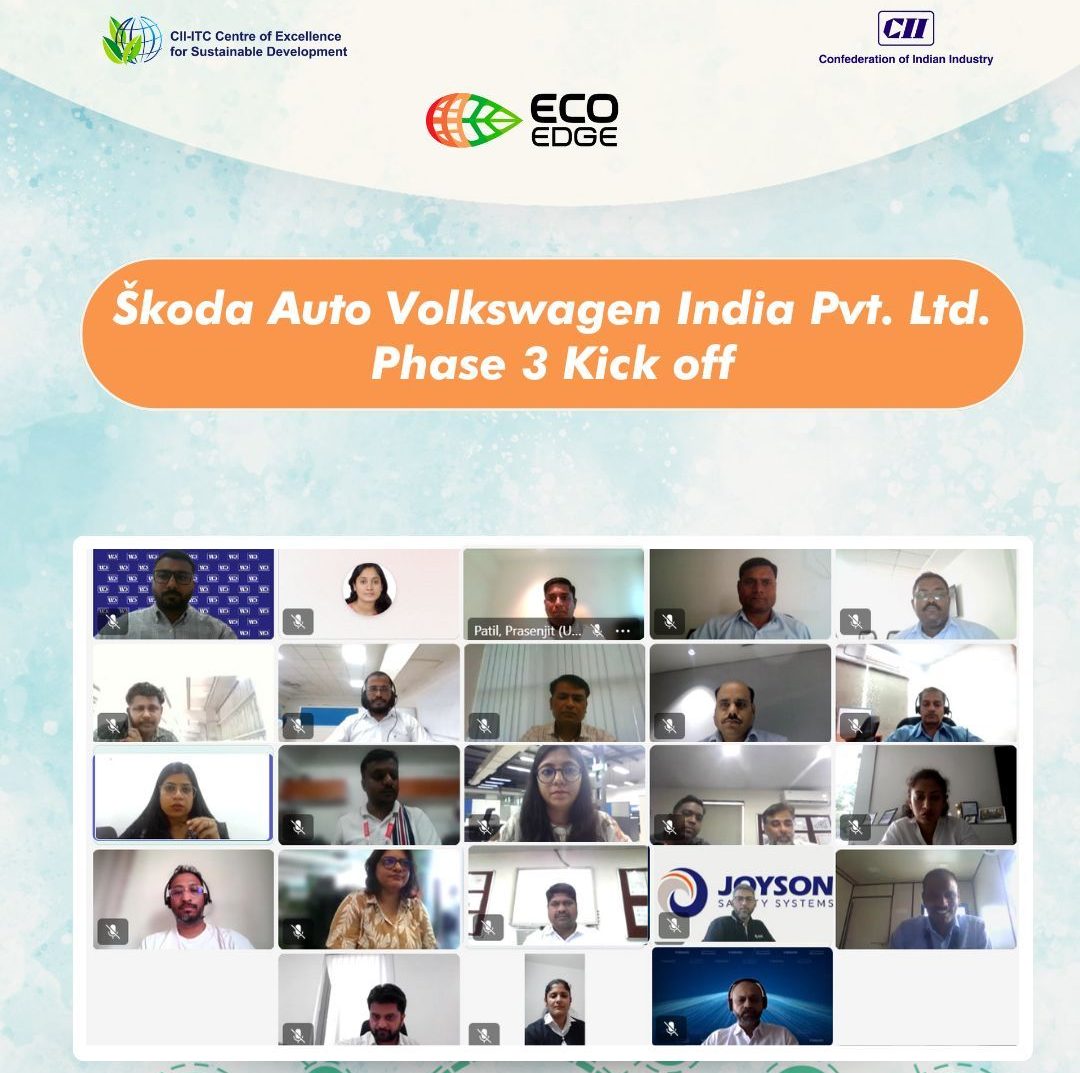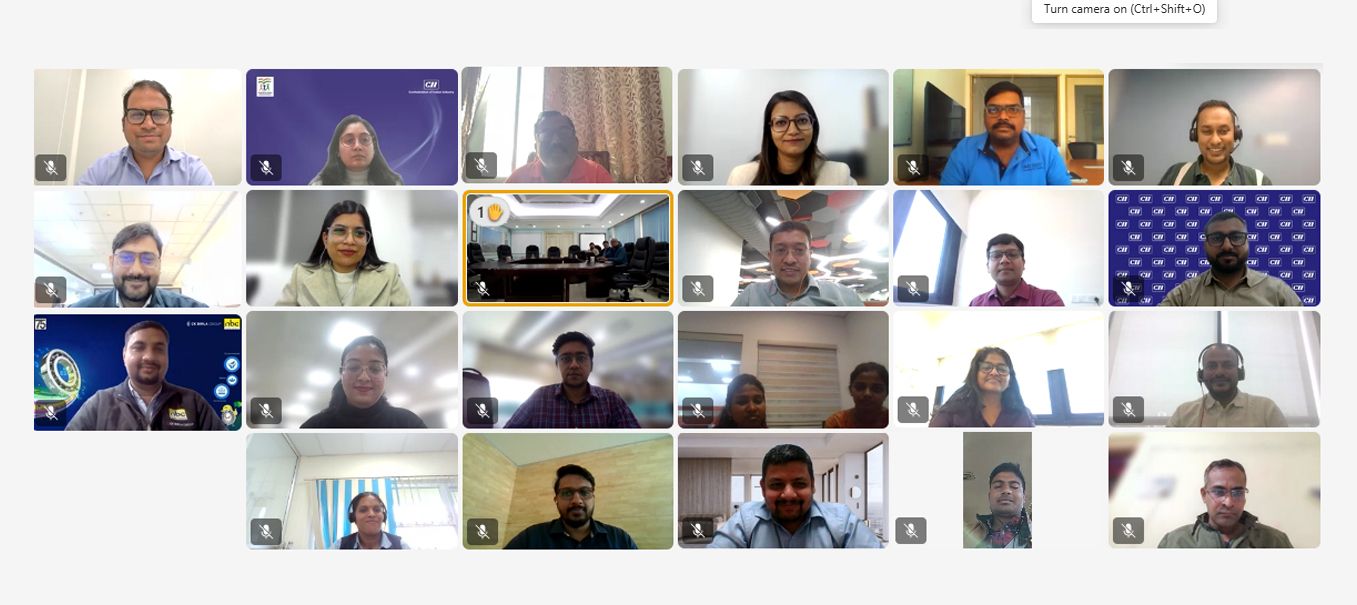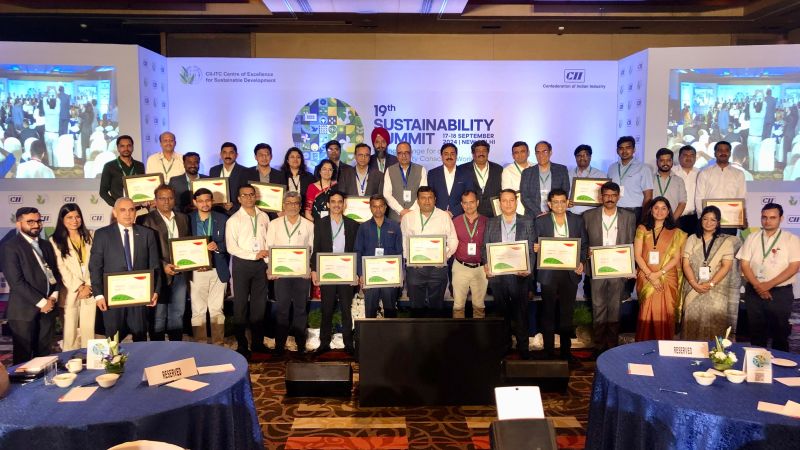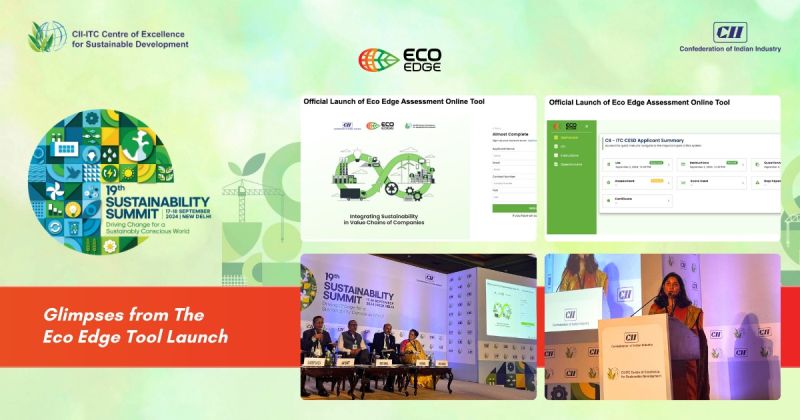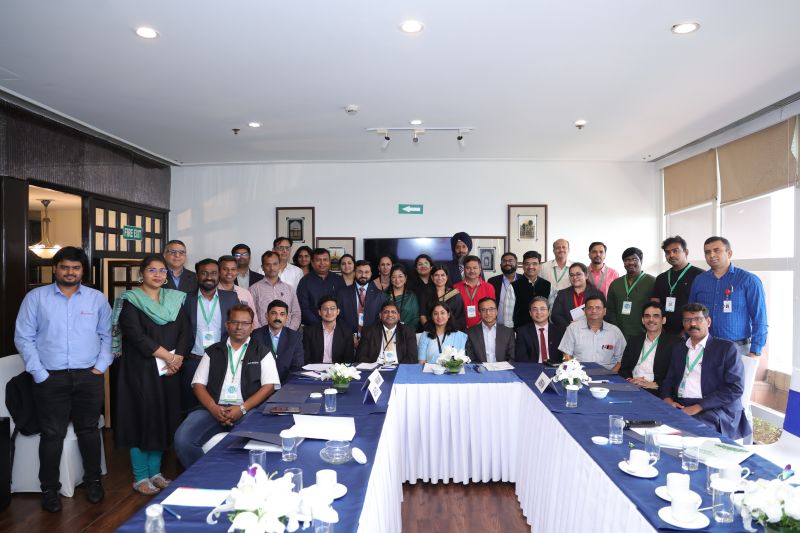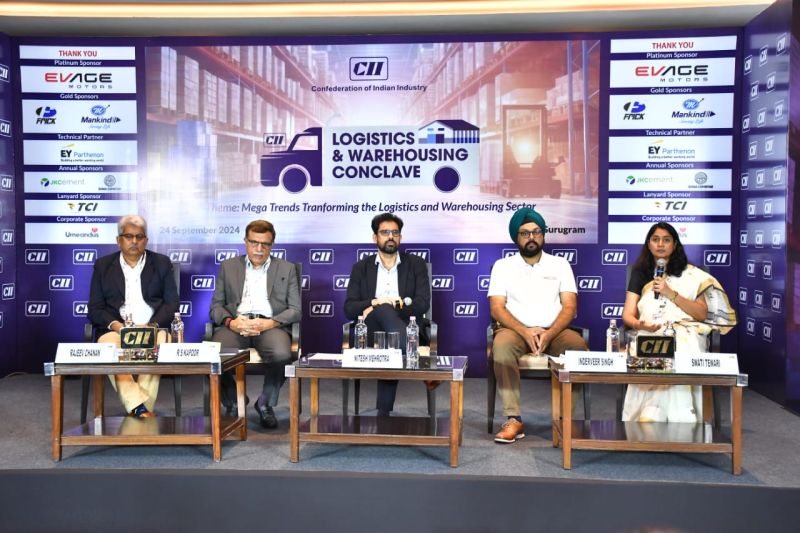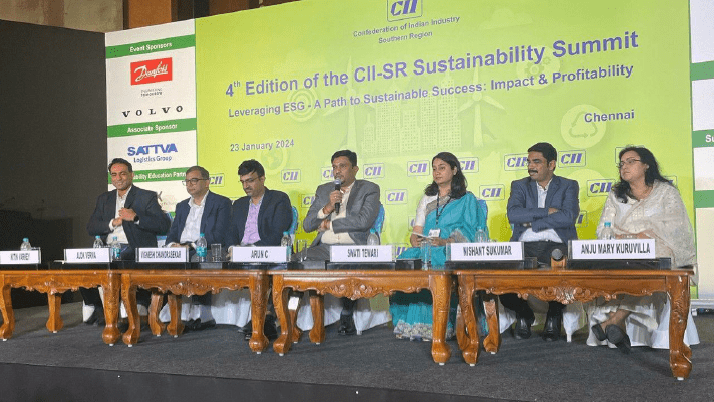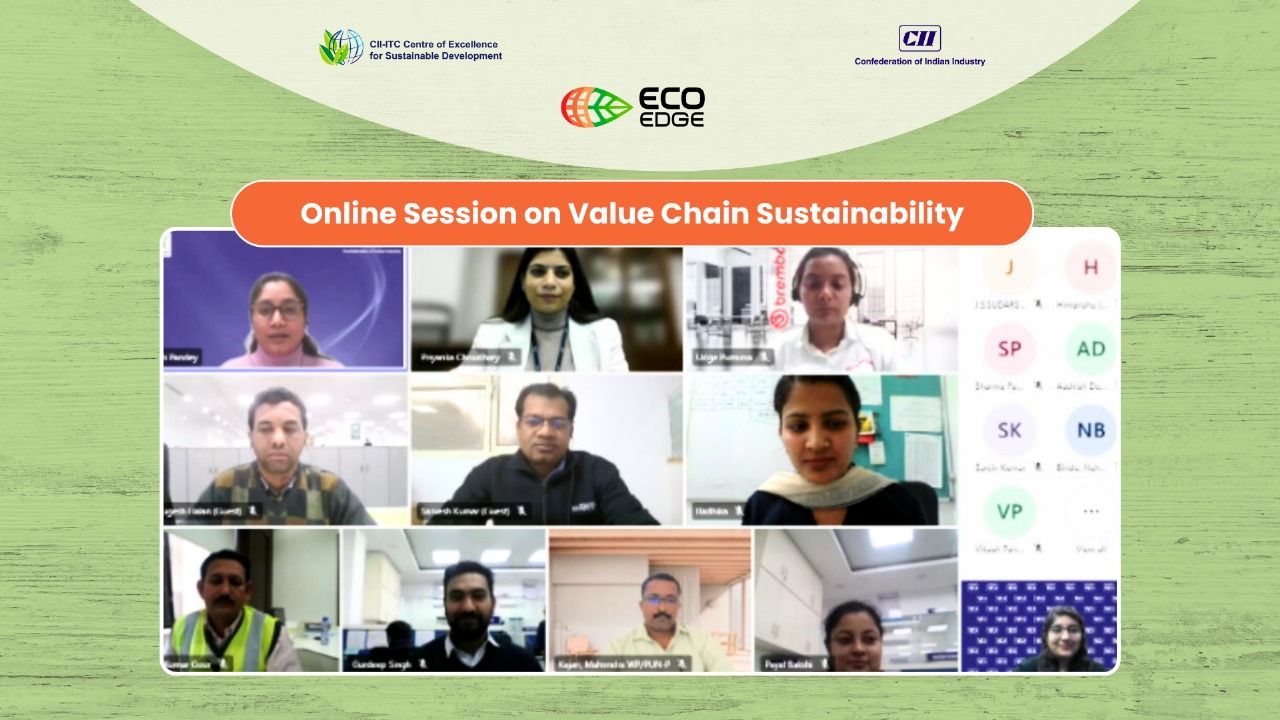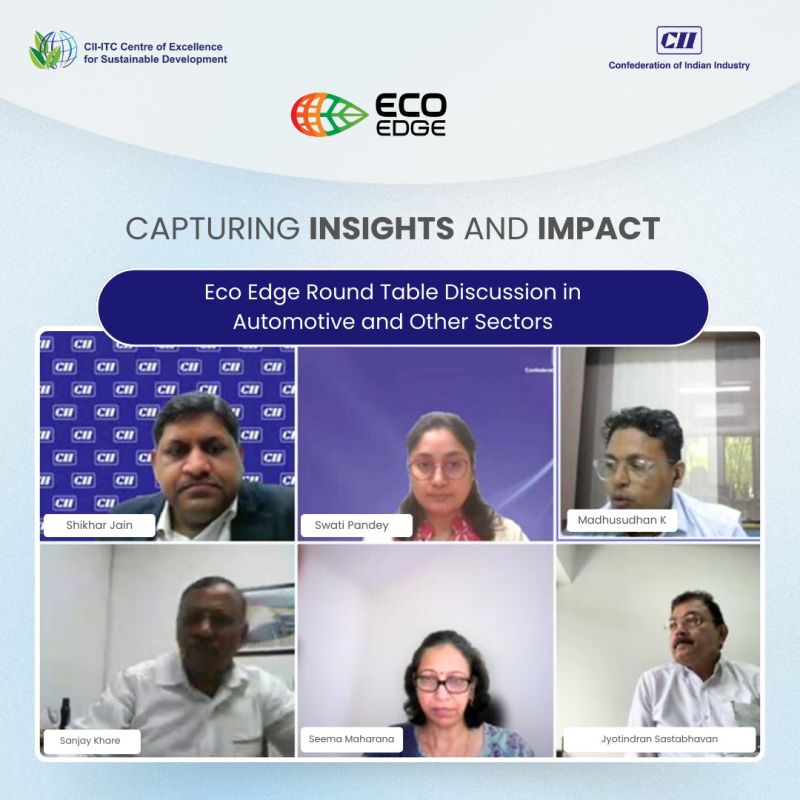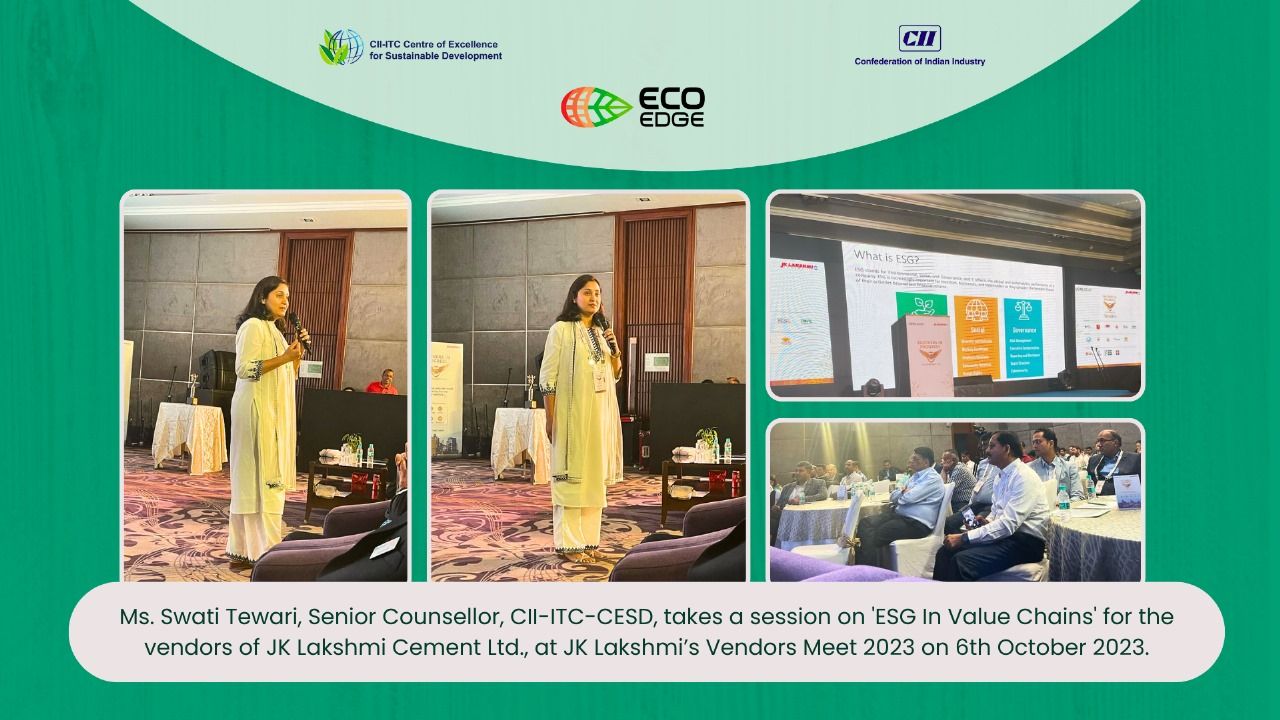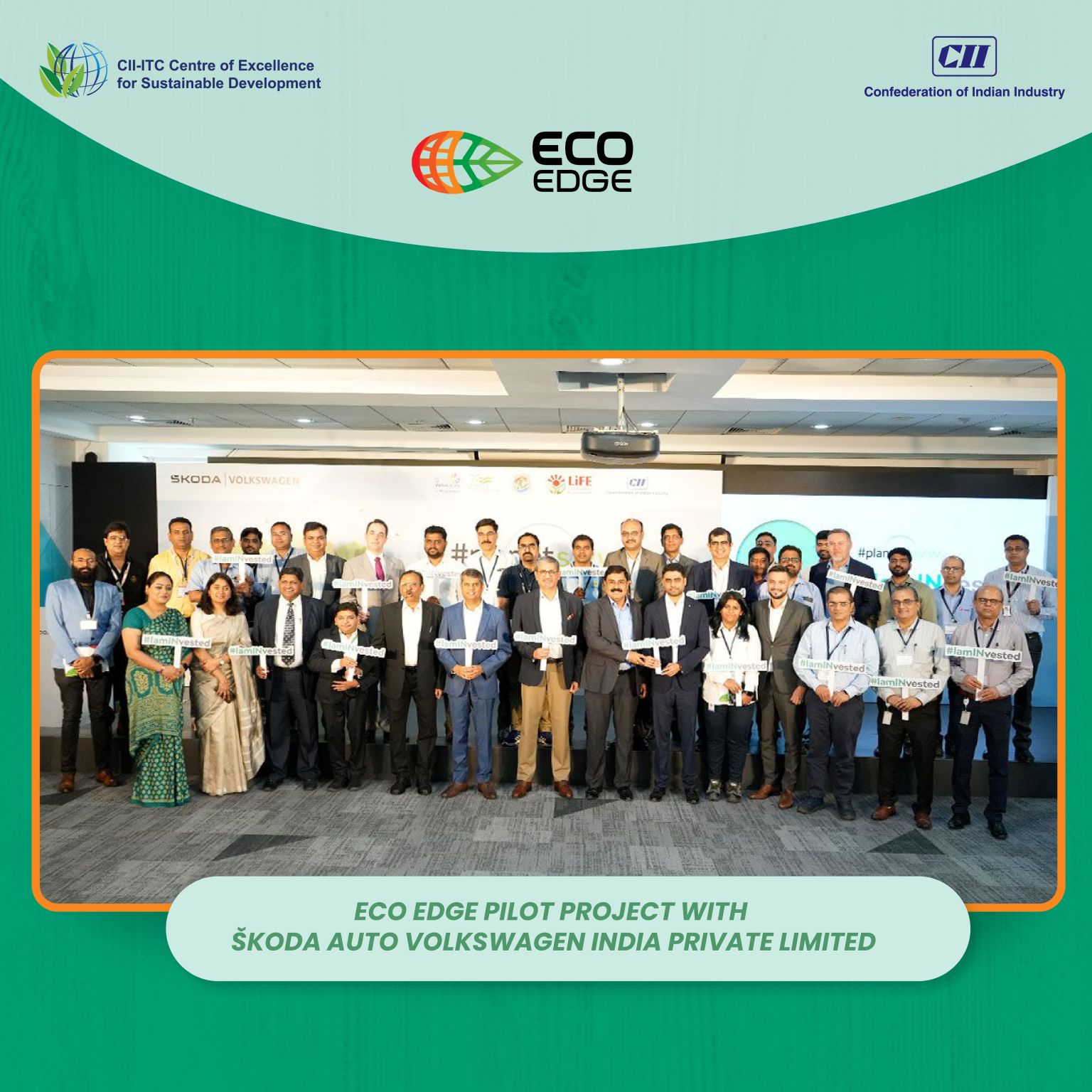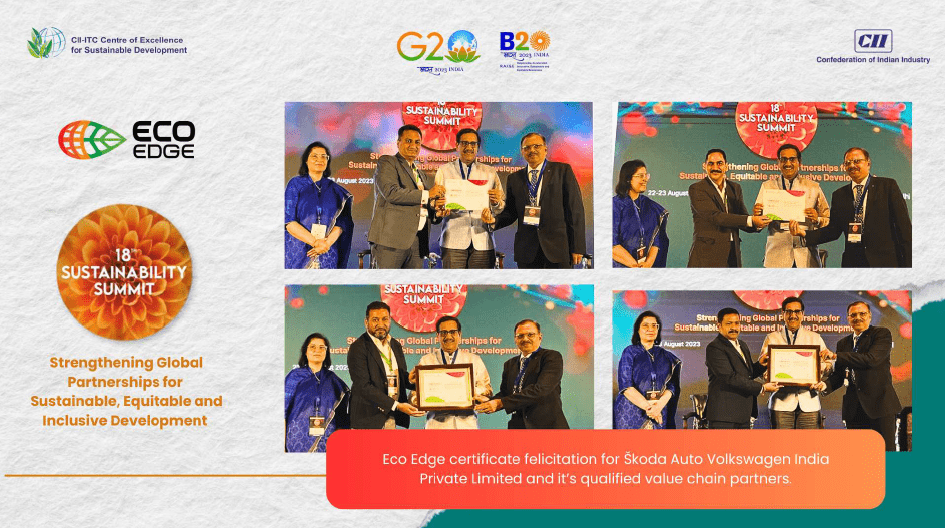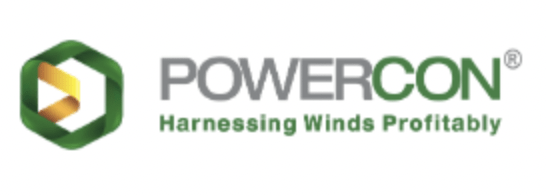Integrating Sustainability in Value Chains of Companies
About us
CII Eco Edge program aims at integrating sustainability in the value chains of the companies. This initiative evaluates the sustainability performance of both sourcing companies and their chosen value chain partners, focusing on key areas of environmental and social responsibility through a sectoral approach. Through Eco Edge, companies’ and their value chain partners gain a platform to enhance their environmental and social practices, fostering resilience. The initiative is also intended to help companies prepare for the evolving national and global regulatory landscape on value chain sustainability.
Program Objectives:
- Help companies manage their scope 3 emissions.
- Establish a network of sustainable vendors.
- Improve sustainability performance of MSMEs.
- Prepare Indian companies on evolving national and global regulatory frameworks
- Enhance the sustainability of companies’ procurement functions
Key Focus Areas
Human Rights
Circularity
Health & Safety
Decarbonization
Identify
sustainability/ESG risks in value chains
Enable
companies towards decarbonization pathways
Prepare
for evolving global regulatory landscape
Improve
SME sustainability/ESG performance
Convert
risks into opportunities with a strategic approach
Improve
brand image on ESG
0
Capacity Building Sessions Conducted
0
Companies Baselined
0
Companies Certified
VOICE OF VENDORS
ECO EDGE FRAMEWORK
Eco Edge supports sustainable value chains through an internally developed framework, implemented via a SaaS-based tool. The primary goal is to assist companies in pinpointing key sustainability gaps within their value chains. The process involves enhancing the sustainability capabilities of value chains through tailored recommendations and action plans aligned with the respective industry. The framework takes the form of a comprehensive questionnaire, complemented by a guidance document for value chain companies. Covering approximately 85 questions, it addresses environmental, social, and sector-specific aspects, aligning with select indicators of BRSR, BRSR Core, CDP, GRI, DJSI, and more. This adaptable framework is customized based on sector-specific nuances and emerging regulations.
Process
1

Commitment by the company & selected value chain partners
2

Training & capacity building of partners
3

Assessment of companies and partners by CII trained assessors
4

GAP report based on the assessments
5

Maturity level certificates
Services
Foundation
Capacity Building Programs
Value chain awareness and skill enhancement on sustainability
Experties
Tool Based Baseline Assessment
Assessment on Environmental and Social Parameters
Excellence
Certification Program
Eco Edge Trailblazer Eco Edge Progressive Eco Edge Emerging

Sustainability Dashboard
A consolidated dashboard that presents the company’s environmental and social performance data, providing a clear overview of existing practices and key sustainability KPIs.
BRSR Core Dashboard
A snapshot that reflects the status of data tracking against BRSR Core indicators. This dashboard serves as a foundation for strengthening disclosure practices and preparing for evolving regulatory requirements.
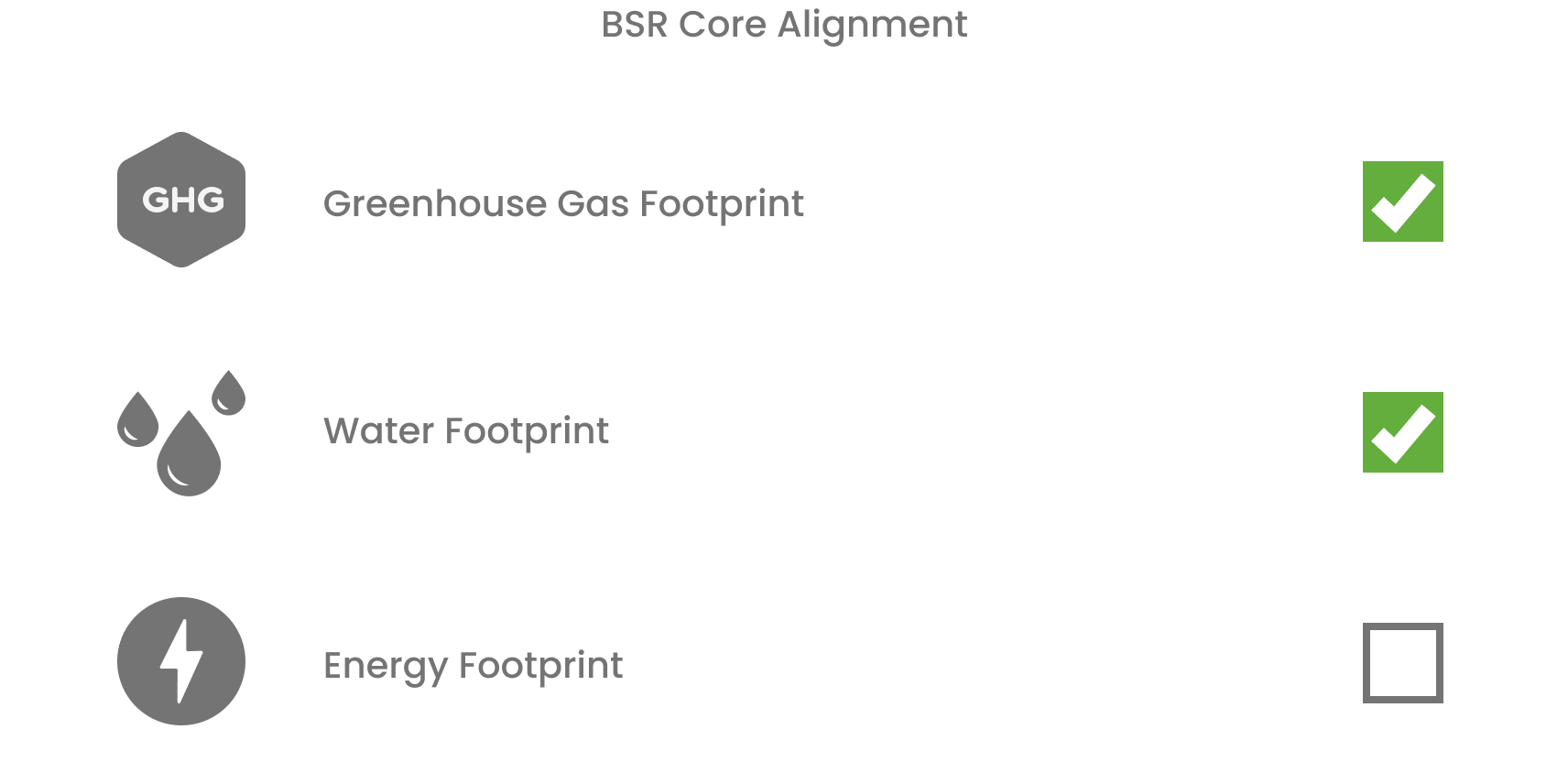
Scorecard
The scorecard offers a breakdown of individual scores in key focus areas such as General, Decarbonisation, Circularity, Health & Safety, and Human Rights. This tool assists in identifying priority areas for improvement.
Gap Report
A comprehensive report for each value chain partner highlighting the gap areas / opportunities for improvement and corresponding action points. A detailed report for the sourcing company providing insights into the entire value chain assessed, including consolidated strengths, identified gaps, a performance comparison between upstream and downstream partners, and best practices.
Maturity Level Certificates
Obtain maturity level certificates upon meeting predetermined thresholds in value chain sustainability. The certification levels include:

Demonstrating initial strides towards integrating sustainability in its operations.

Demonstrating dedication with continuous progress to integrate sustainability in its operations.

Demonstrating excellence with pioneering efforts to integrate sustainability in its operations.
Best Practices
Acquire valuable insights into the top-performing value chain partners regarding environmental and social criteria. Utilize this information to assess, establish targets, and set goals for entire value chain.
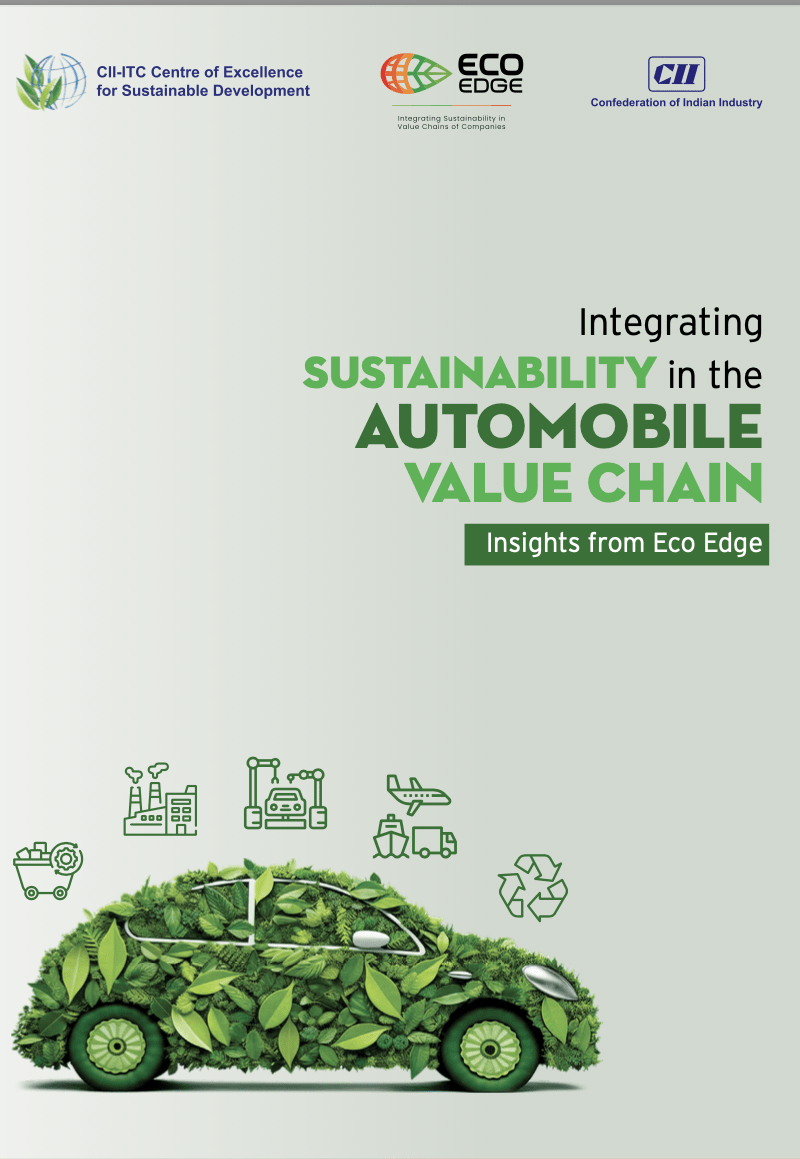
Integrating Sustainability in the Automobile Value Chain
The automobile sector significantly contributes to global innovation and economic growth, particularly in India. However, it faces substantial environmental and social challenges, including high carbon emissions, energy and water consumption, and poor working conditions. Increasing global regulations, such as the BRSR, and various national transparency and modern slavery acts demand thorough evaluations of companies' environmental and human rights practices.
In response to these pressures, the CII-ITC Centre of Excellence for Sustainable Development launched the Eco Edge program. This report, "Integrating Sustainability in the Automobile Value Chain," provides insights from the Eco Edge pilot, involving 3 Original Equipment Manufacturers (OEMs) and 150 Value Chain Partners (VCPs). It focuses on Decarbonization, Circularity, Health & Safety, and Human Rights, highlighting progress in emissions reduction, renewable energy adoption, water management, and social well-being initiatives.
The report provides a roadmap for integrating sustainability into operations by emphasizing the need for dedicated resources, capacity building, sustainable procurement, and transparency.
Companies participating in Eco Edge can achieve maturity-based certification, demonstrating their commitment to sustainability and joining a network of sustainable vendors.
For more information, contact priyanka.choudhary@cii.in & sherry.pande@cii.in
Integrating Sustainability in the Automobile Value Chain
The automobile sector significantly contributes to global innovation and economic growth, particularly in India. However, it faces substantial environmental and social challenges, including high carbon emissions, energy and water consumption, and poor working conditions. Increasing global regulations, such as the BRSR, and various national transparency and modern slavery acts demand thorough evaluations of companies' environmental and human rights practices. In ... Read More
The automobile sector significantly contributes to global innovation and economic growth, particularly in India. However, it faces substantial environmental and social challenges, including high carbon emissions, ... Read More
Global Regulations Mandating Sustainability in Supply Chains
 INDIA | Effective : July 2023
INDIA | Effective : July 2023
Business Responsibility and Sustainability Reporting (BRSR) Core
Based on the recommendations of the ESG Advisory Committee and pursuant to public consultation, The Securities and Exchange Board of India (SEBI) decided to introduce the BRSR Core for assurance by listed entities. The Board further decided to introduce disclosures and assurance for the value chain of listed entities, as per the BRSR Core. The BRSR Core is a sub-set ... Read More
Based on the recommendations of the ESG Advisory Committee and pursuant to public consultation, The Securities and Exchange Board of India (SEBI) decided to introduce the ... Read More
 INDIA | Effective : May 2021
INDIA | Effective : May 2021
Business Responsibility and Sustainability Reporting (BRSR)
The Securities and Exchange Board of India (SEBI) has introduced the Business Responsibility and Sustainability Reporting (BRSR) to enhance transparency and accountability in the corporate sector. This regulation is designed to standardize reporting on environmental, social, and governance (ESG) parameters, encouraging companies to adopt sustainable practices.
The Securities and Exchange Board of India (SEBI) has introduced the Business Responsibility and Sustainability Reporting (BRSR) to enhance transparency and accountability in the corporate sector. ... Read More
 United States | Effective : January 2012
United States | Effective : January 2012
California Transparency in Supply Chains Act
The California Transparency in Supply Chains Act requires companies doing business in California to disclose their efforts to combat human trafficking and modern slavery within their supply chains. This regulation is designed to promote transparency and encourage companies to take action against unethical labour practices.
The California Transparency in Supply Chains Act requires companies doing business in California to disclose their efforts to combat human trafficking and modern slavery within their ... Read More
 European Union (EU) | Effective : January 2023
European Union (EU) | Effective : January 2023
CSRD (Corporate Sustainability Reporting Directive)
The European Union's Corporate Sustainability Reporting Directive (CSRD) aims to improve and standardize sustainability reporting across the EU. This regulation builds upon the existing Non-Financial Reporting Directive (NFRD), ensuring that companies provide detailed and comparable data on their sustainability performance.
The European Union's Corporate Sustainability Reporting Directive (CSRD) aims to improve and standardize sustainability reporting across the EU. This regulation builds upon the existing Non-Financial Reporting ... Read More
 Germany | Effective : January 2023
Germany | Effective : January 2023
German Supply Chain Due Diligence Act (LkSG)
The German Supply Chain Due Diligence Act or Lieferkettensorgfaltspflichtengesetz (LkSG), enacted to enforce human rights and environmental standards throughout the supply chains of companies operating in Germany. This act aims to prevent violations such as forced labour, child labour, and environmental damage, not just within a company's own operations but also among its suppliers and subcontractors, both domestically and internationally.
The German Supply Chain Due Diligence Act or Lieferkettensorgfaltspflichtengesetz (LkSG), enacted to enforce human rights and environmental standards throughout the supply chains of companies operating in ... Read More
 Norway | Effective : July 2022
Norway | Effective : July 2022
Norway Transparency Act
The Norway Transparency Act is a key regulation requiring large and mid-sized companies operating in Norway to publicly disclose their efforts to uphold human rights and fair working conditions across their supply chains. This act highlights the importance of corporate accountability and transparency, with a strong emphasis on responsible business practices.
The Norway Transparency Act is a key regulation requiring large and mid-sized companies operating in Norway to publicly disclose their efforts to uphold human rights and ... Read More
 United Kingdom | Effective : October 2015
United Kingdom | Effective : October 2015
UK Modern Slavery Act
The Modern Slavery Act is a landmark regulation aimed at combating modern slavery, human trafficking, and forced labour. The Act requires companies to take steps to ensure that their operations and supply chains are free from such practices. By promoting transparency and accountability, the Act encourages companies to demonstrate their commitment to ethical business conduct.
The Modern Slavery Act is a landmark regulation aimed at combating modern slavery, human trafficking, and forced labour. The Act requires companies to take steps to ... Read More
Word From Our Vendors
Eco Edge Certificate Felicitation Ceremony 2025
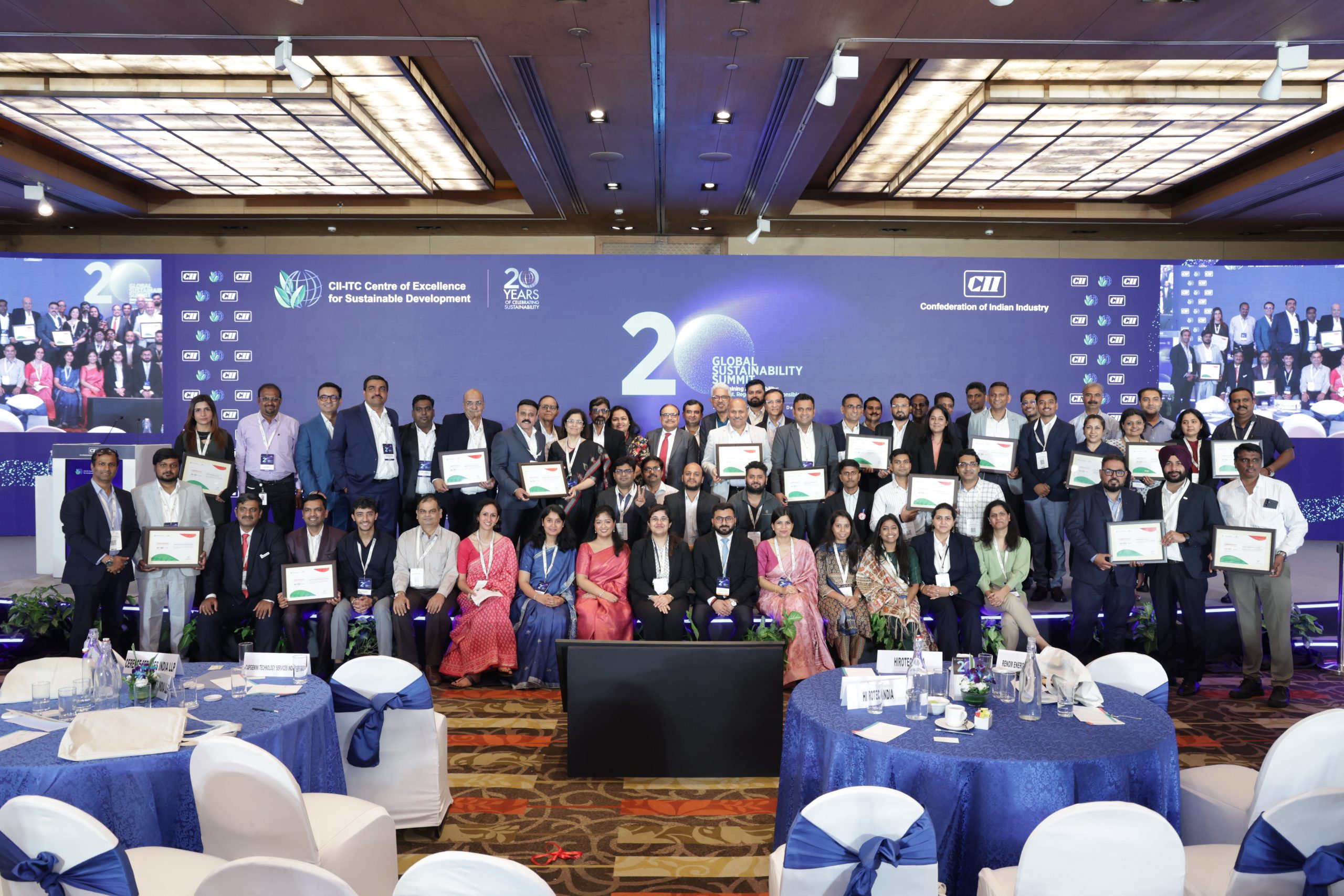
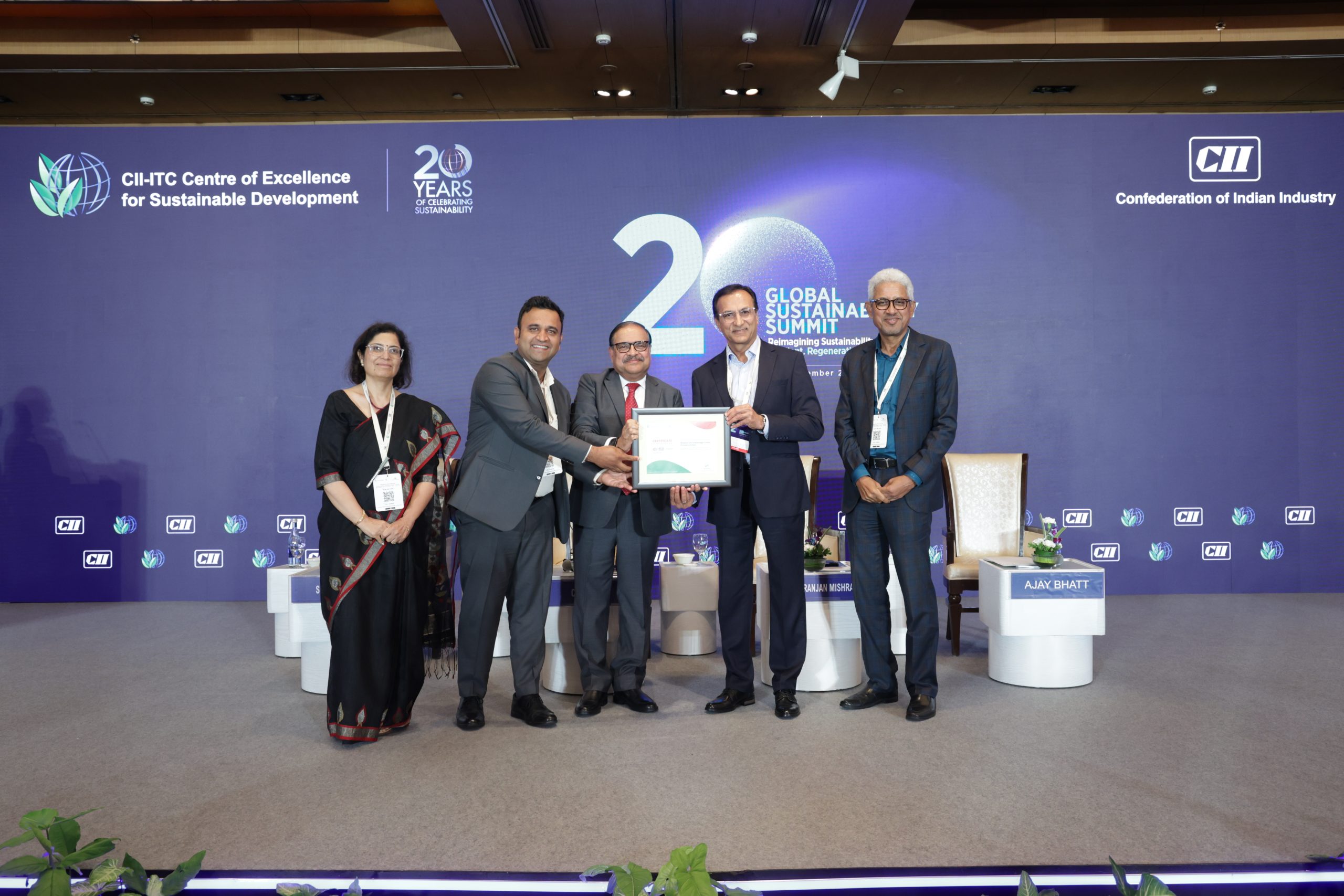
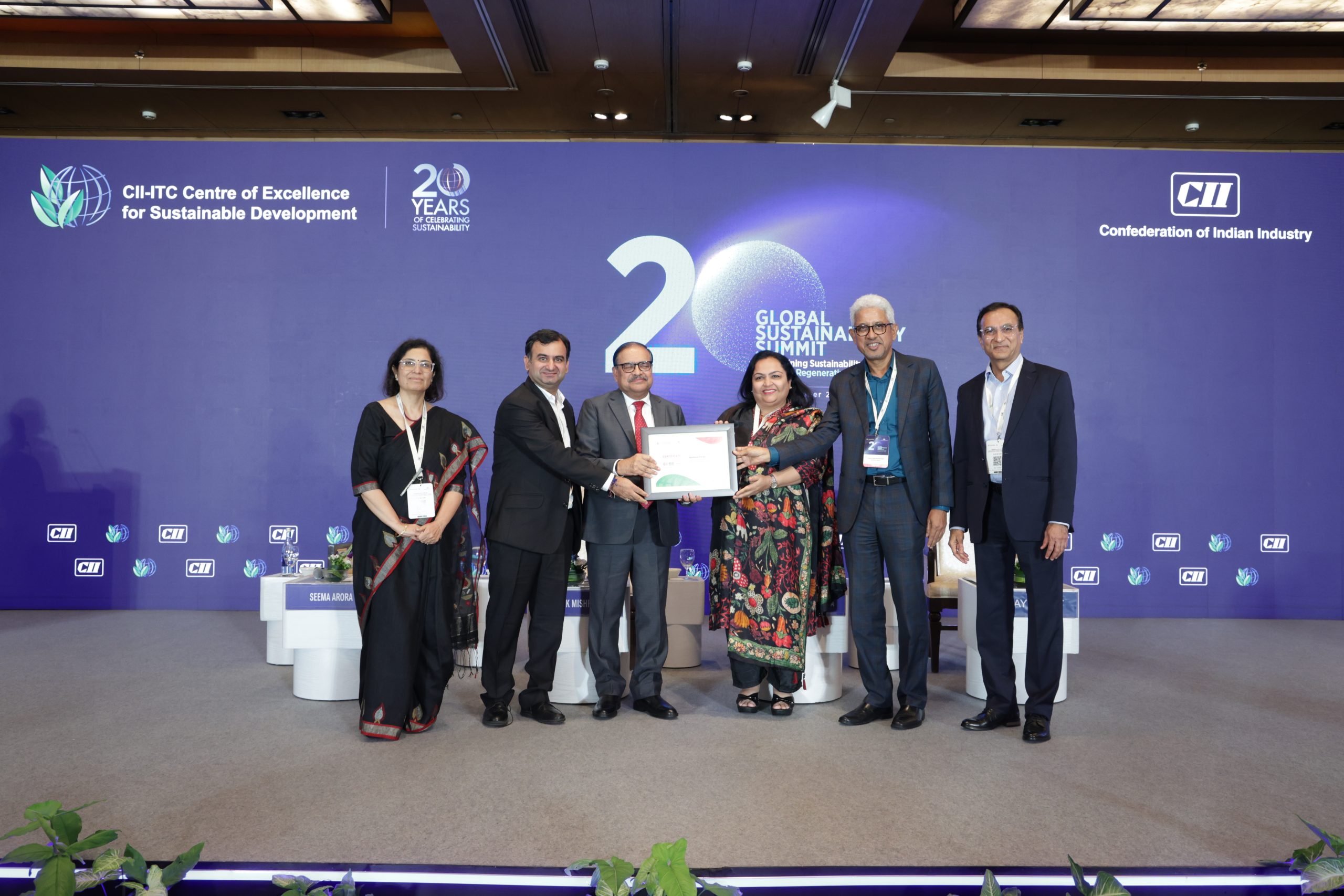
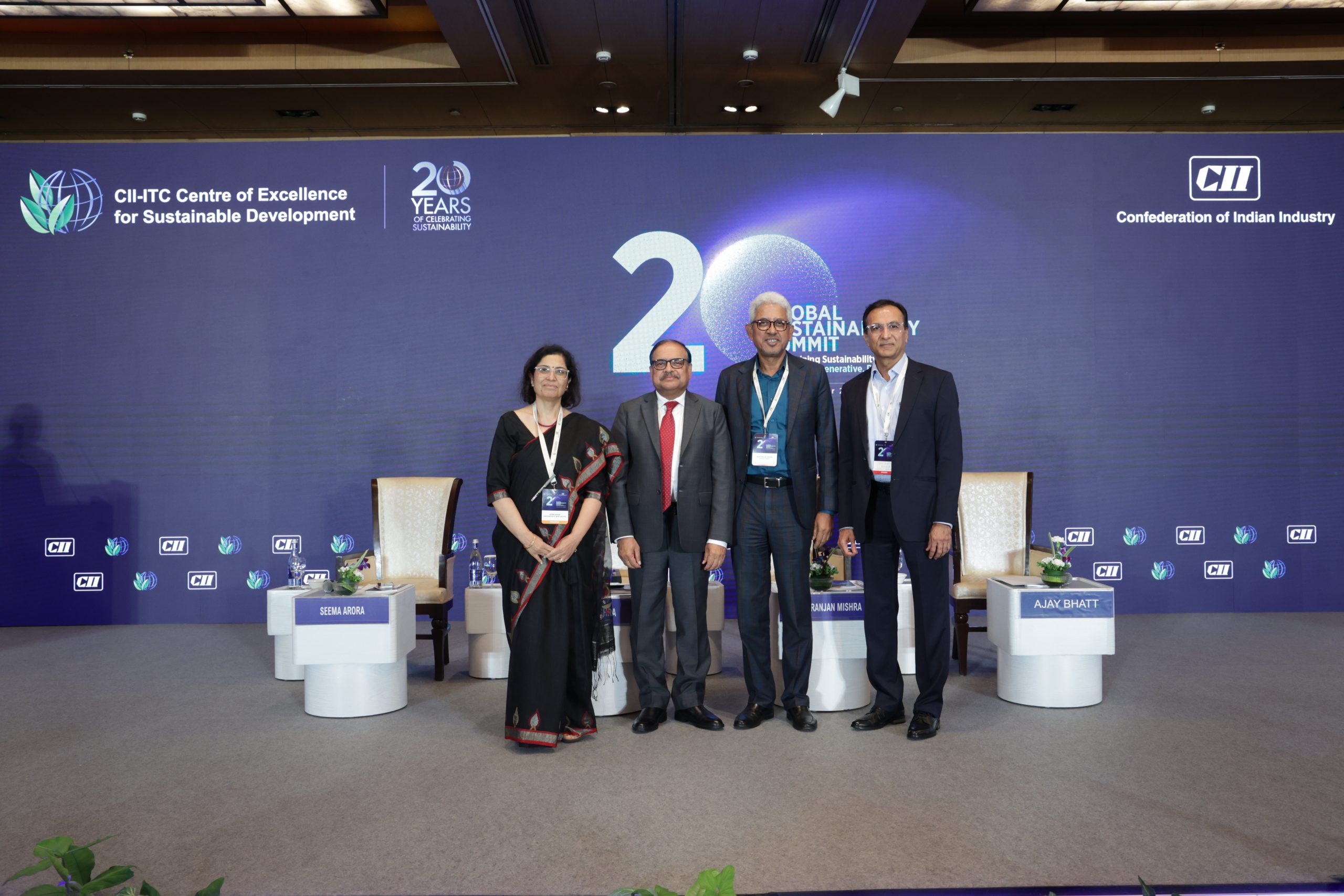
2nd Annual Eco Edge Stakeholders Roundtable 2025
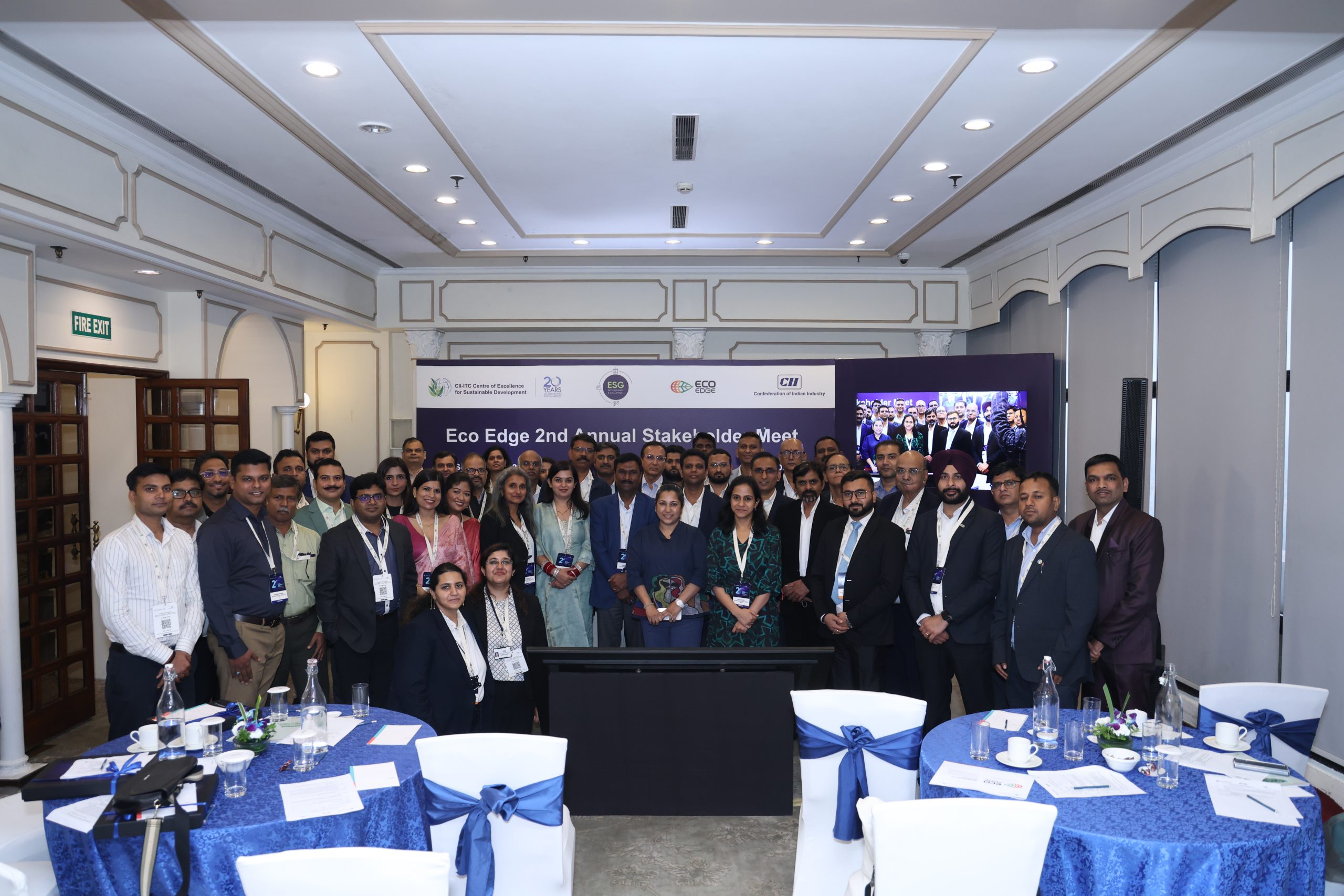
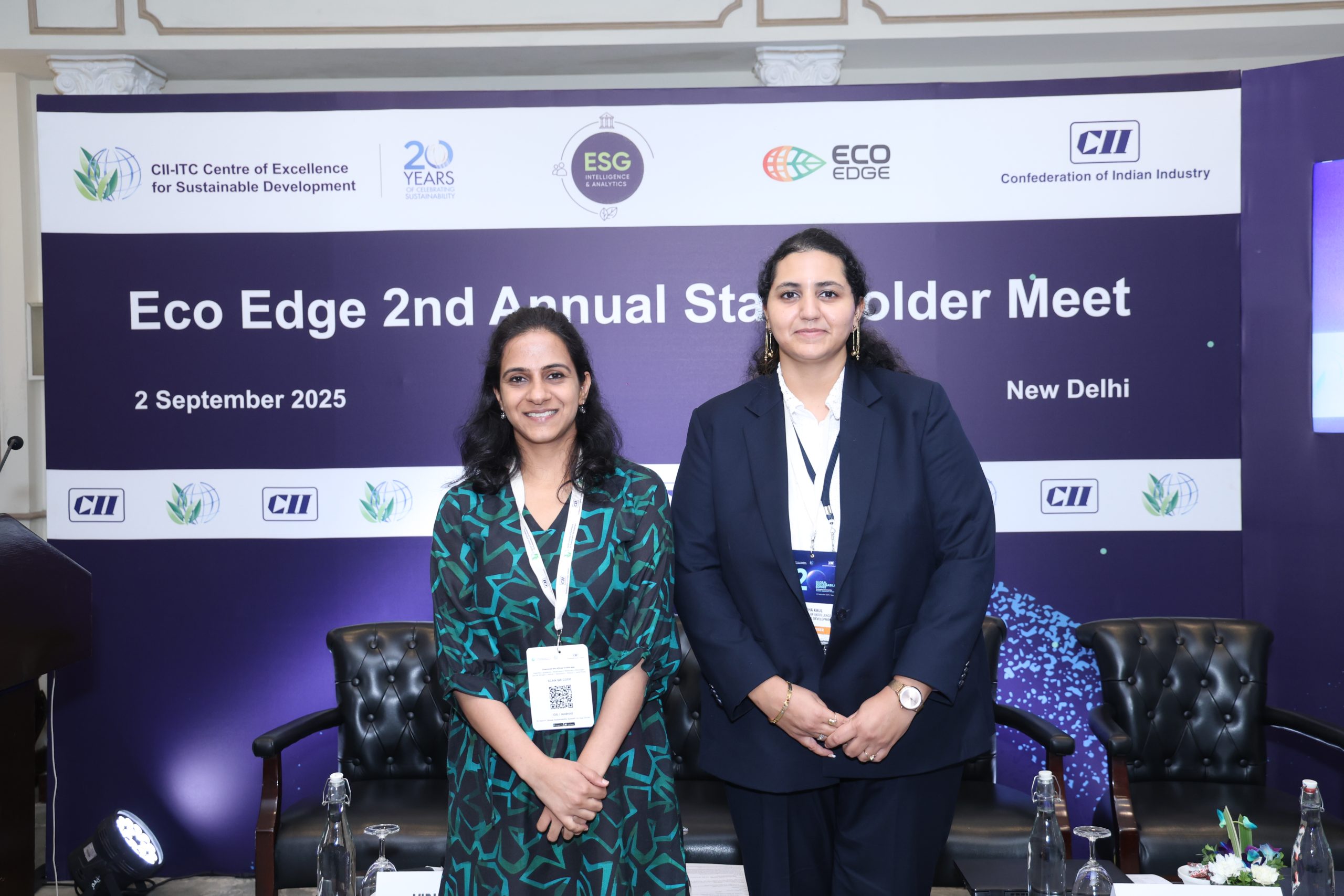
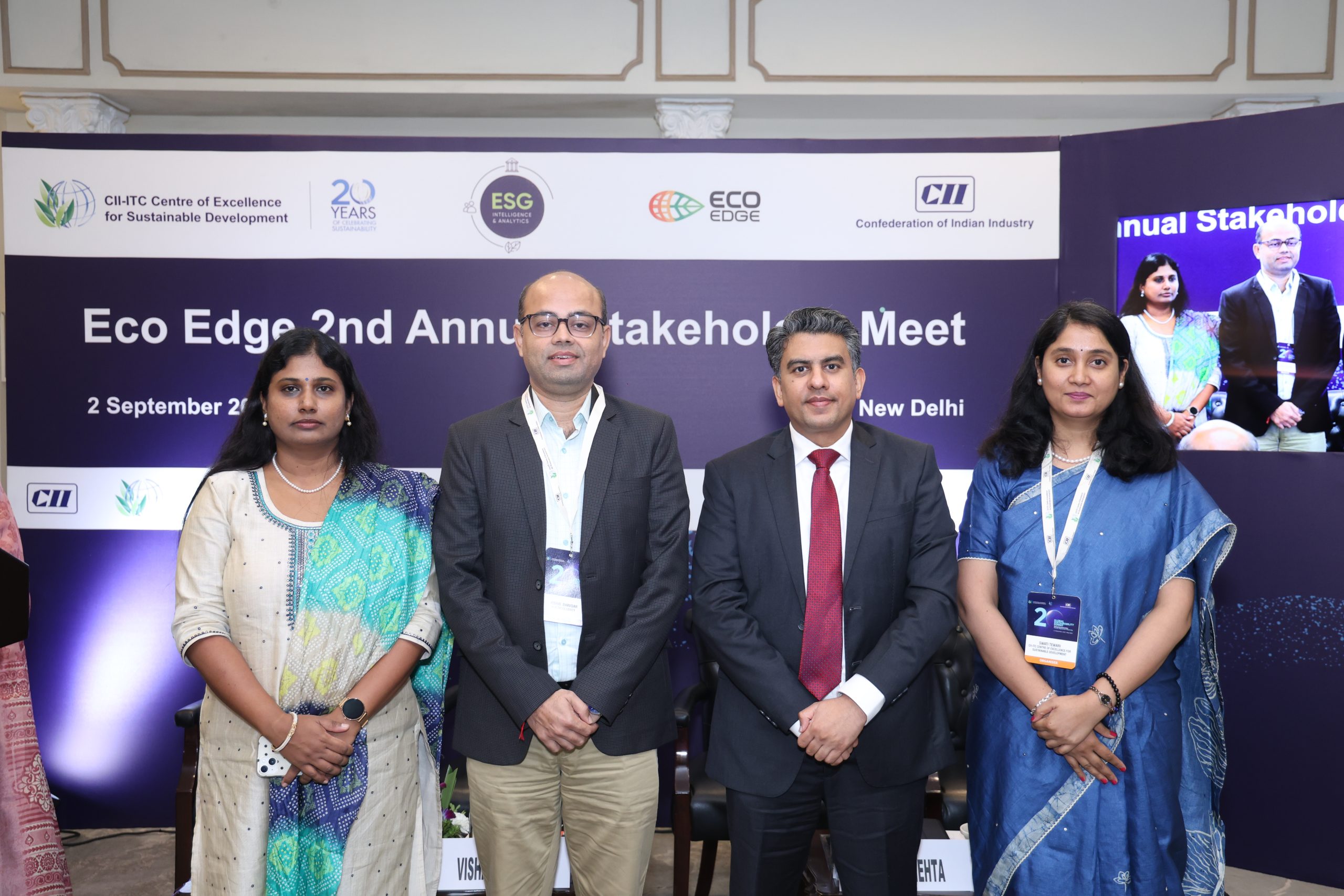
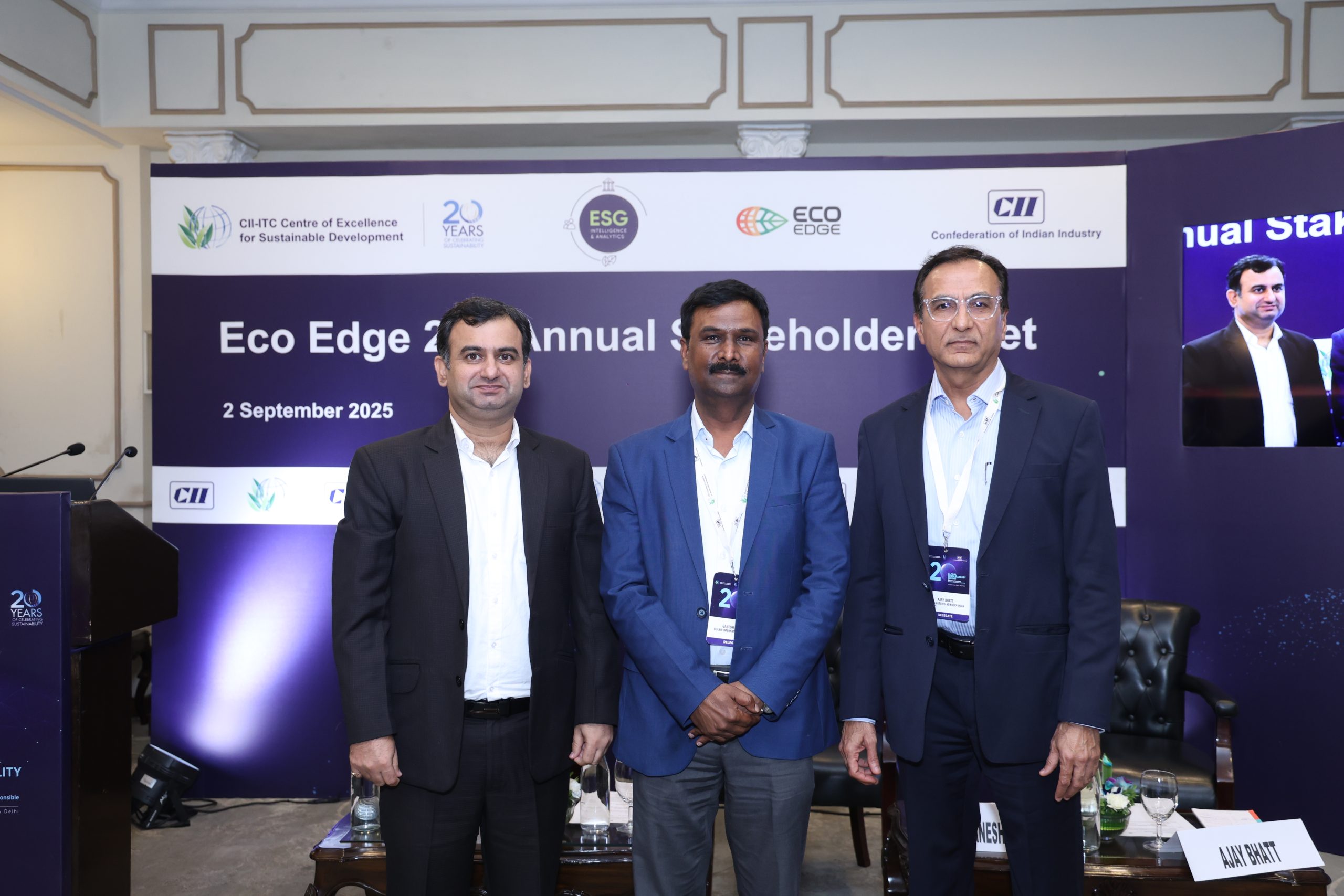
Eco Edge Certificate Felicitation Ceremony 2024
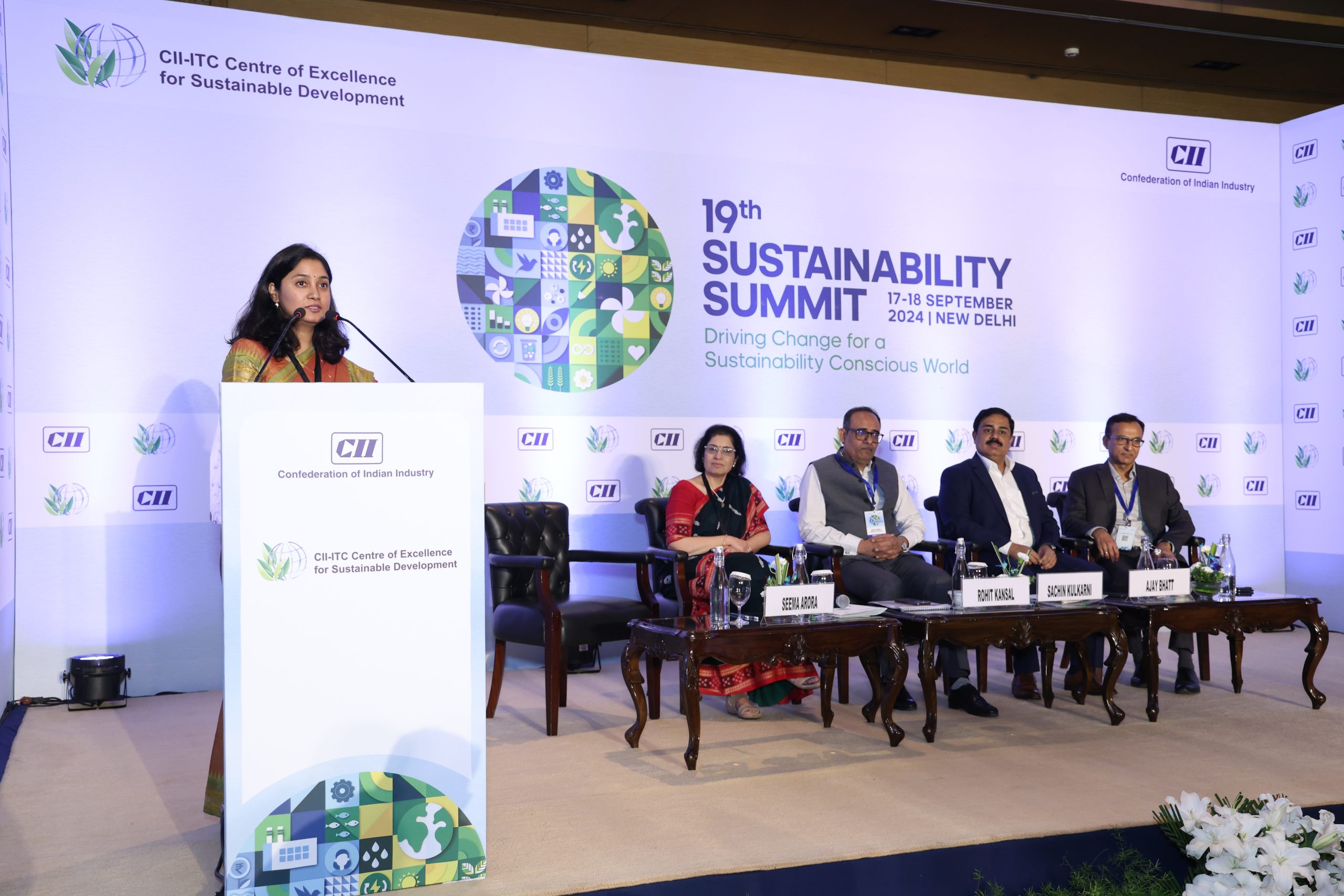
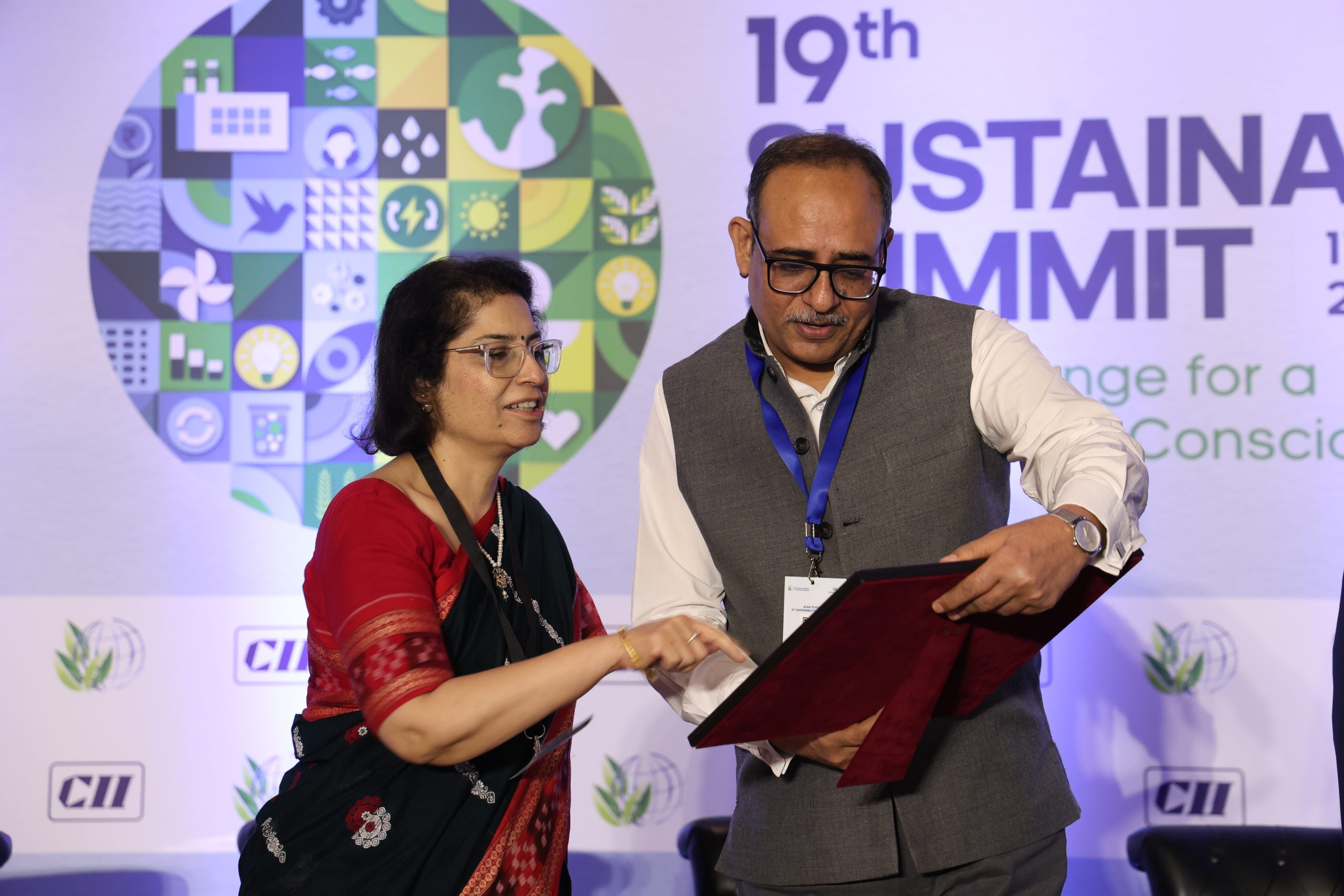
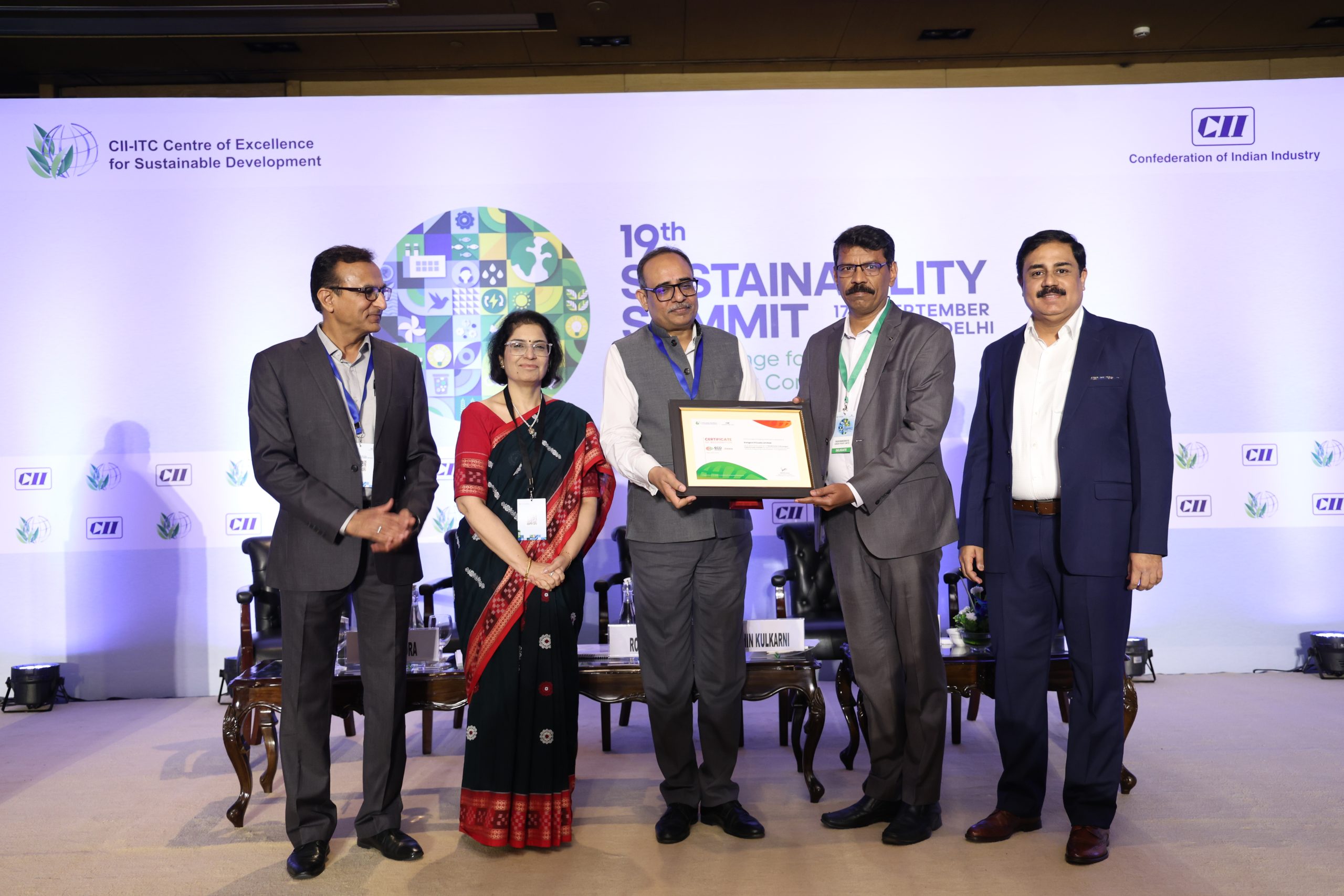
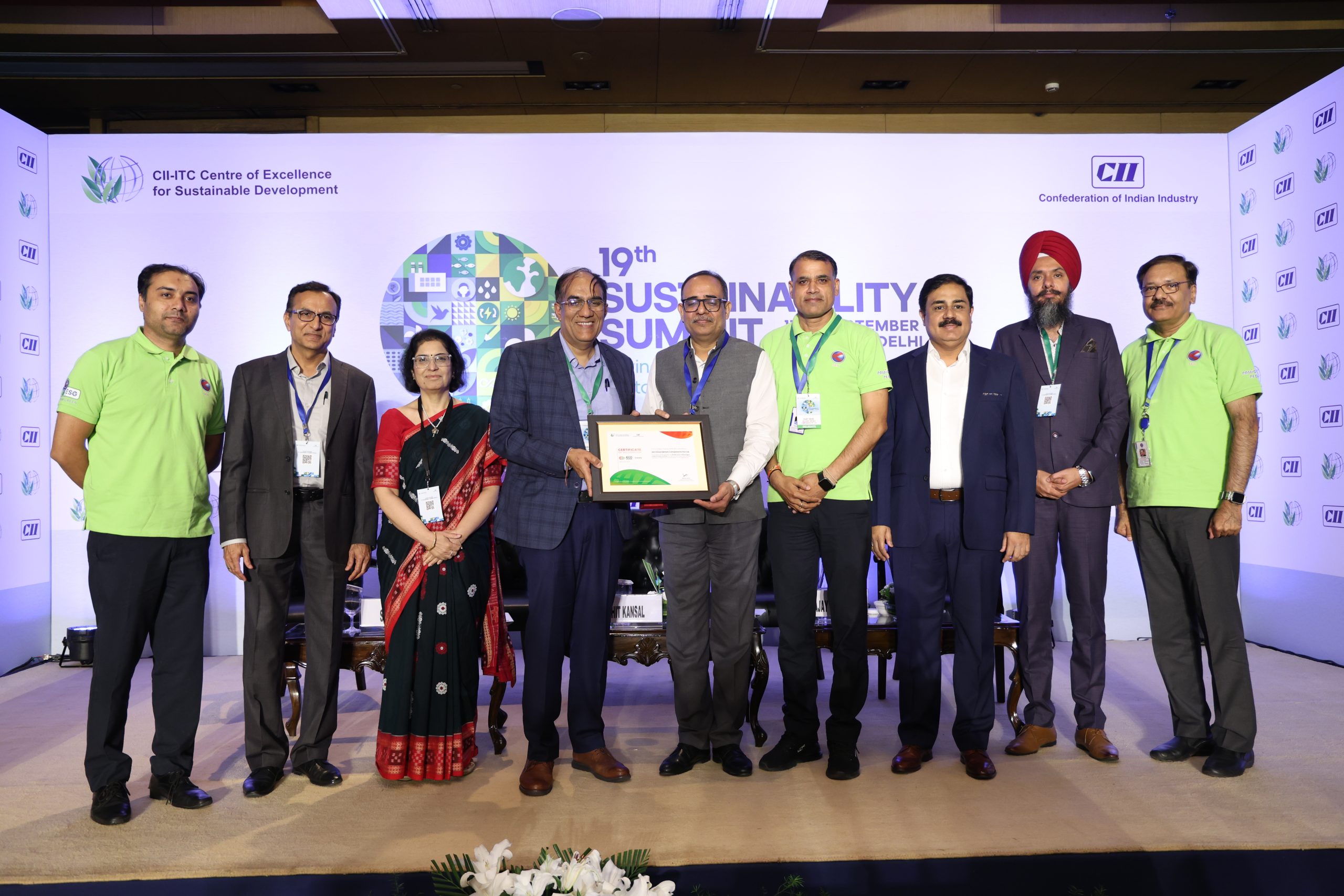
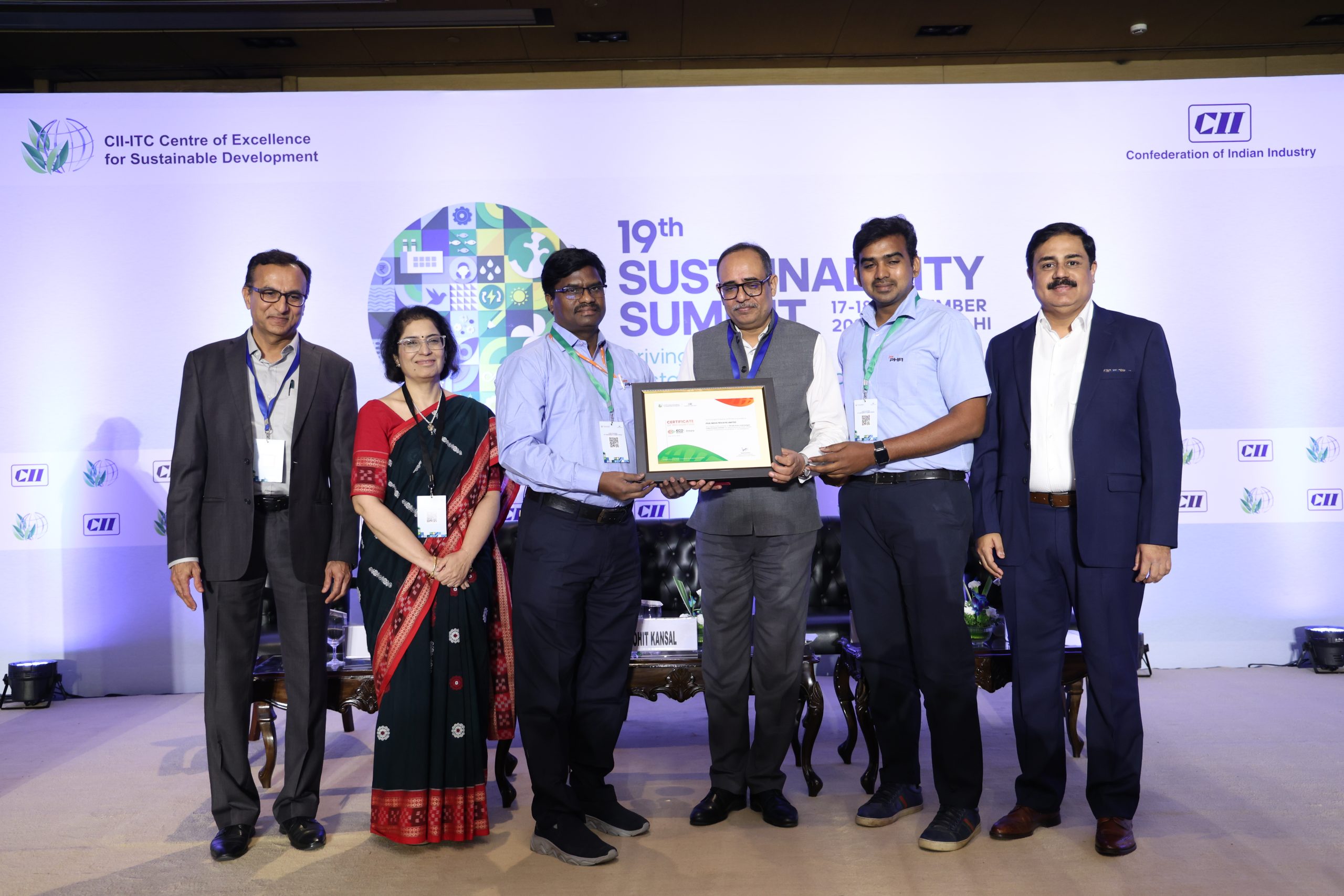
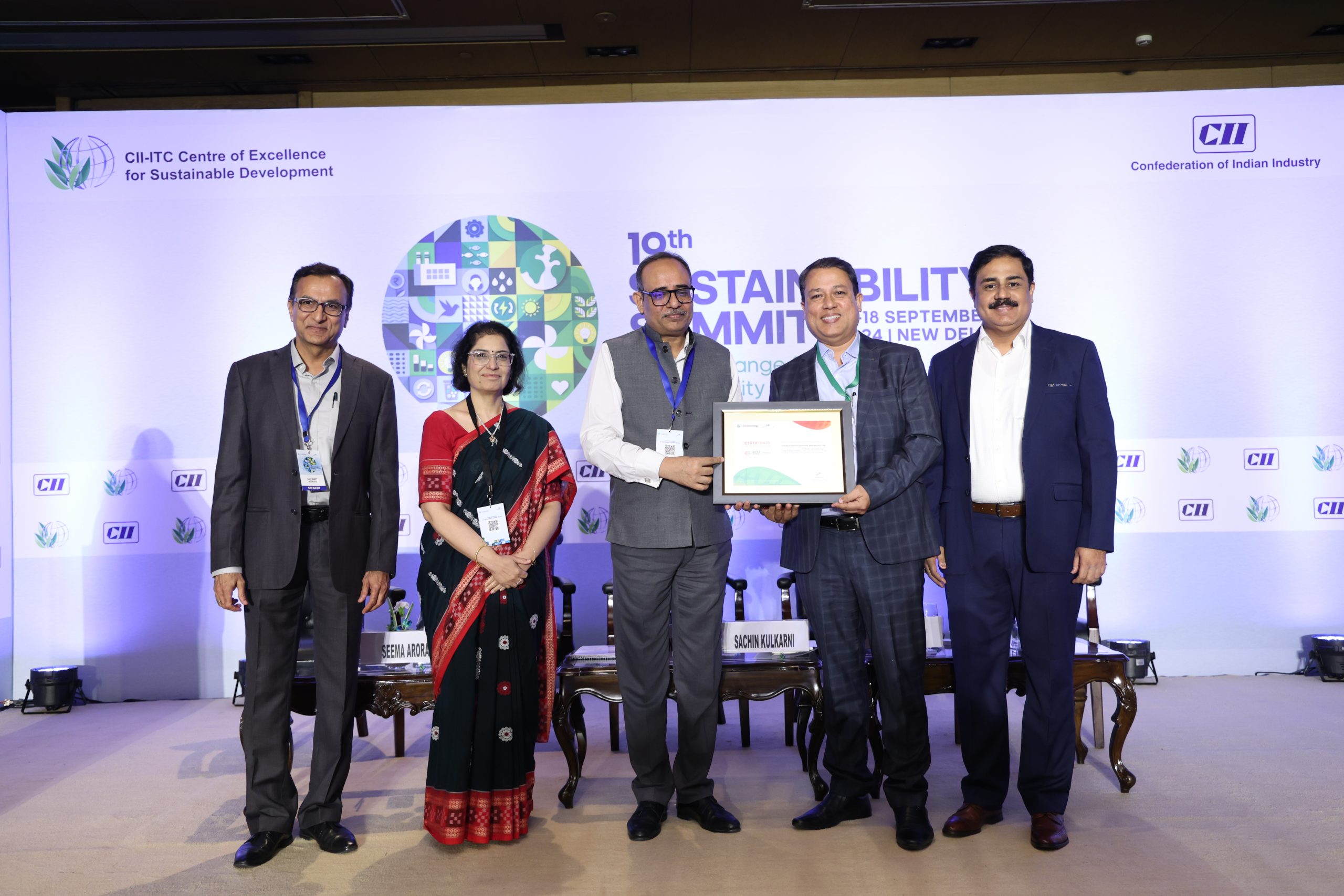
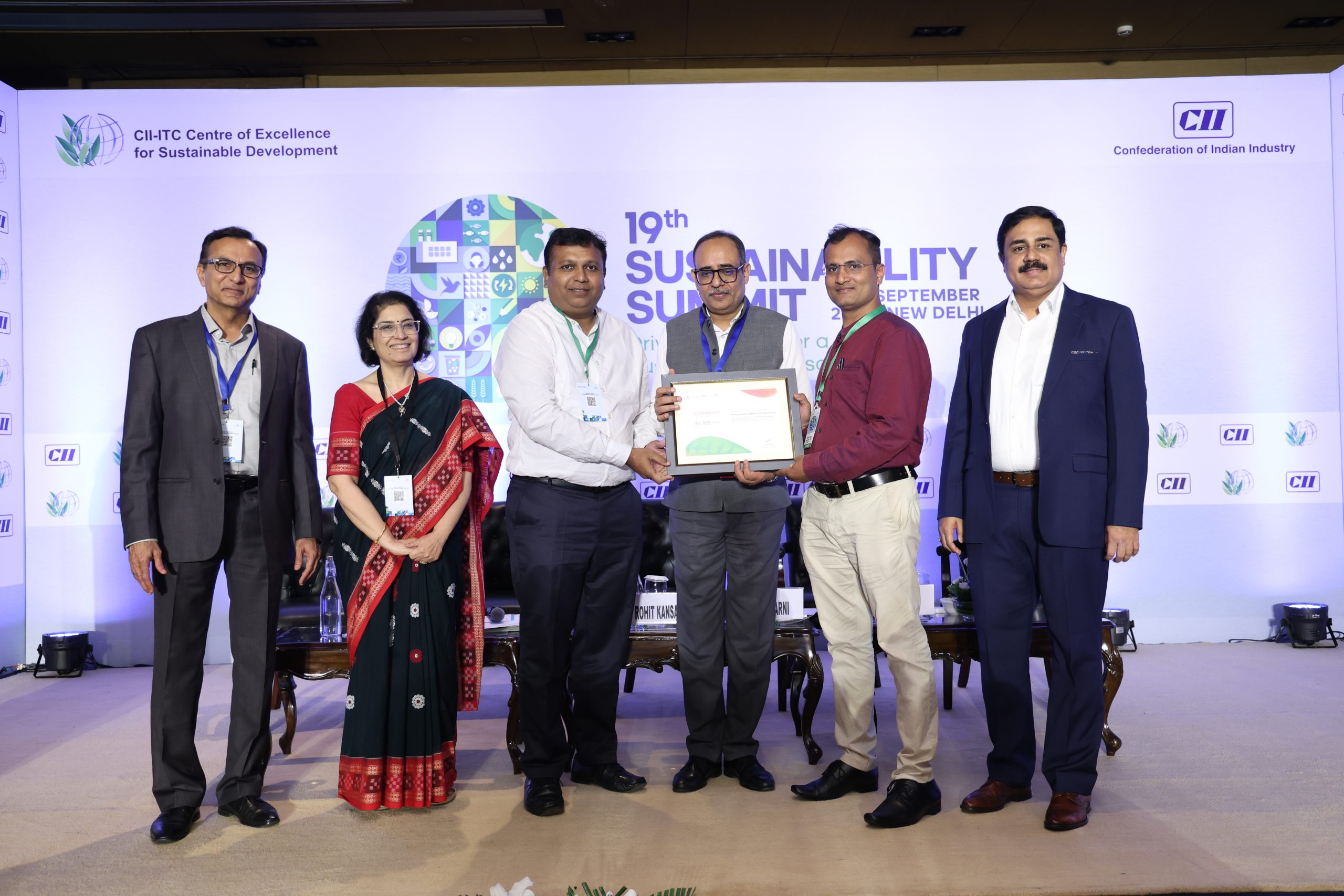
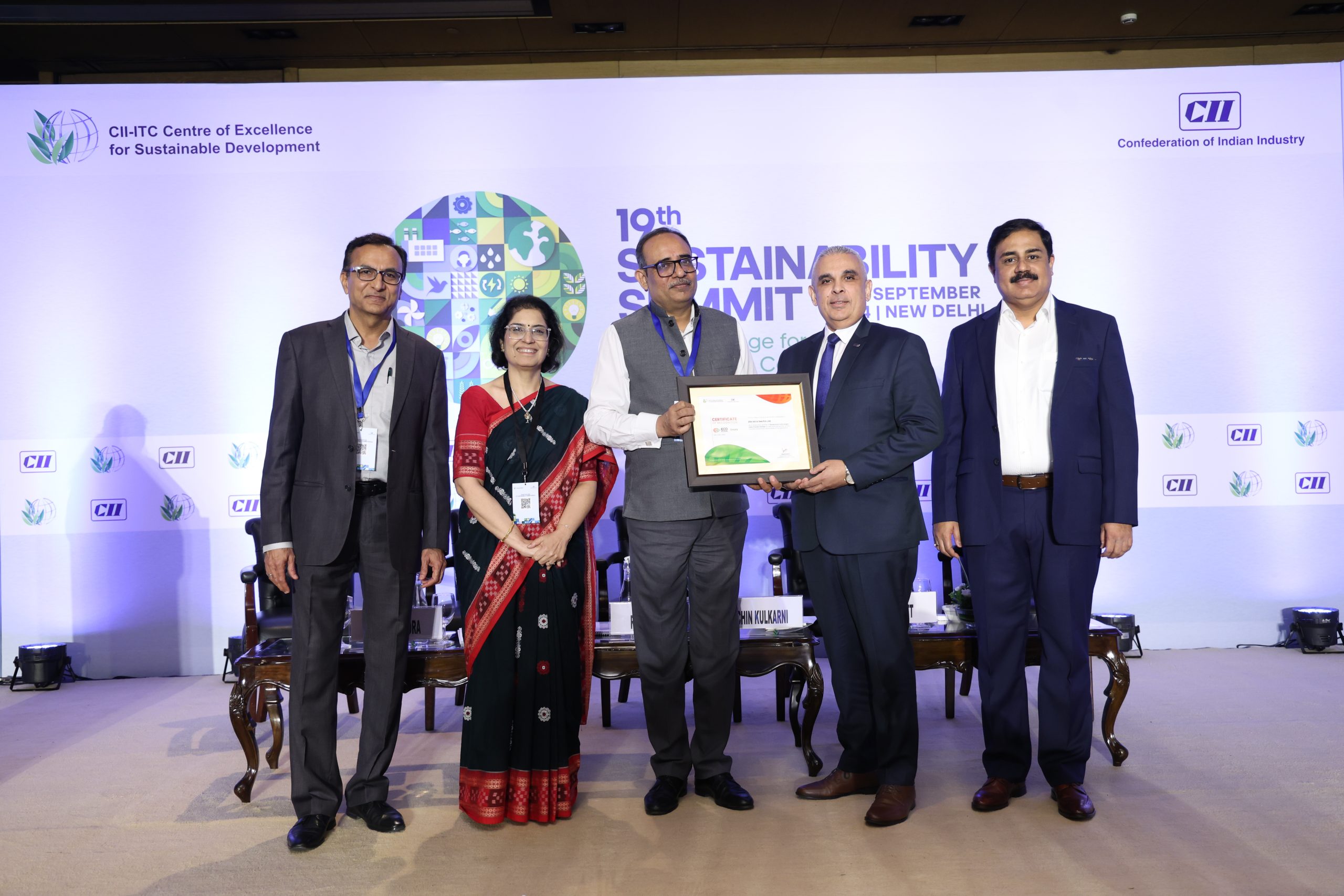
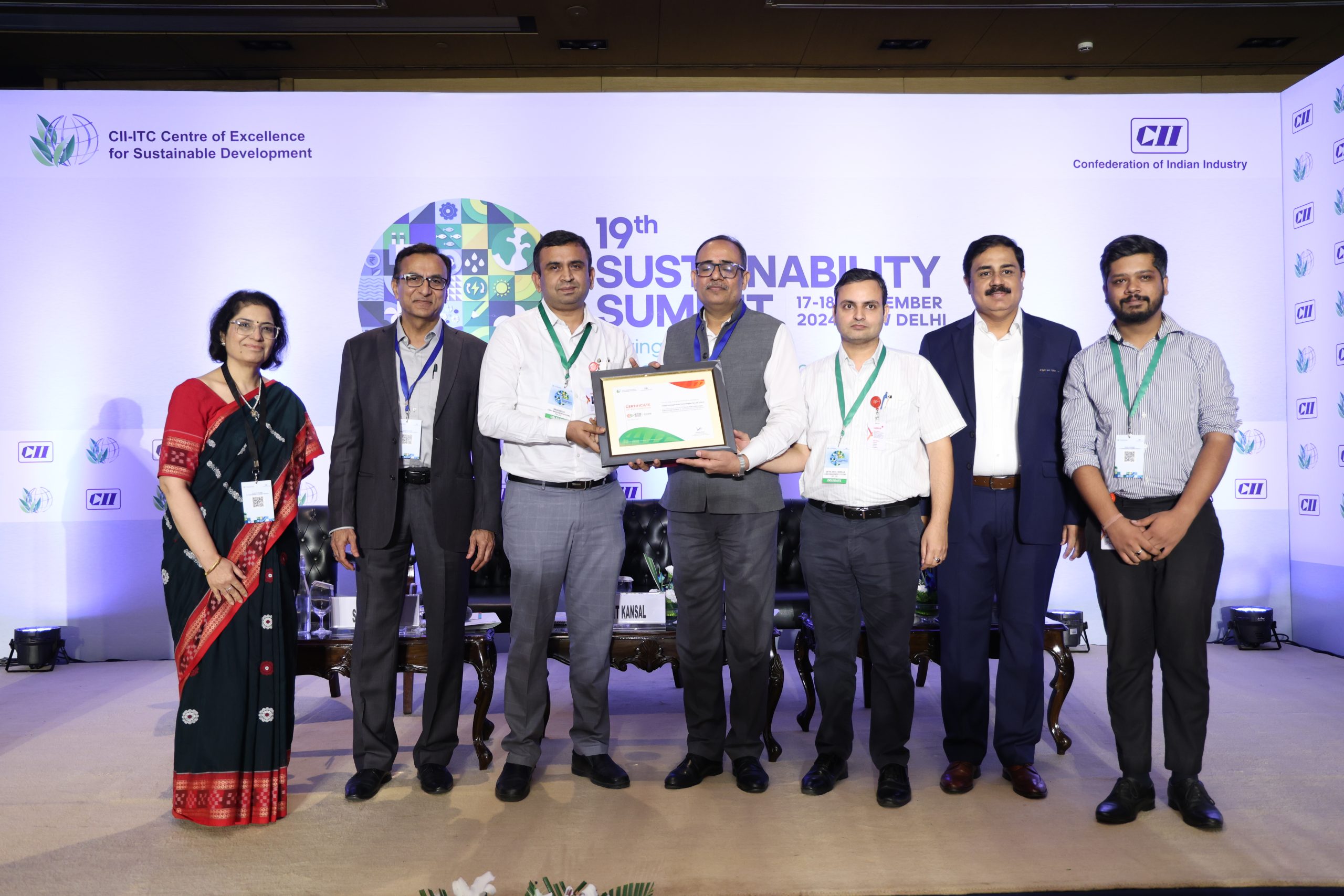
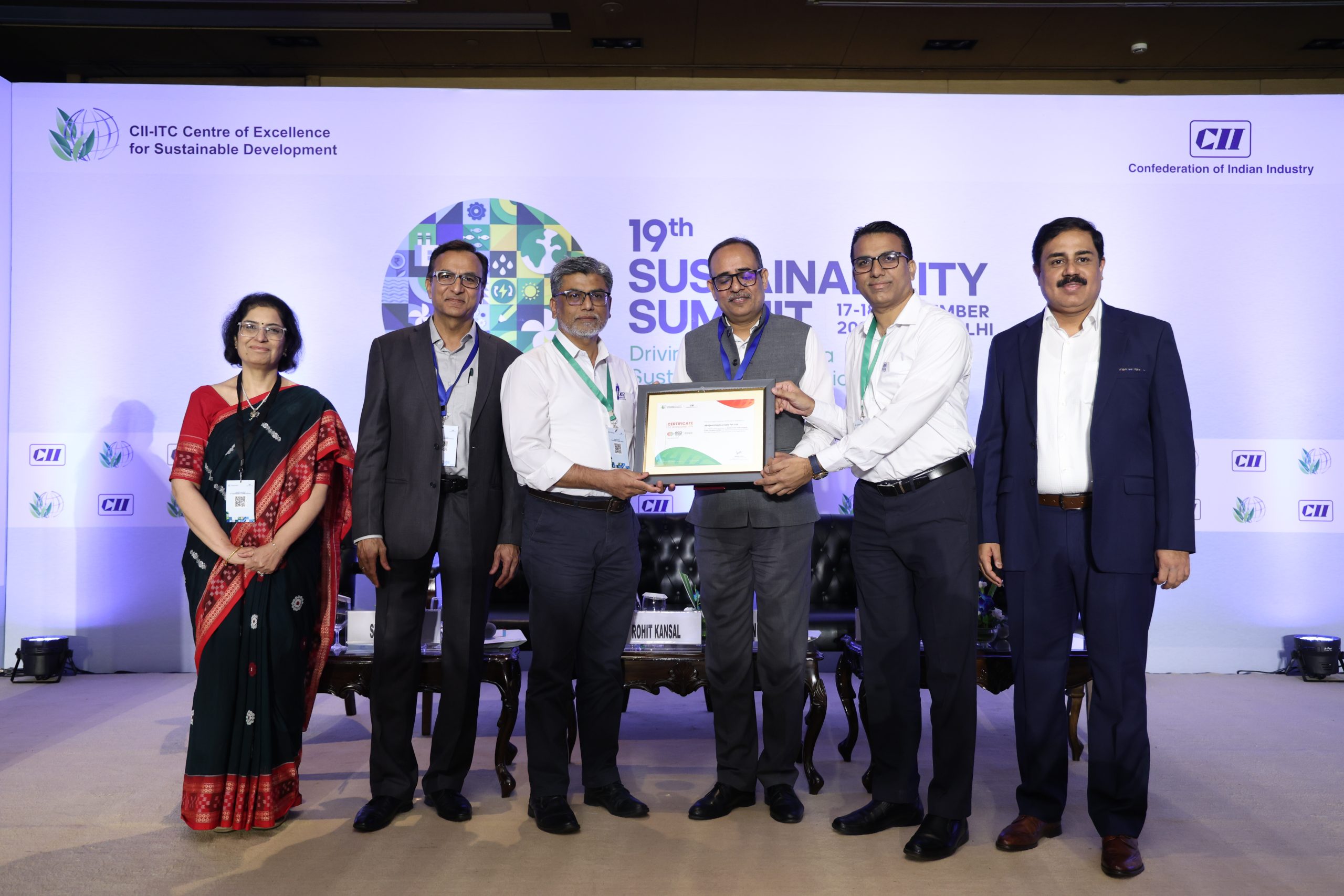
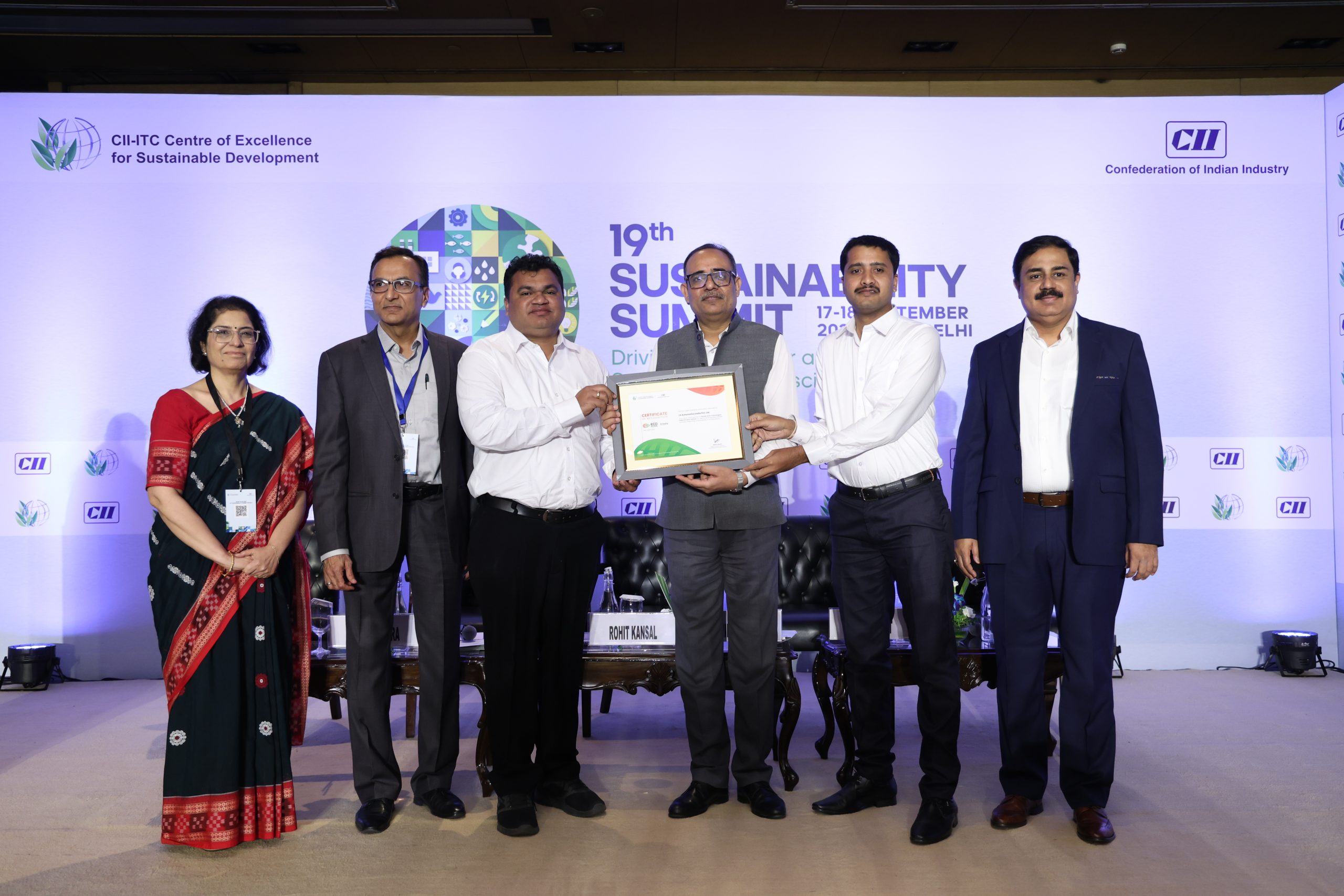
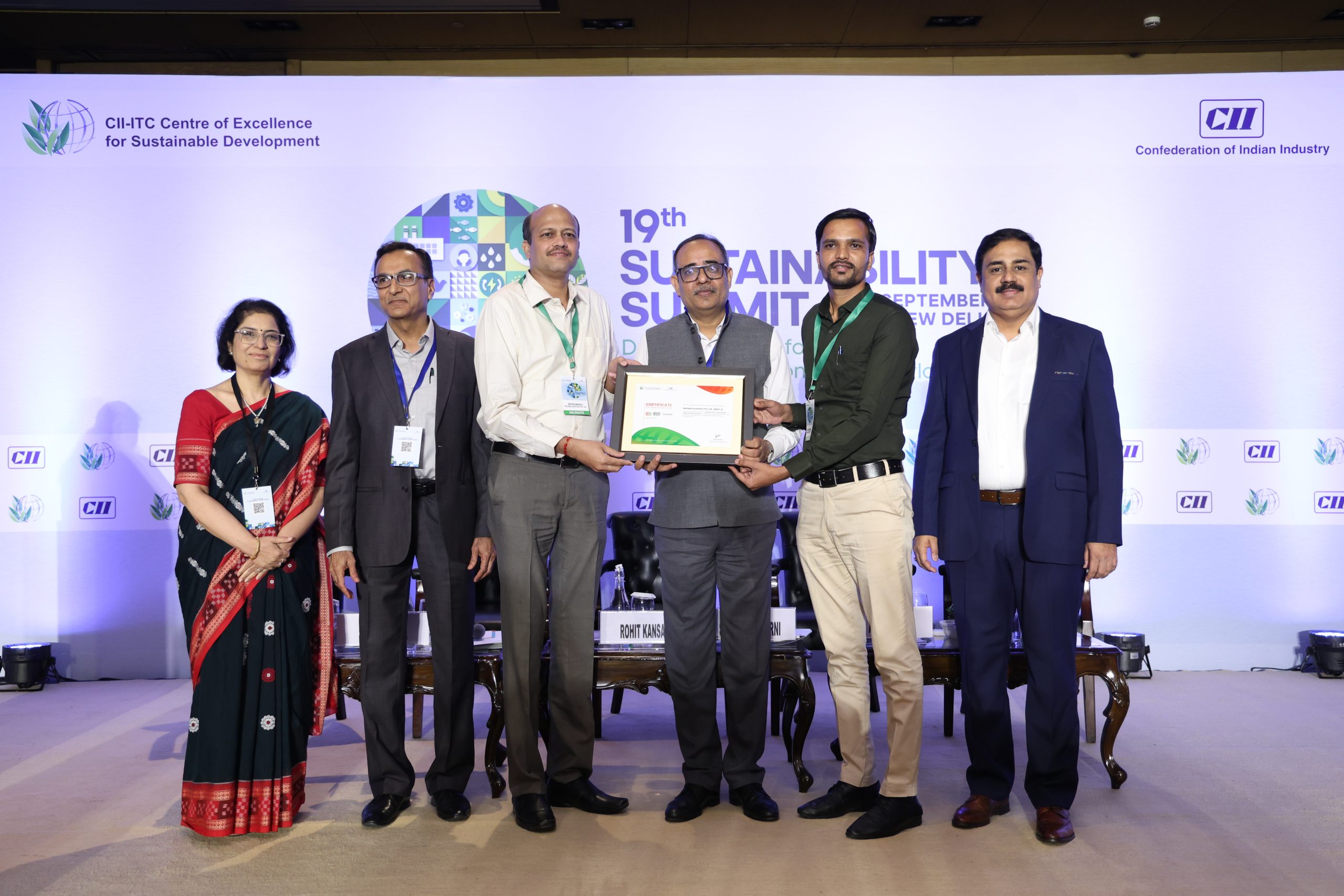
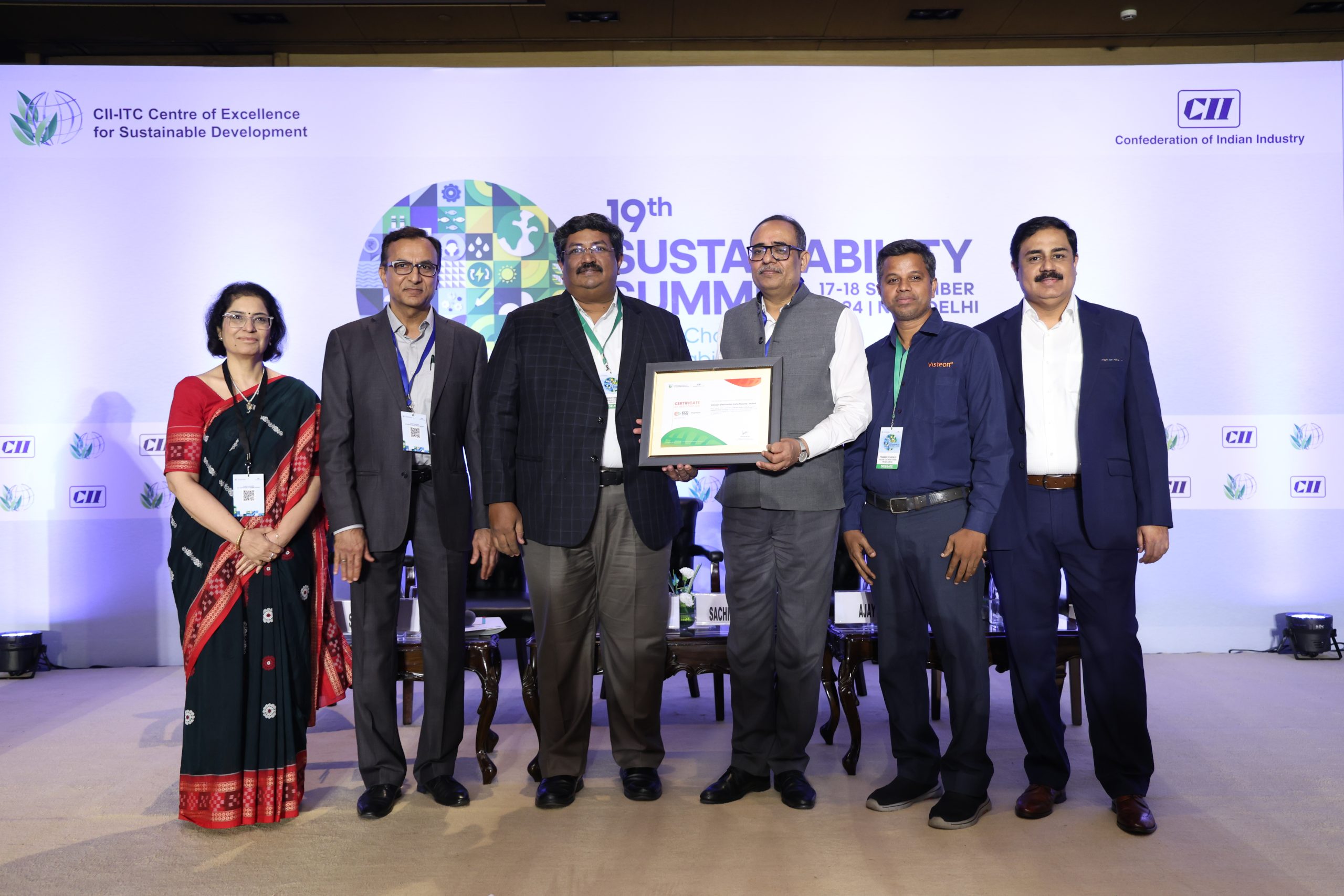
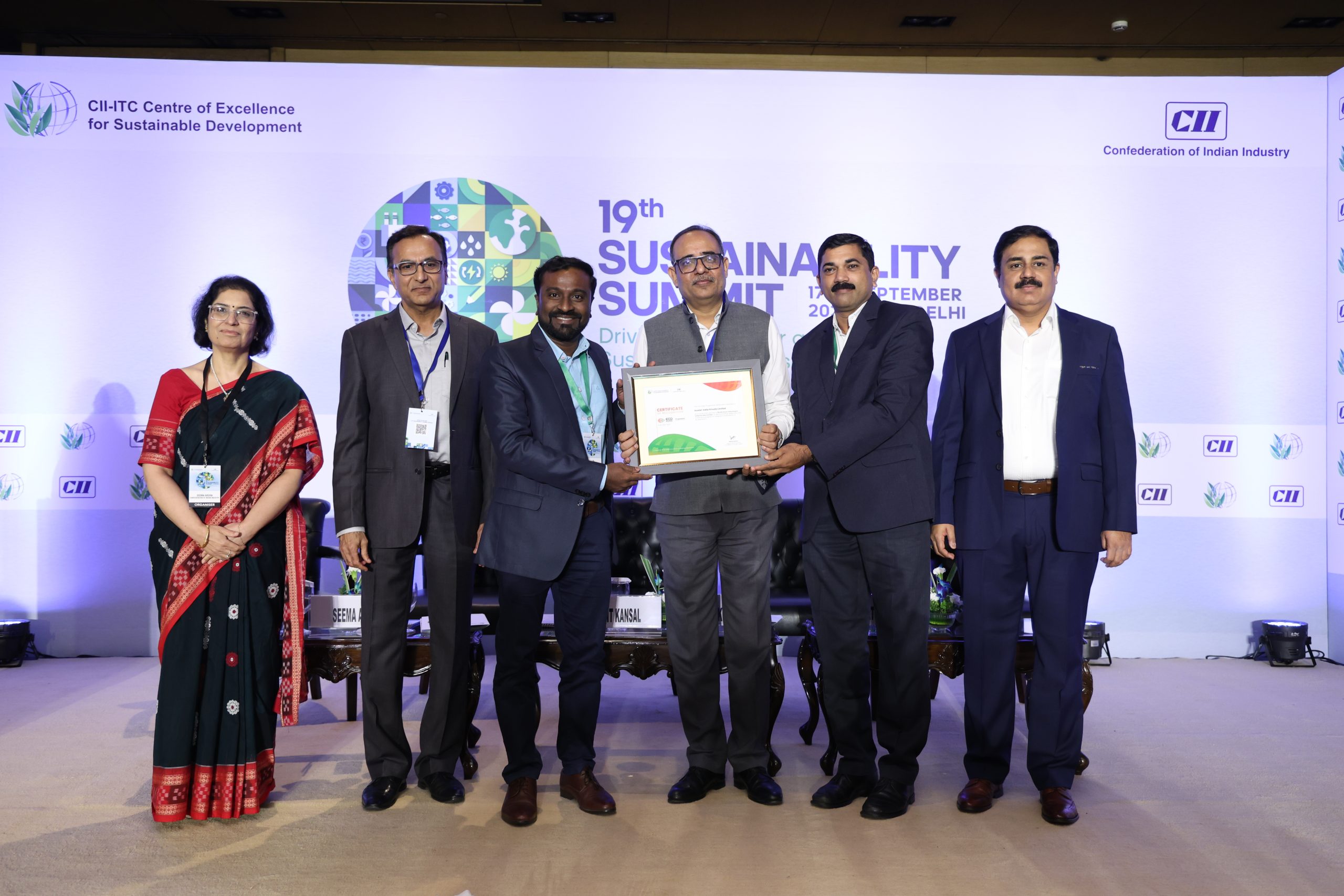
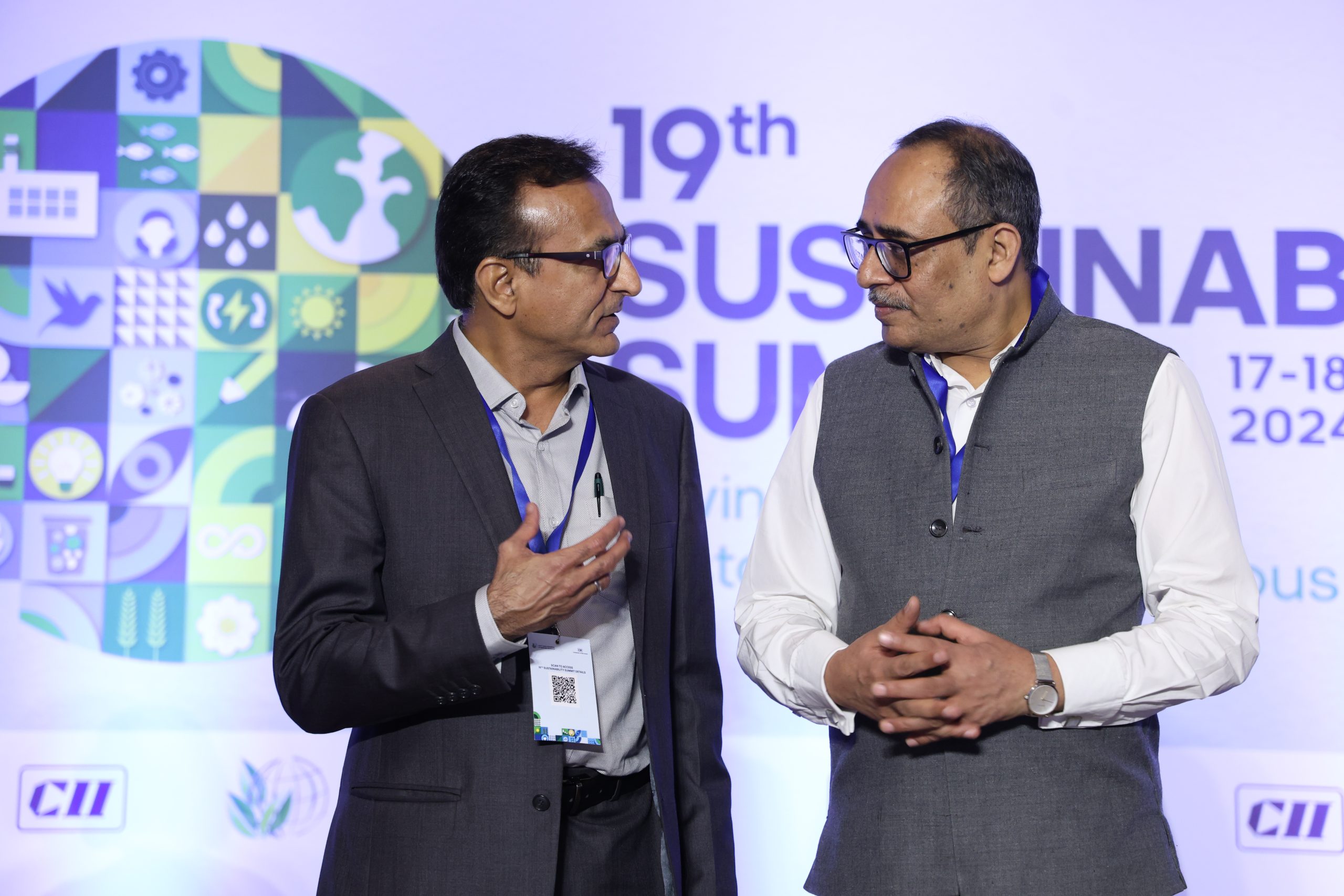
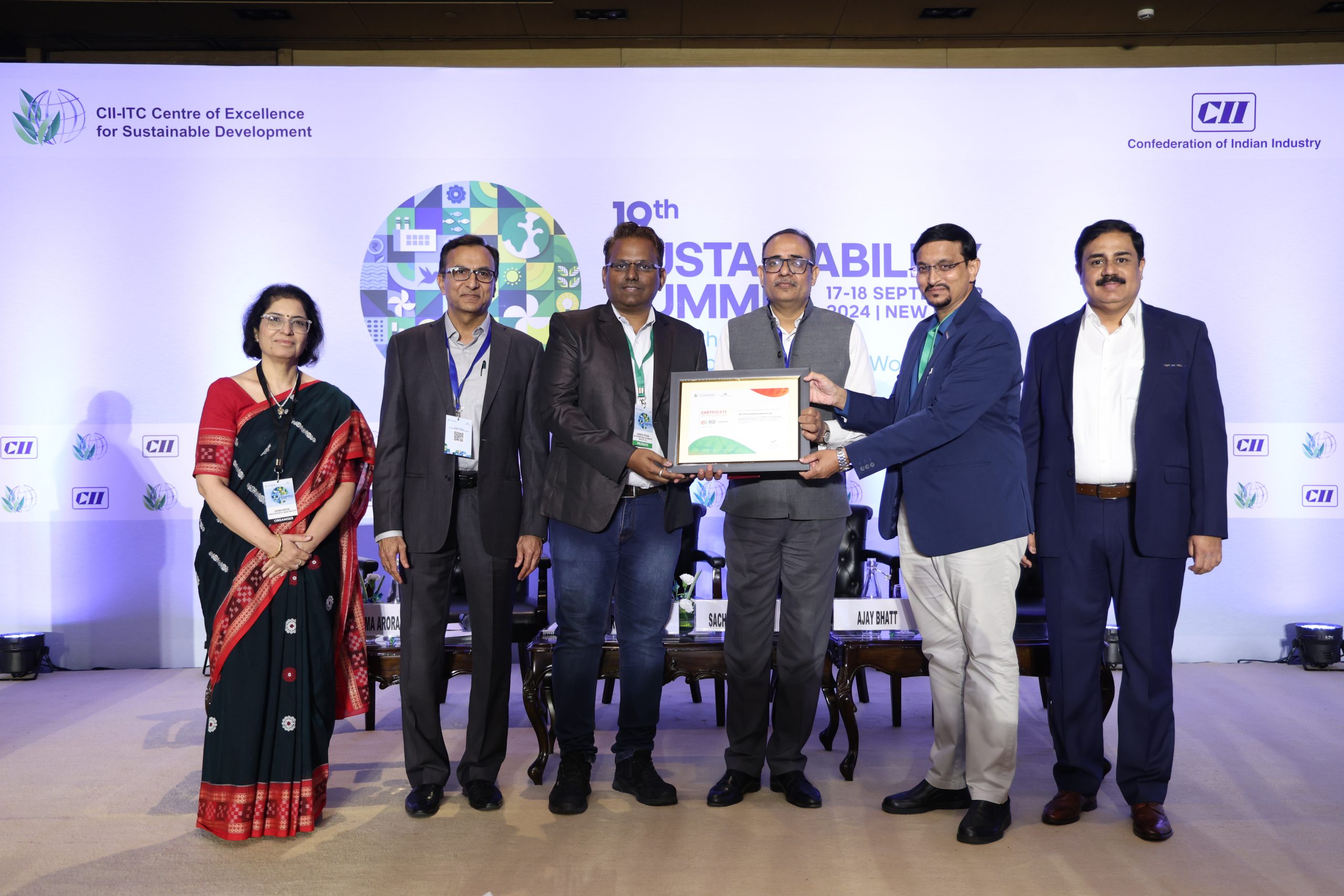
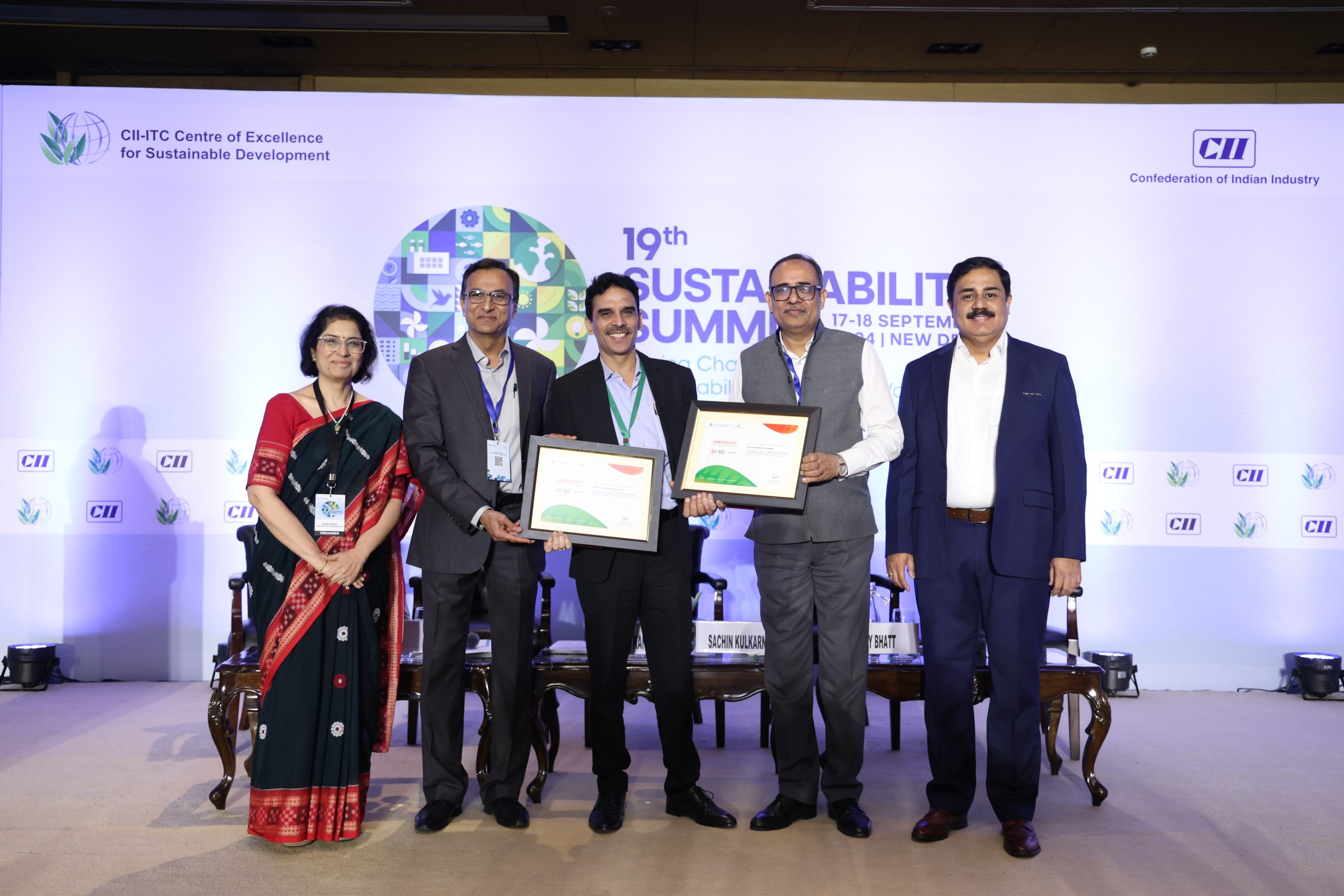
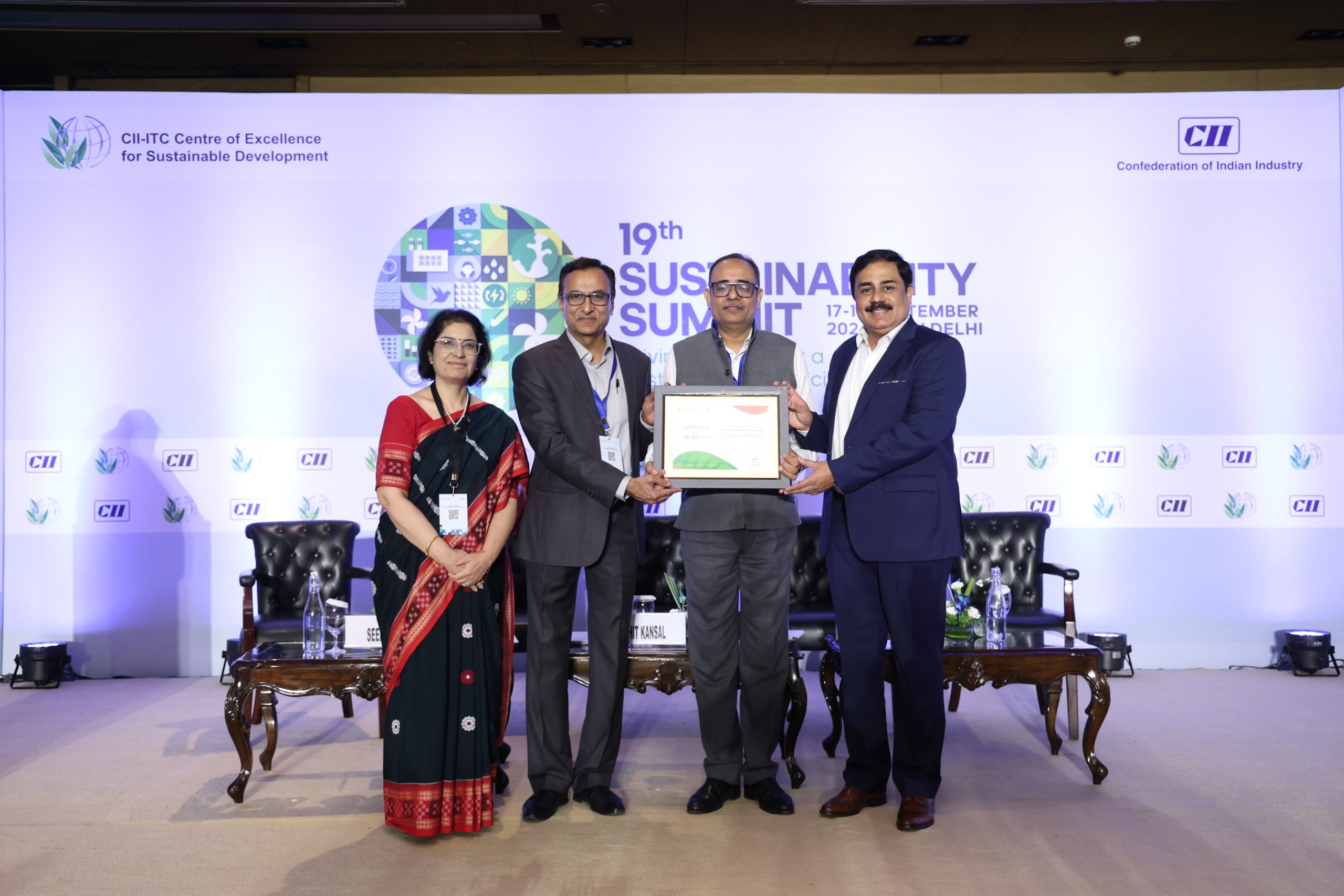
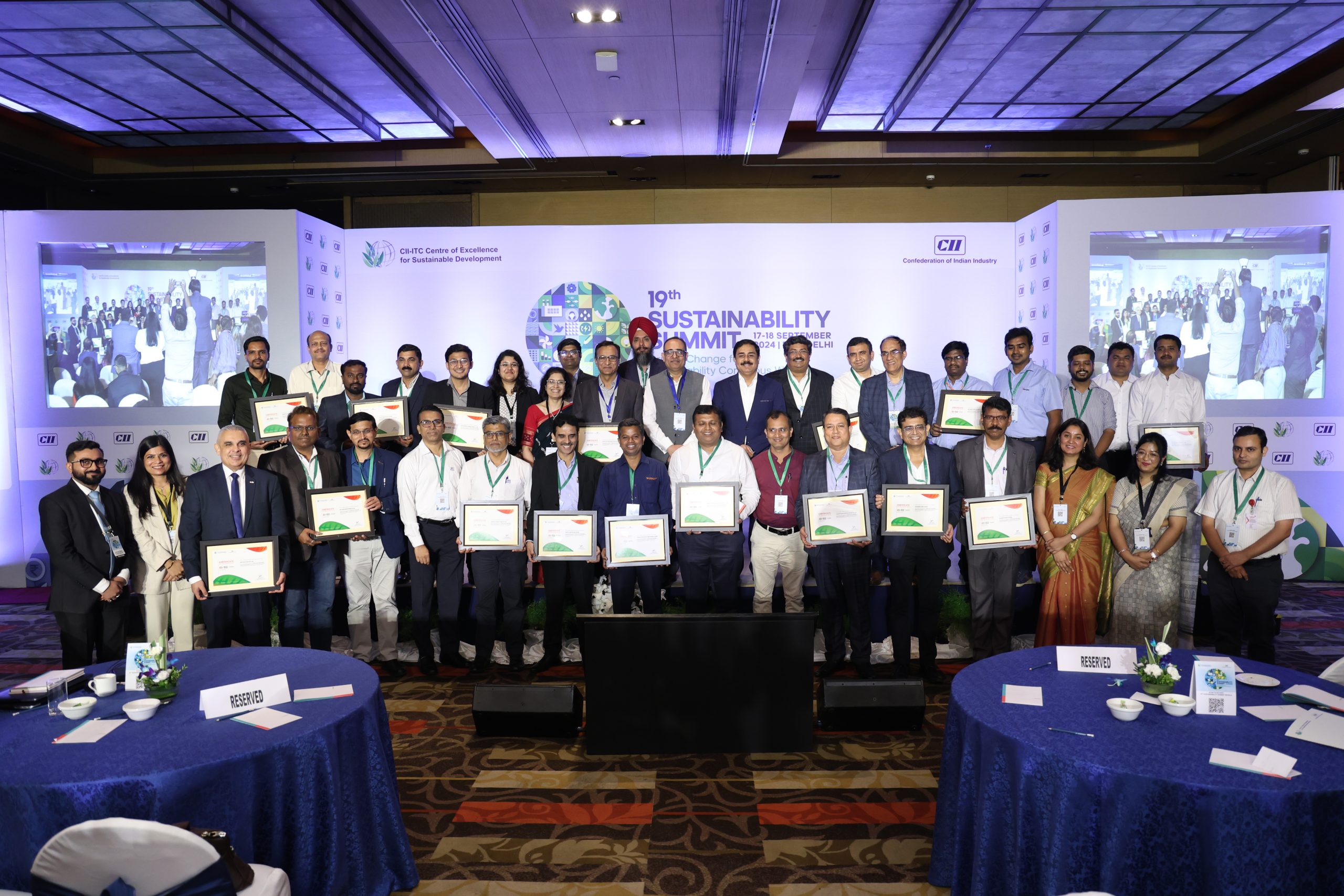
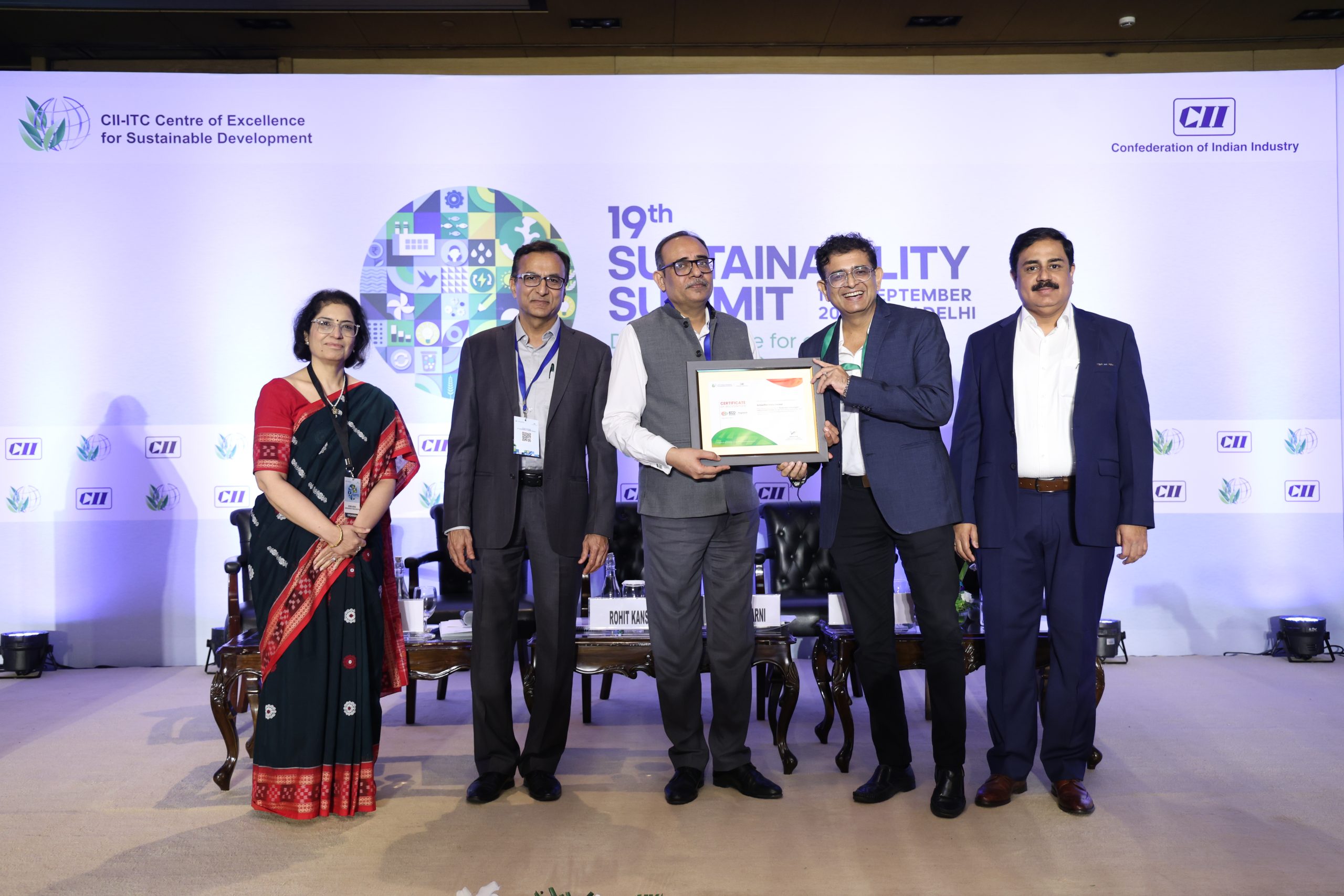
Annual Eco Edge Stakeholders Roundtable 2024
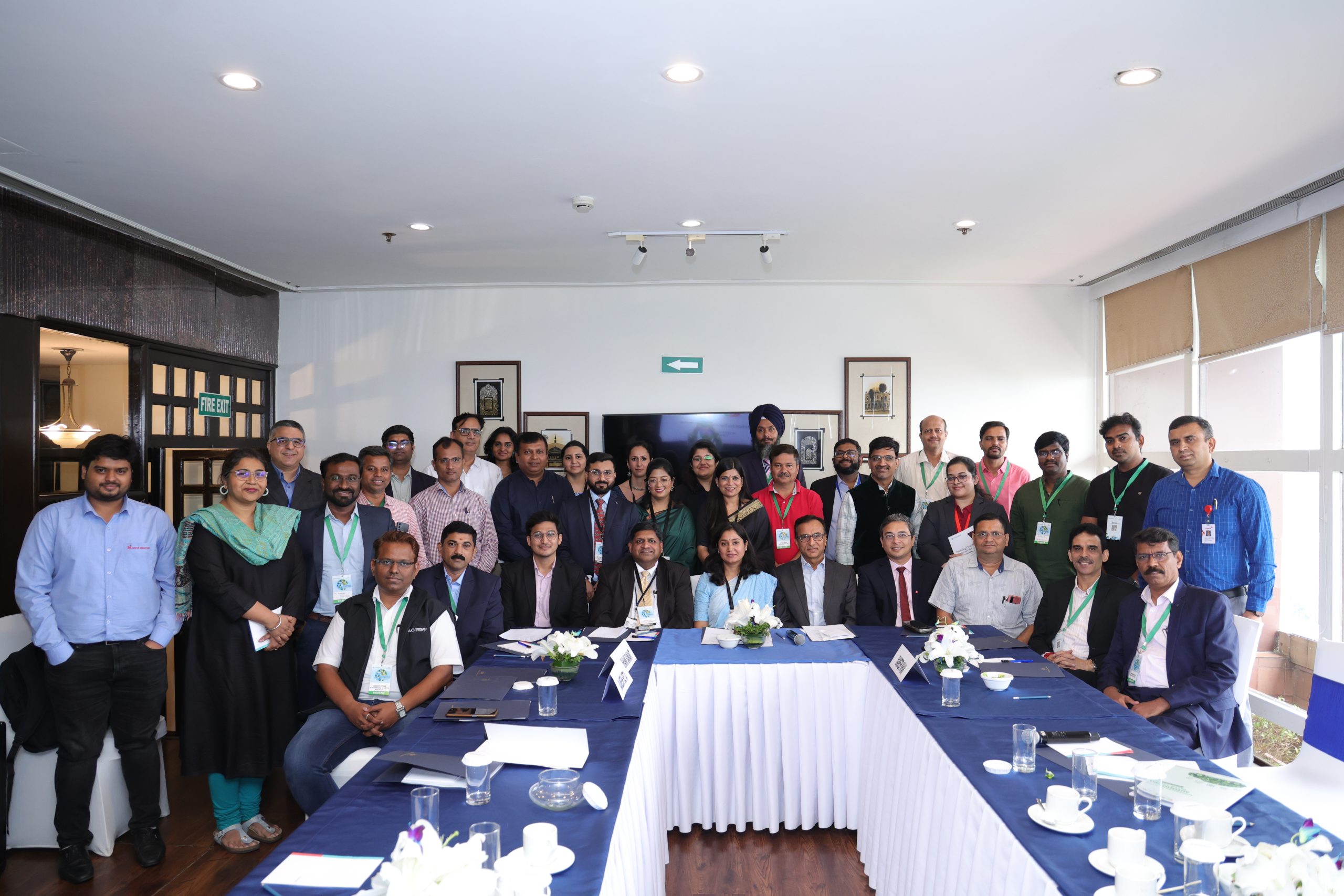
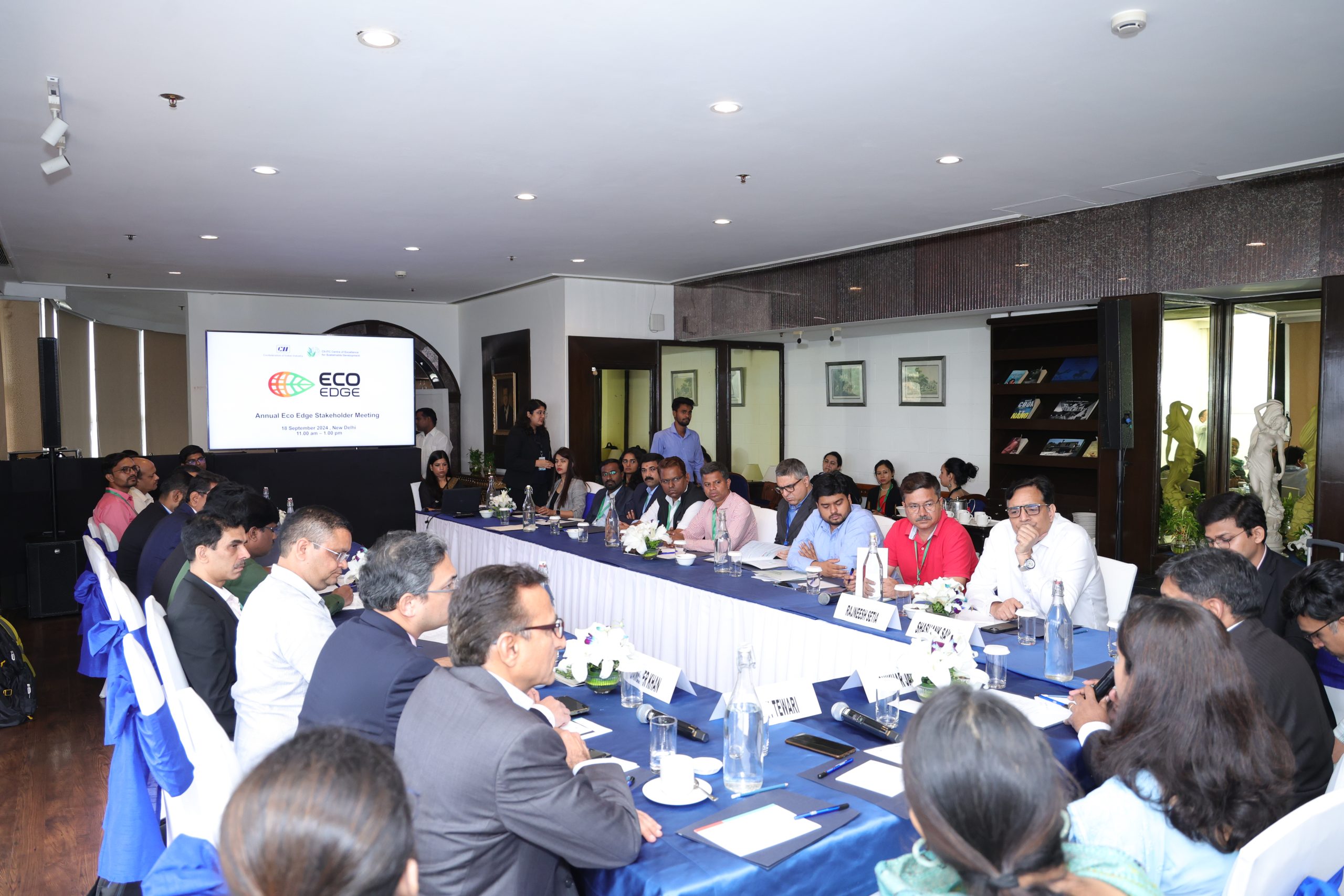
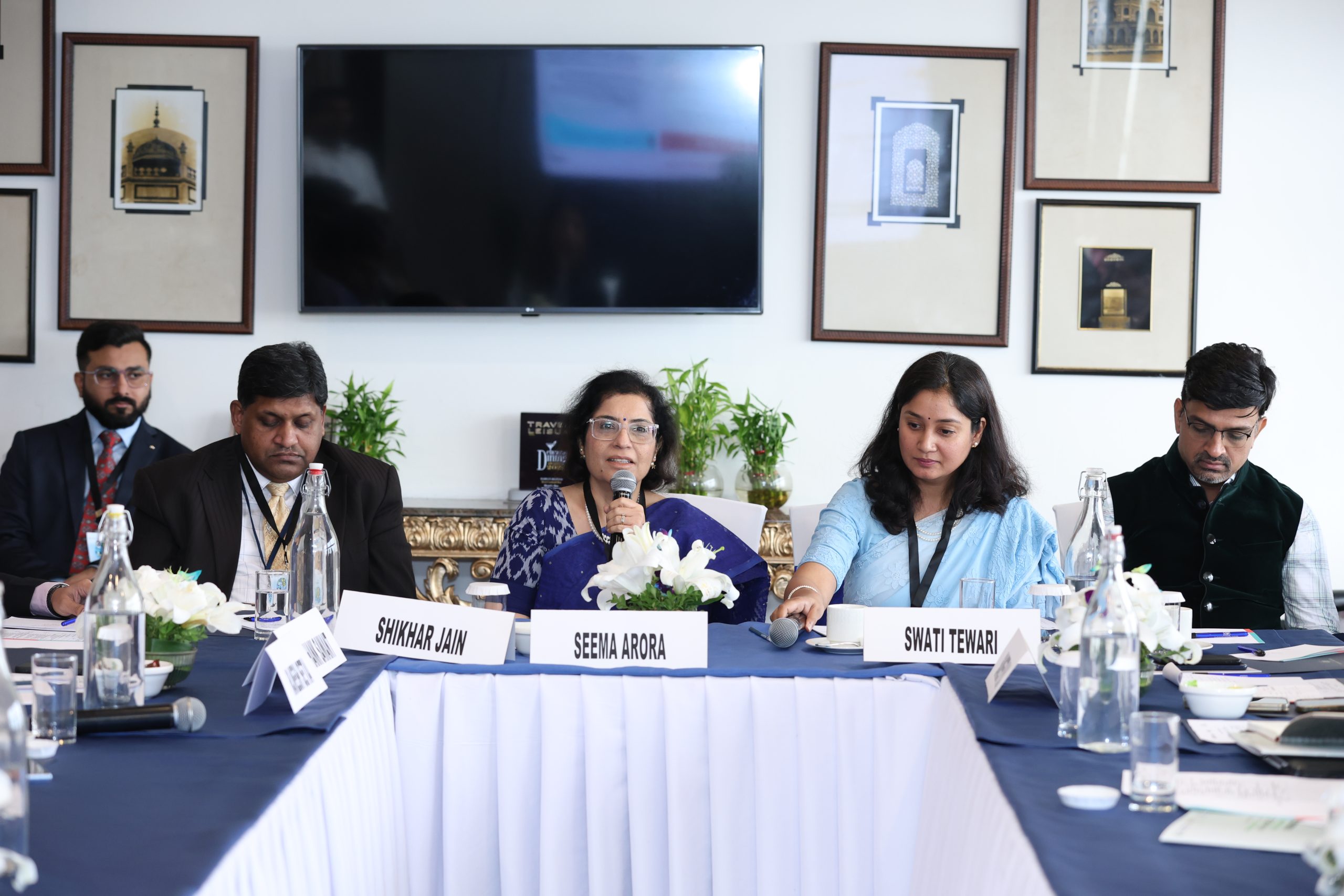
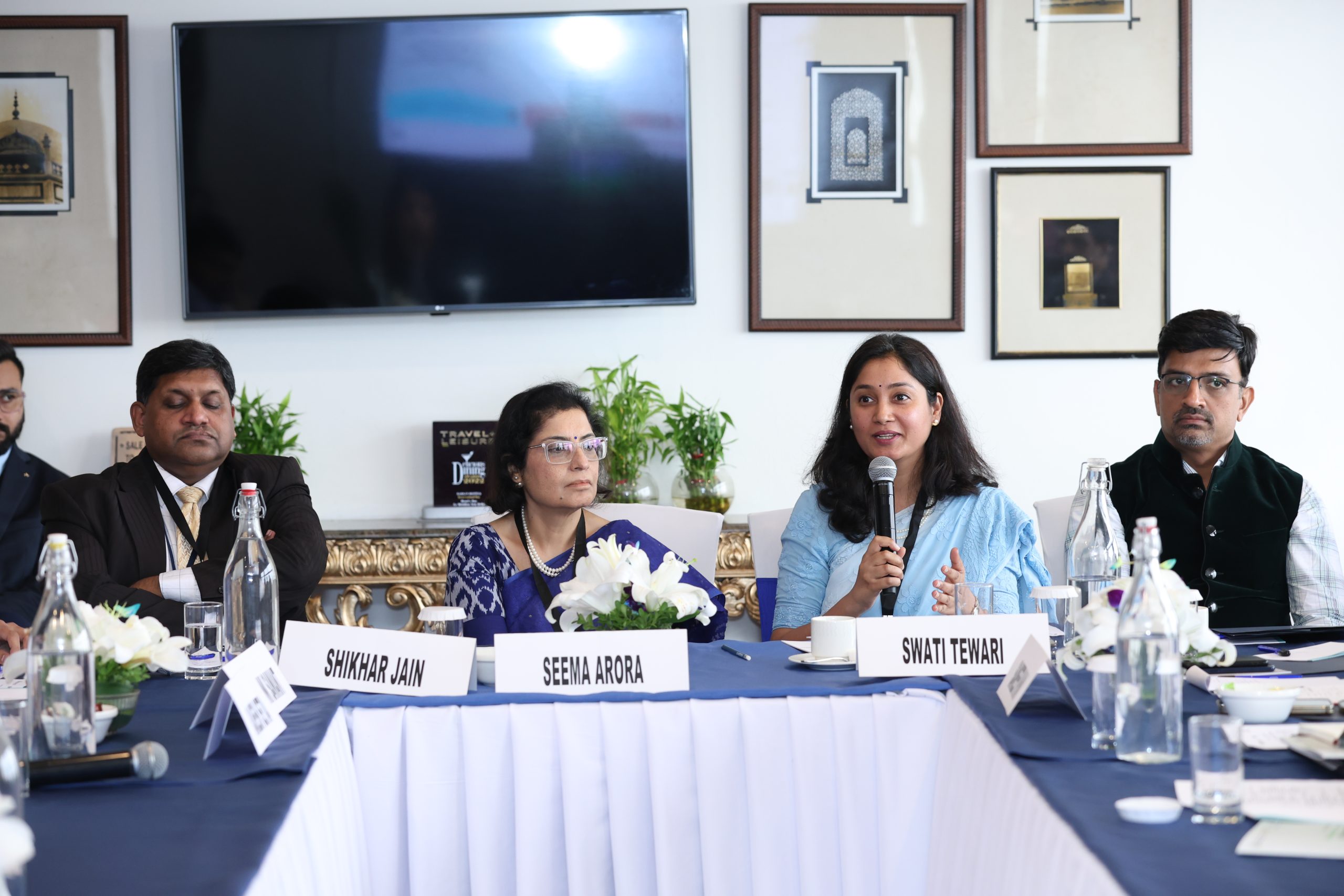
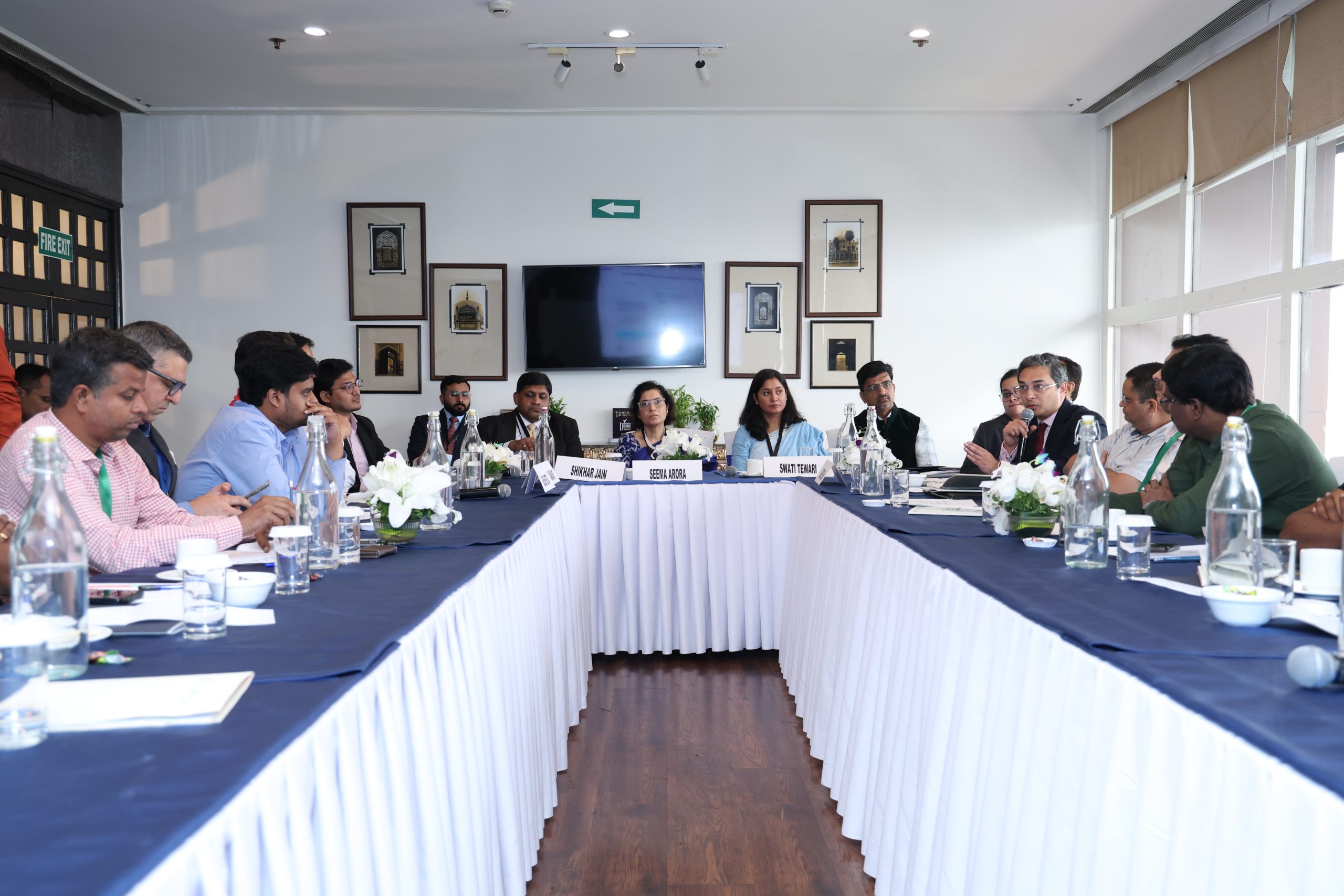
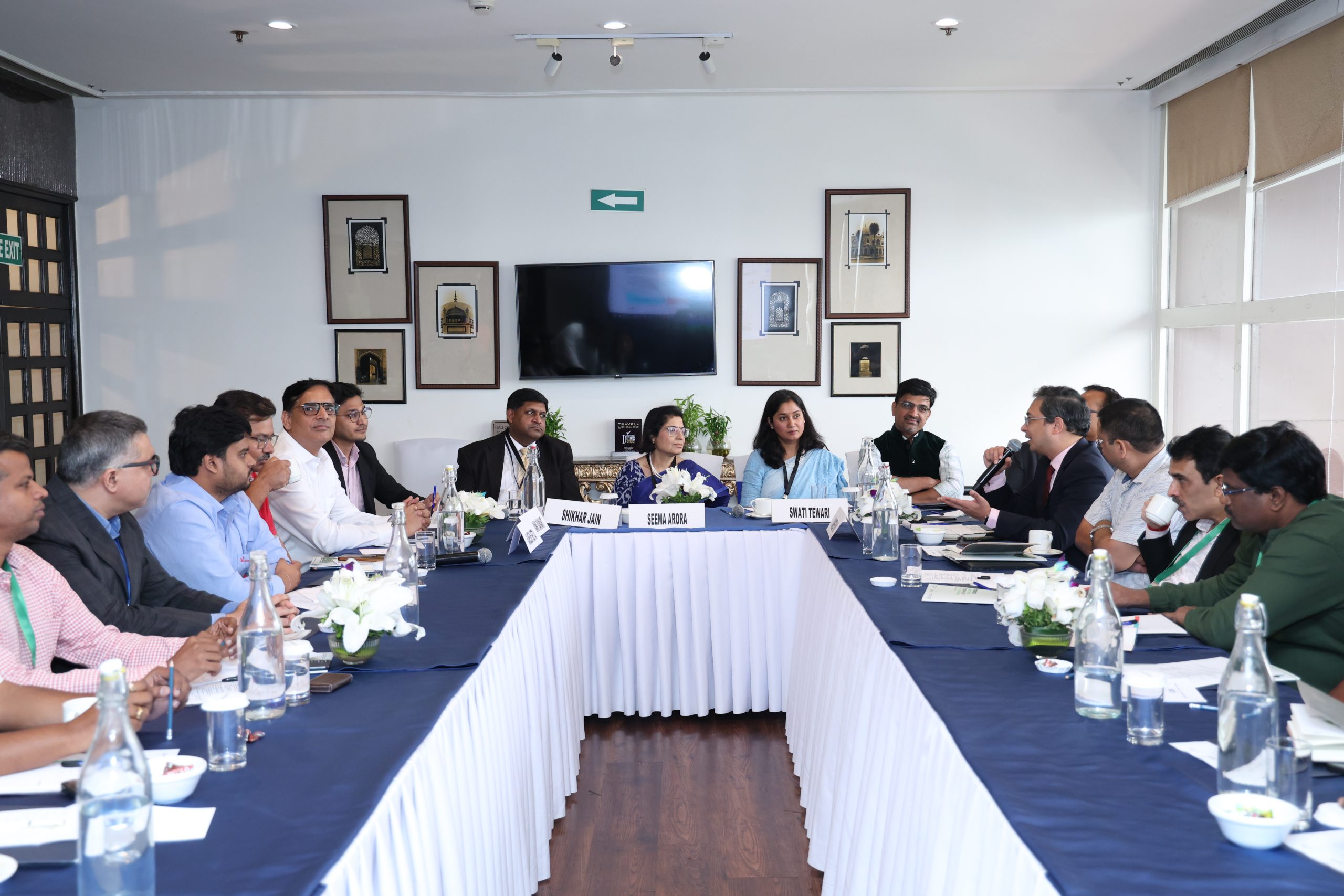
Round Table on Sustainable Finance for Value Chains (2024)
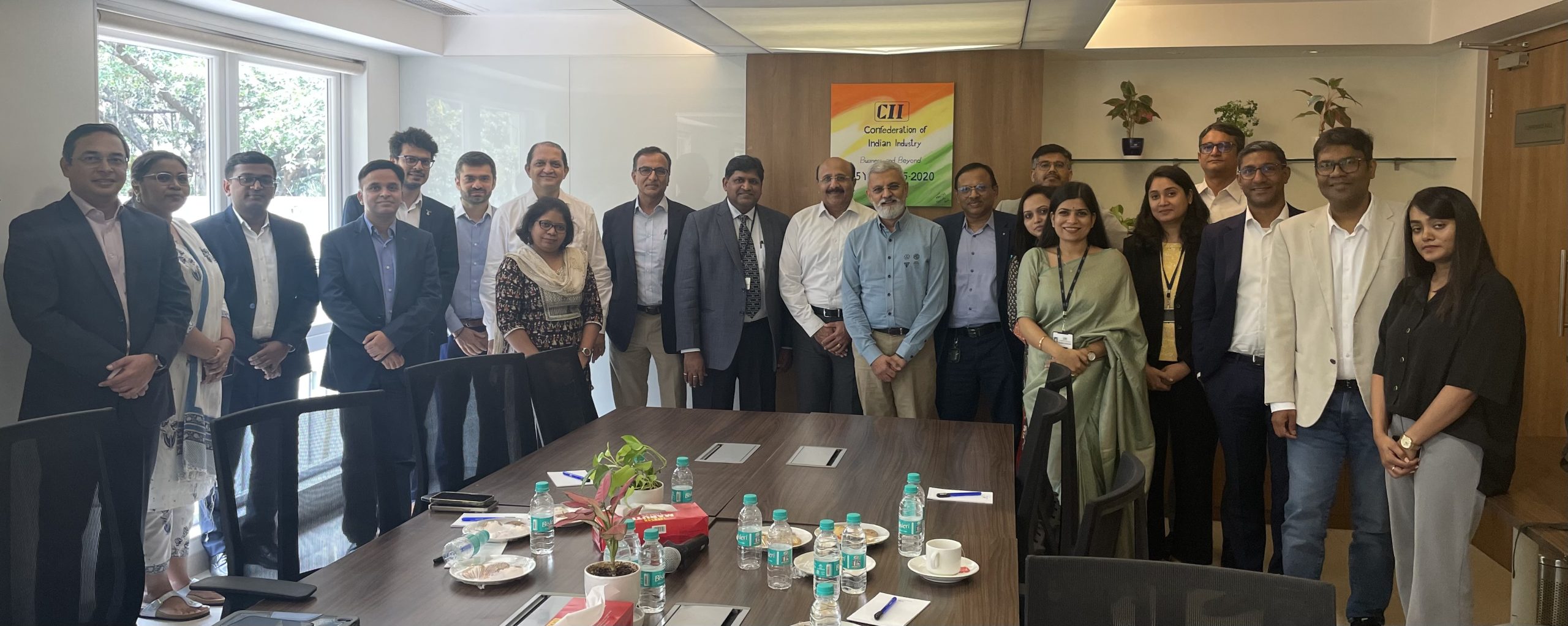
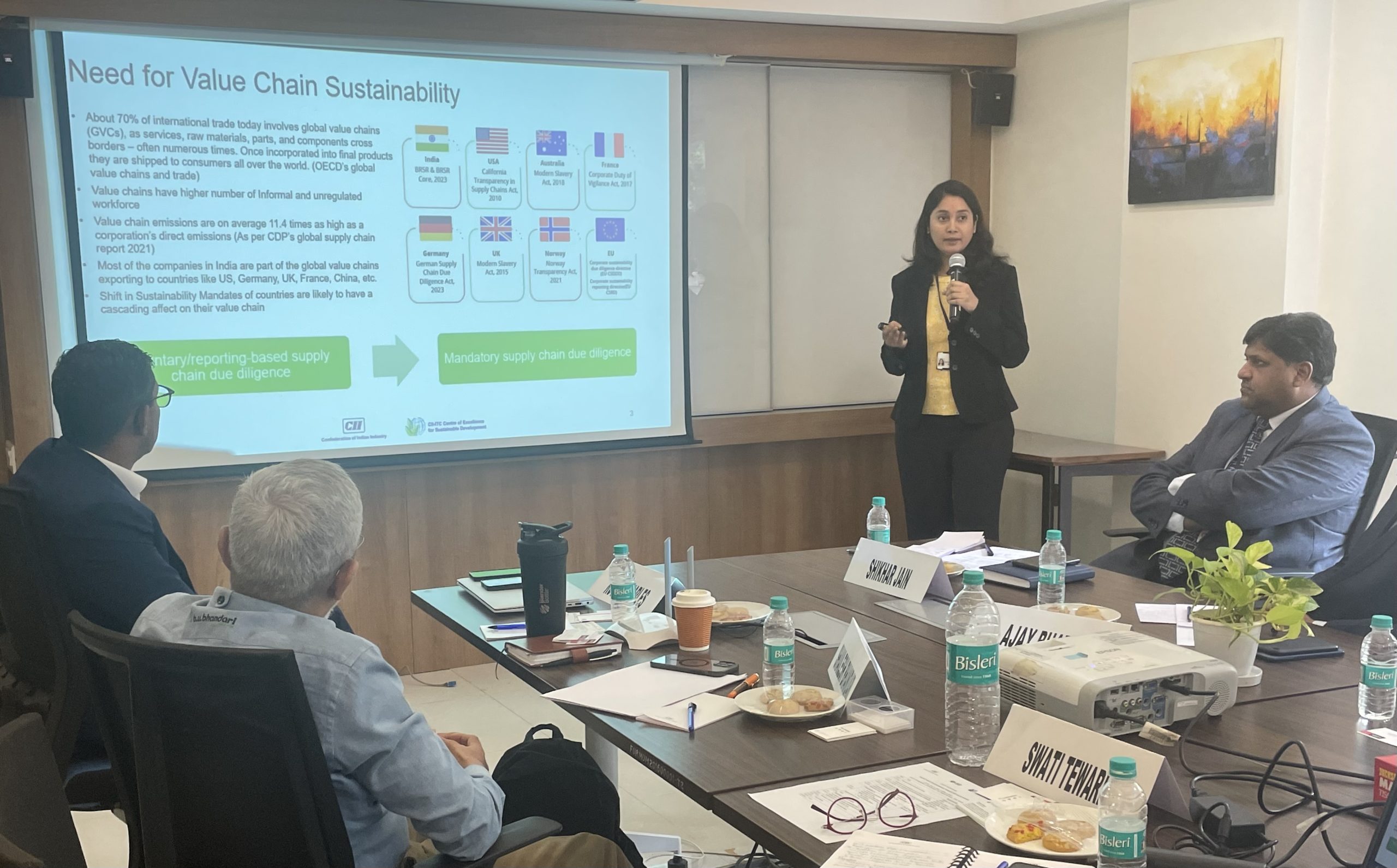
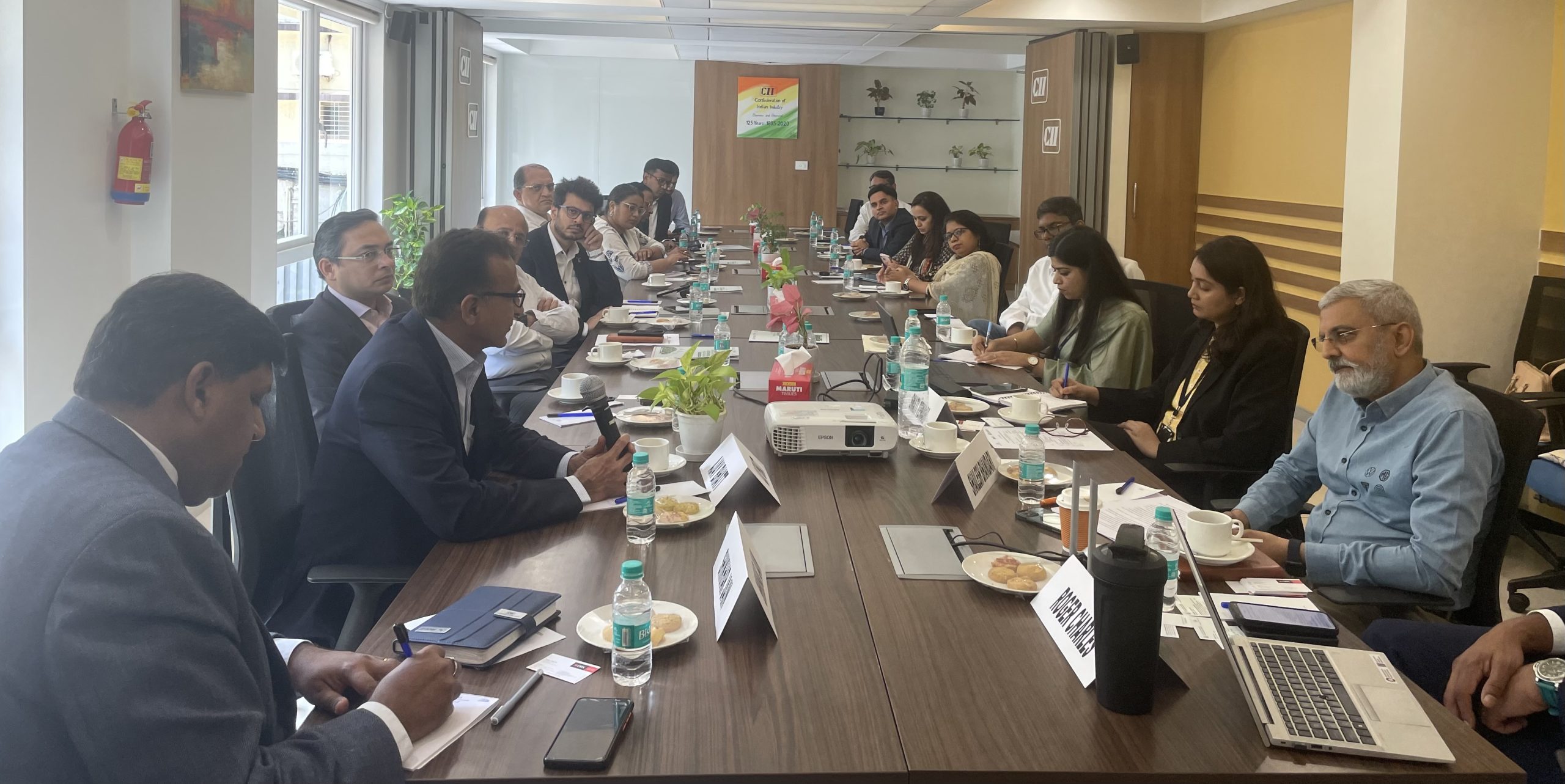
Eco Edge Certificate Felicitation Ceremony 2023
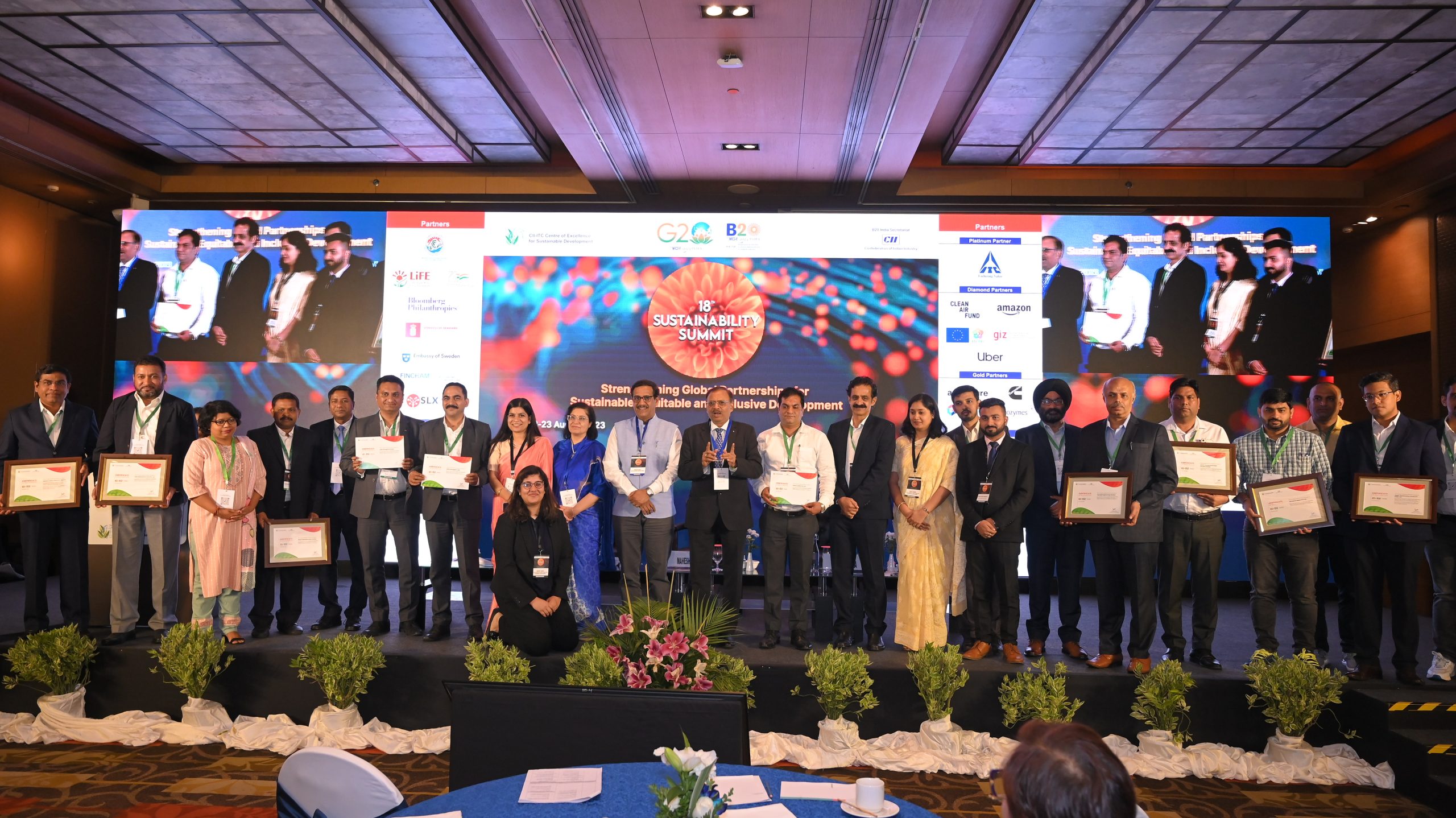
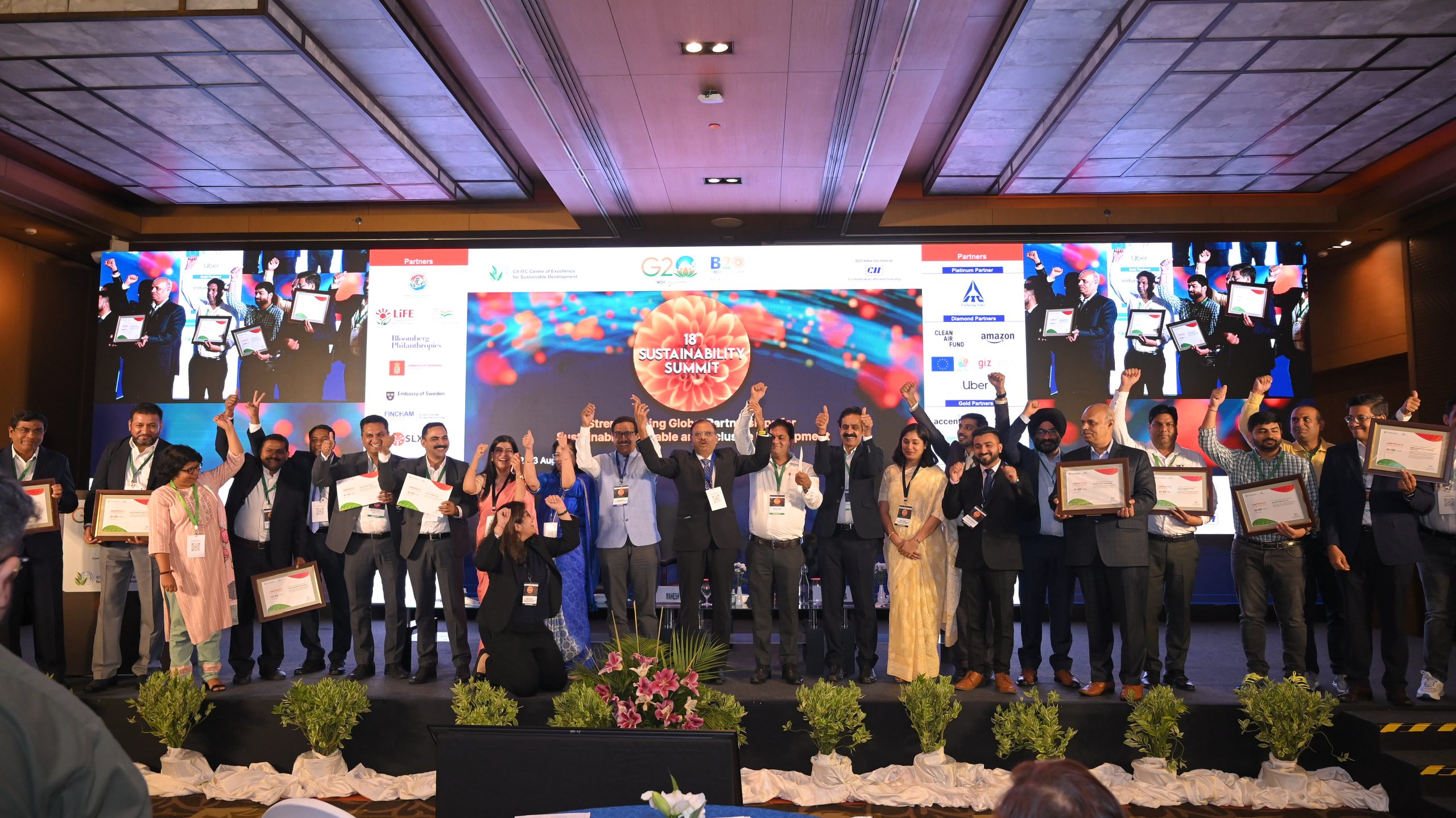
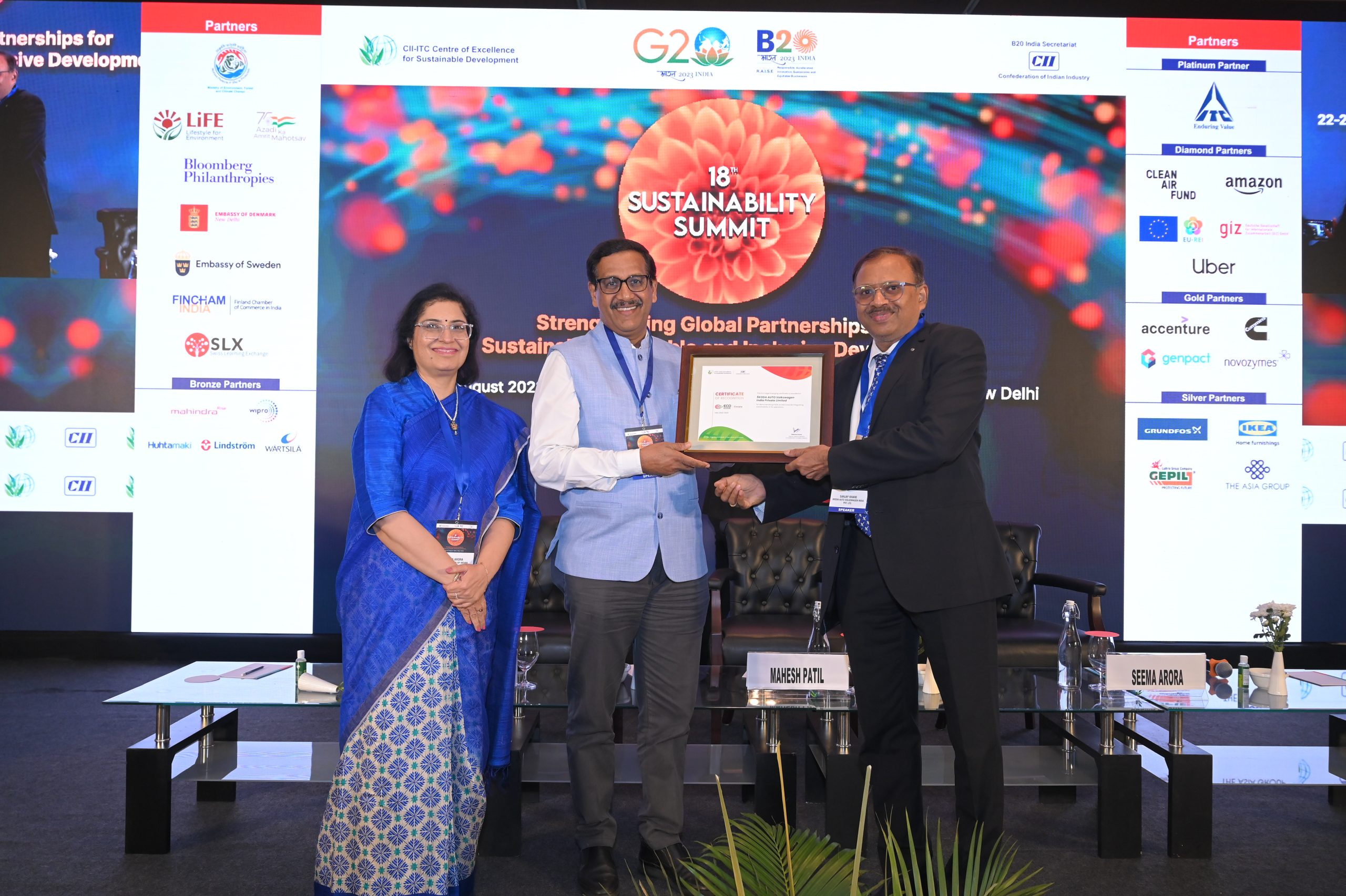
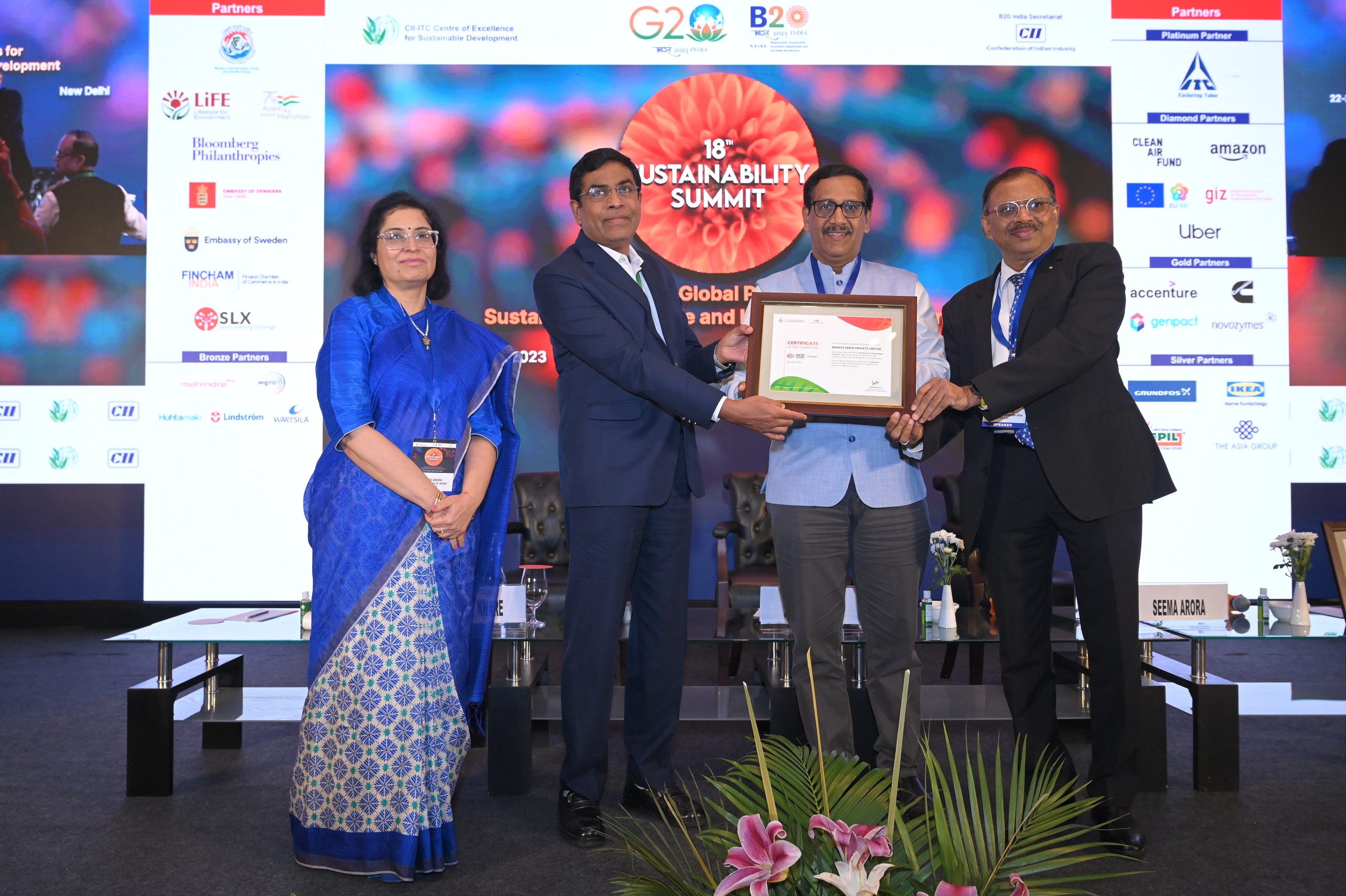
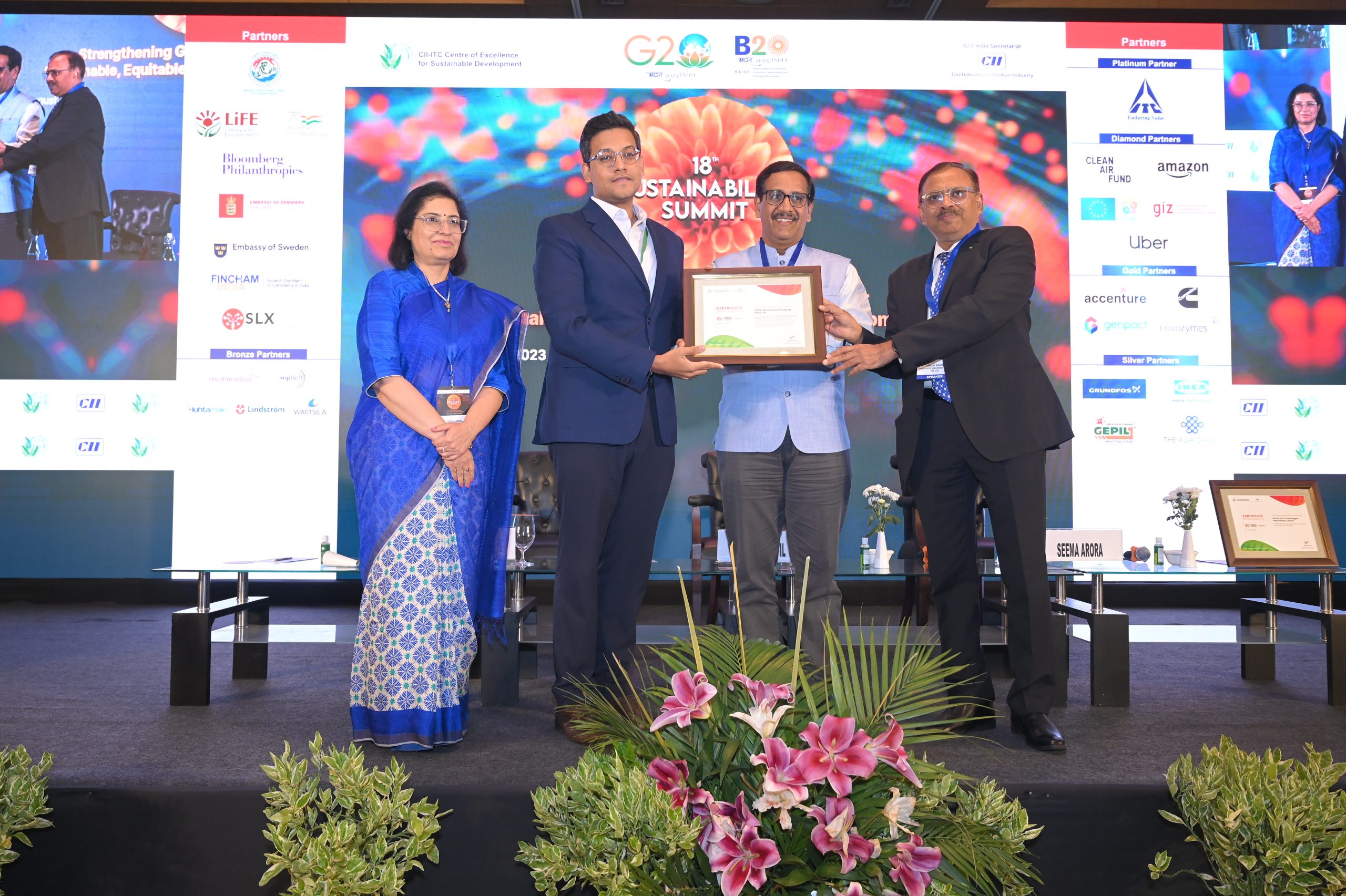
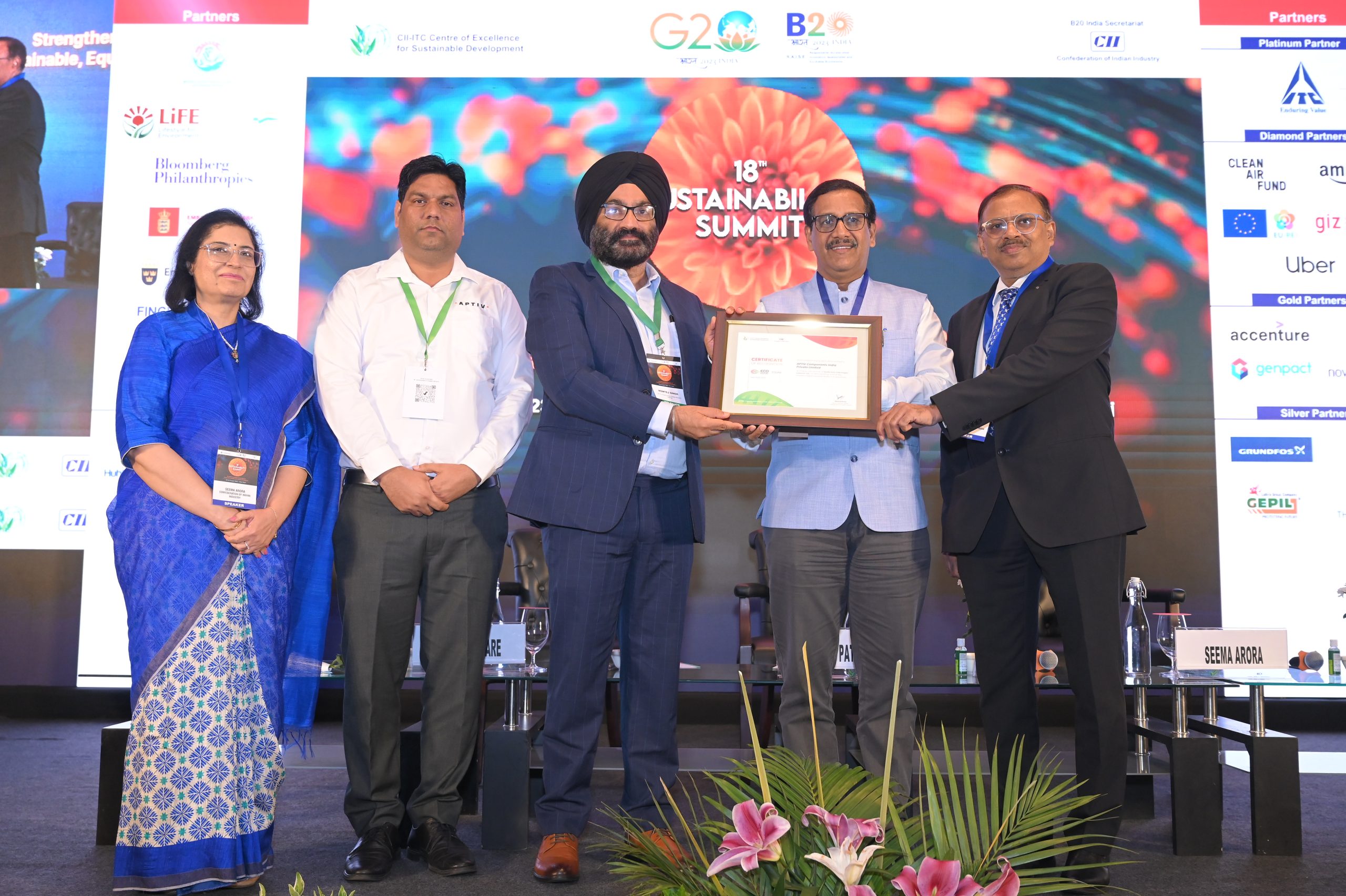
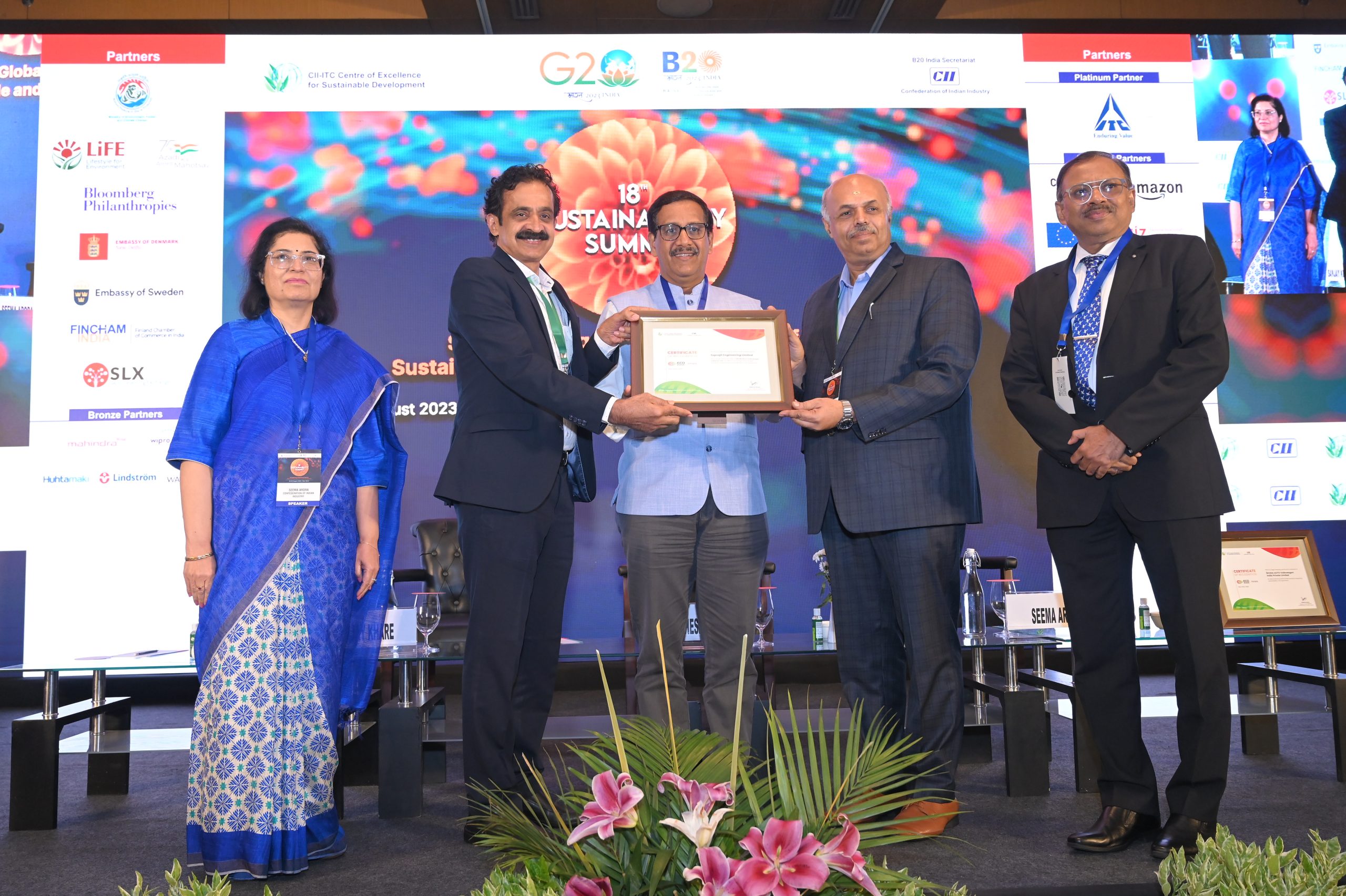
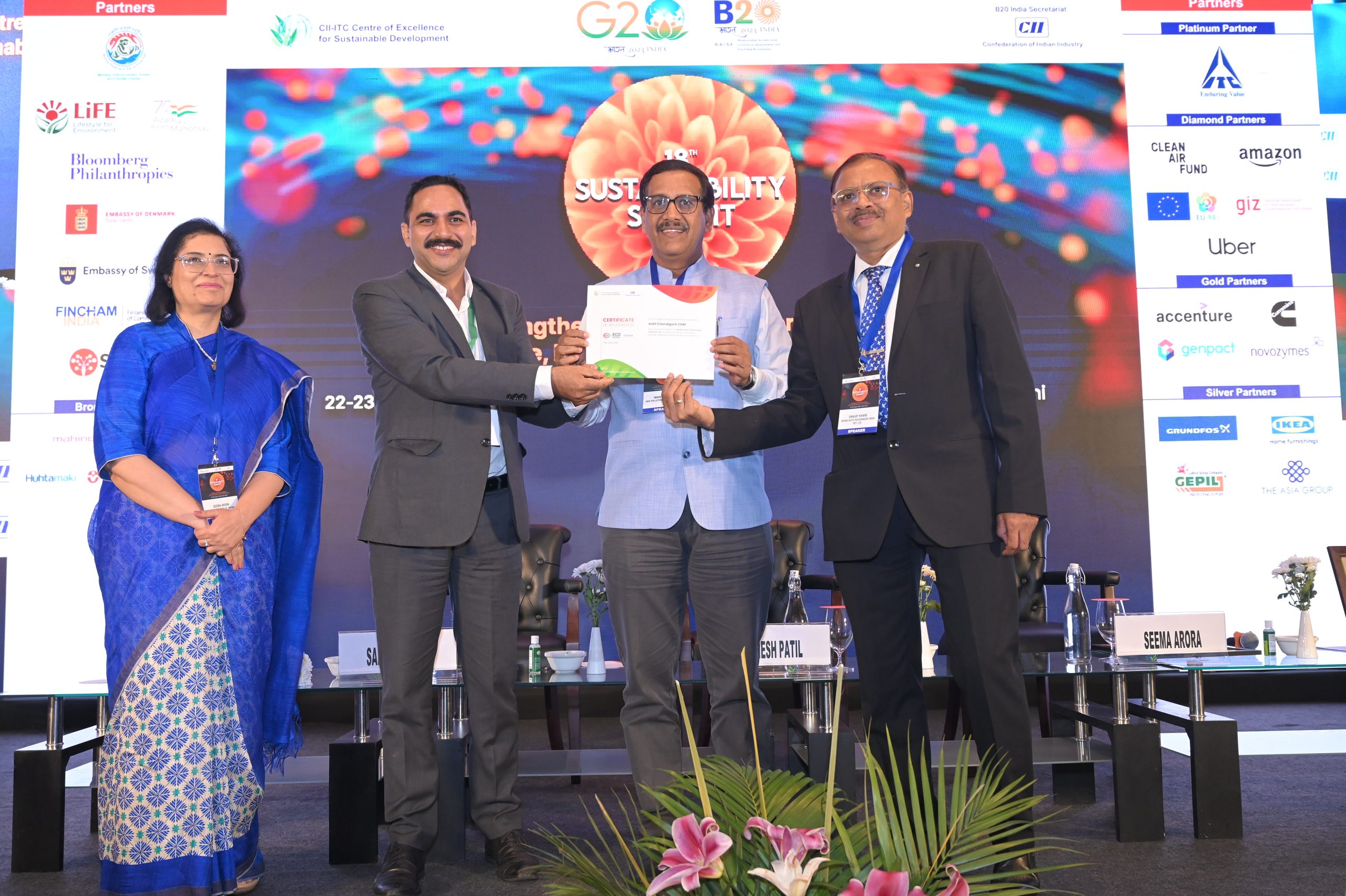
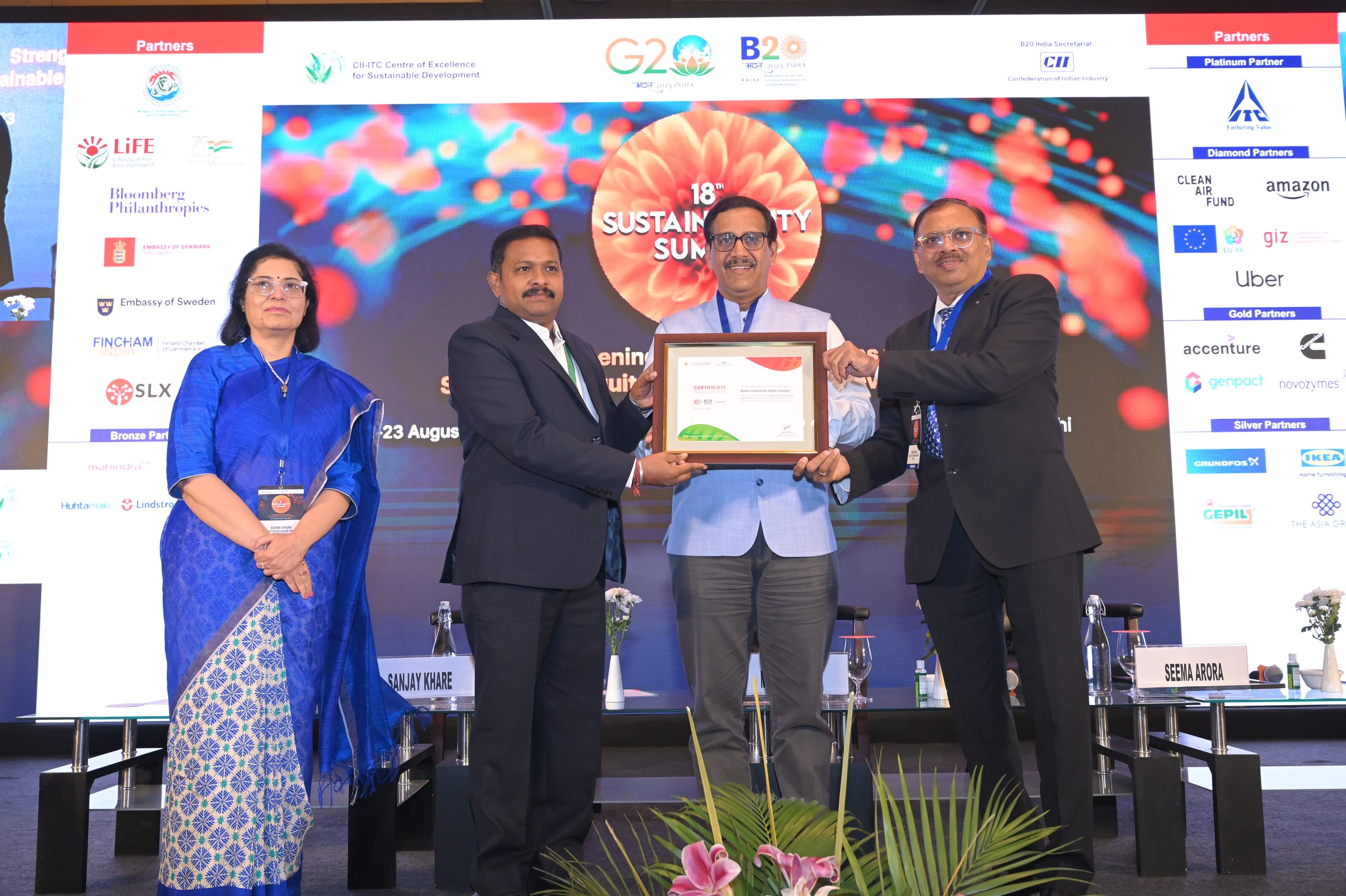
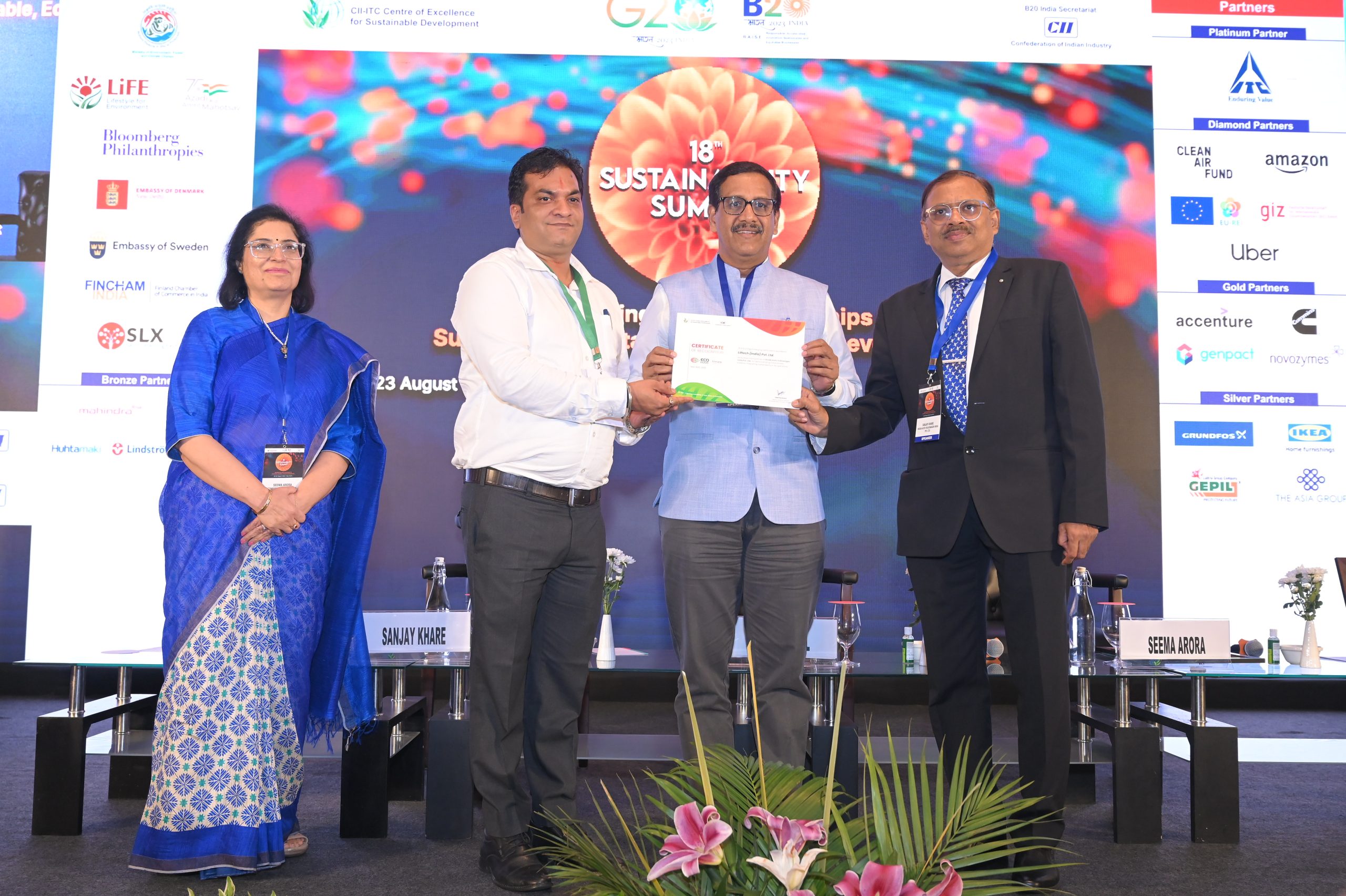
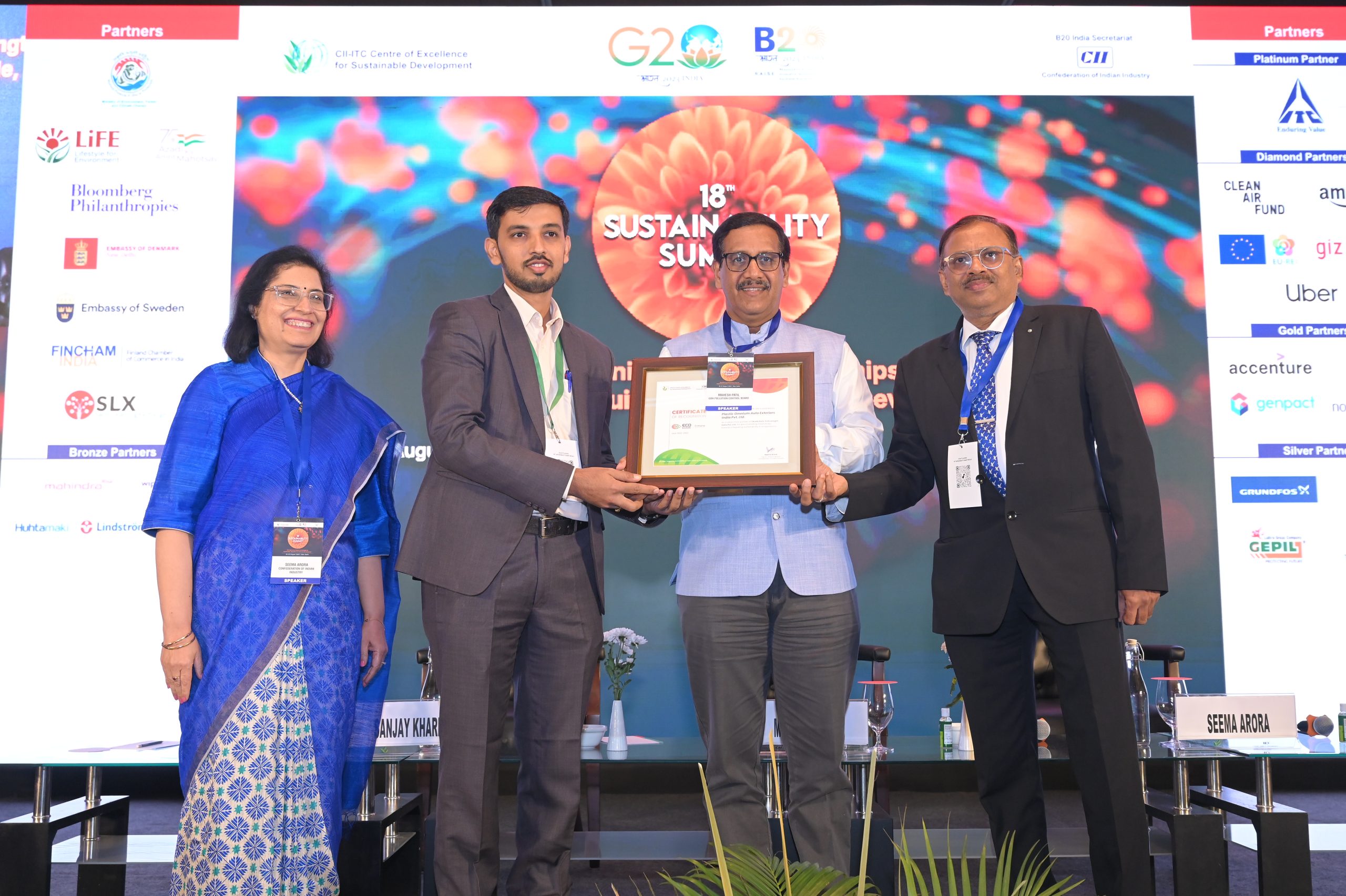
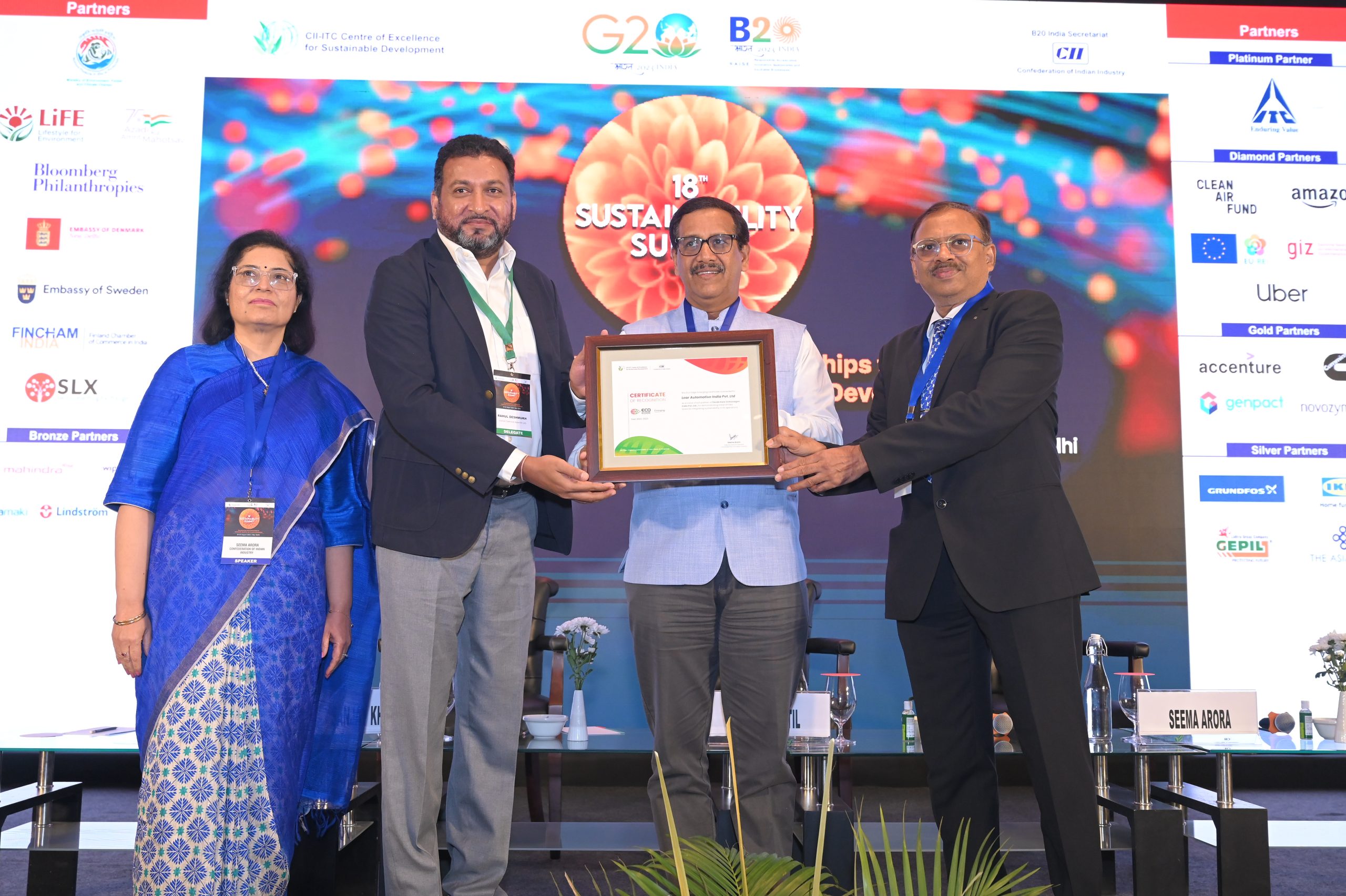
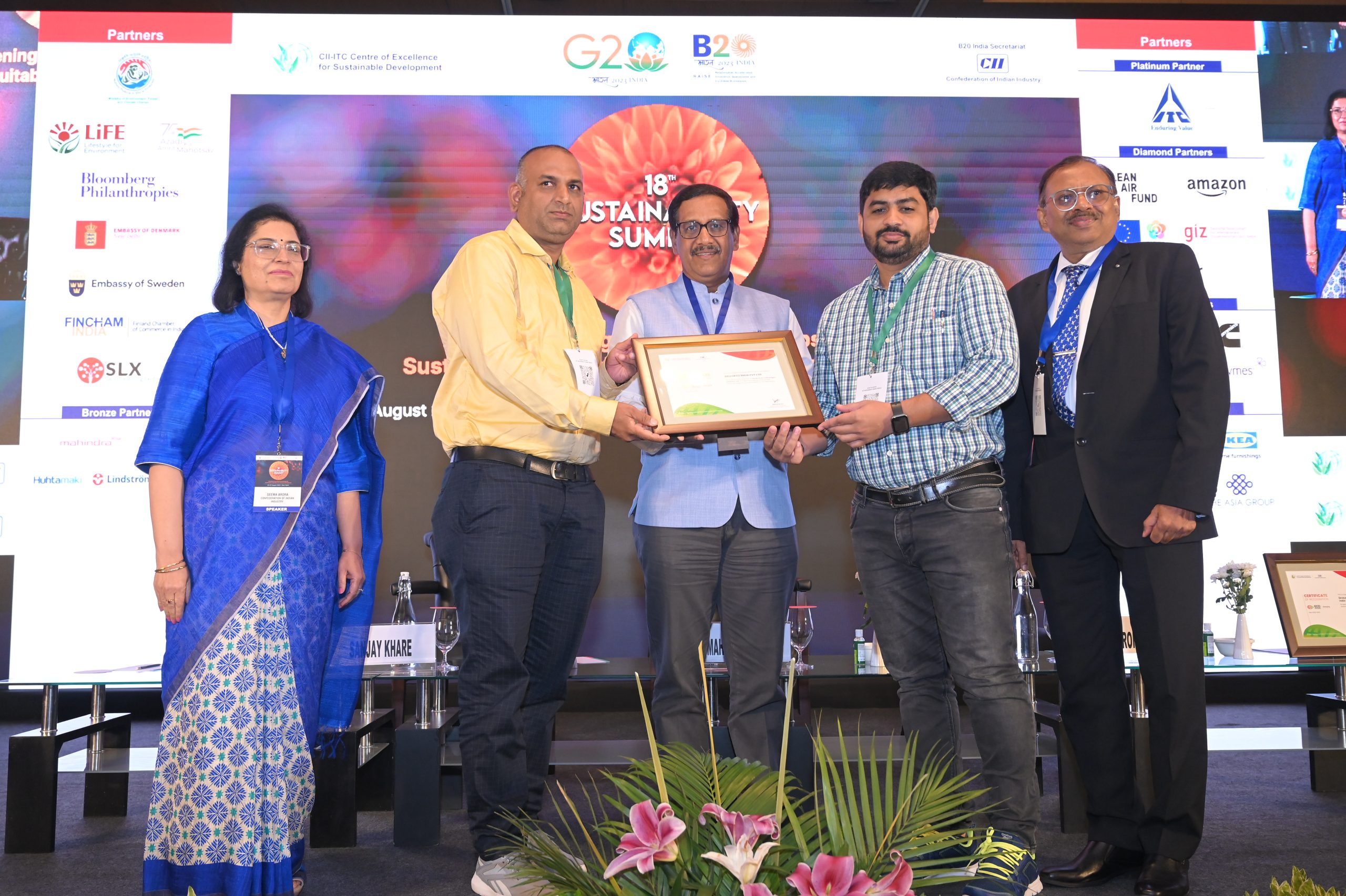
Škoda Auto Volkswagen India Private Limited (SAVWIPL) Earth Day Celebrations
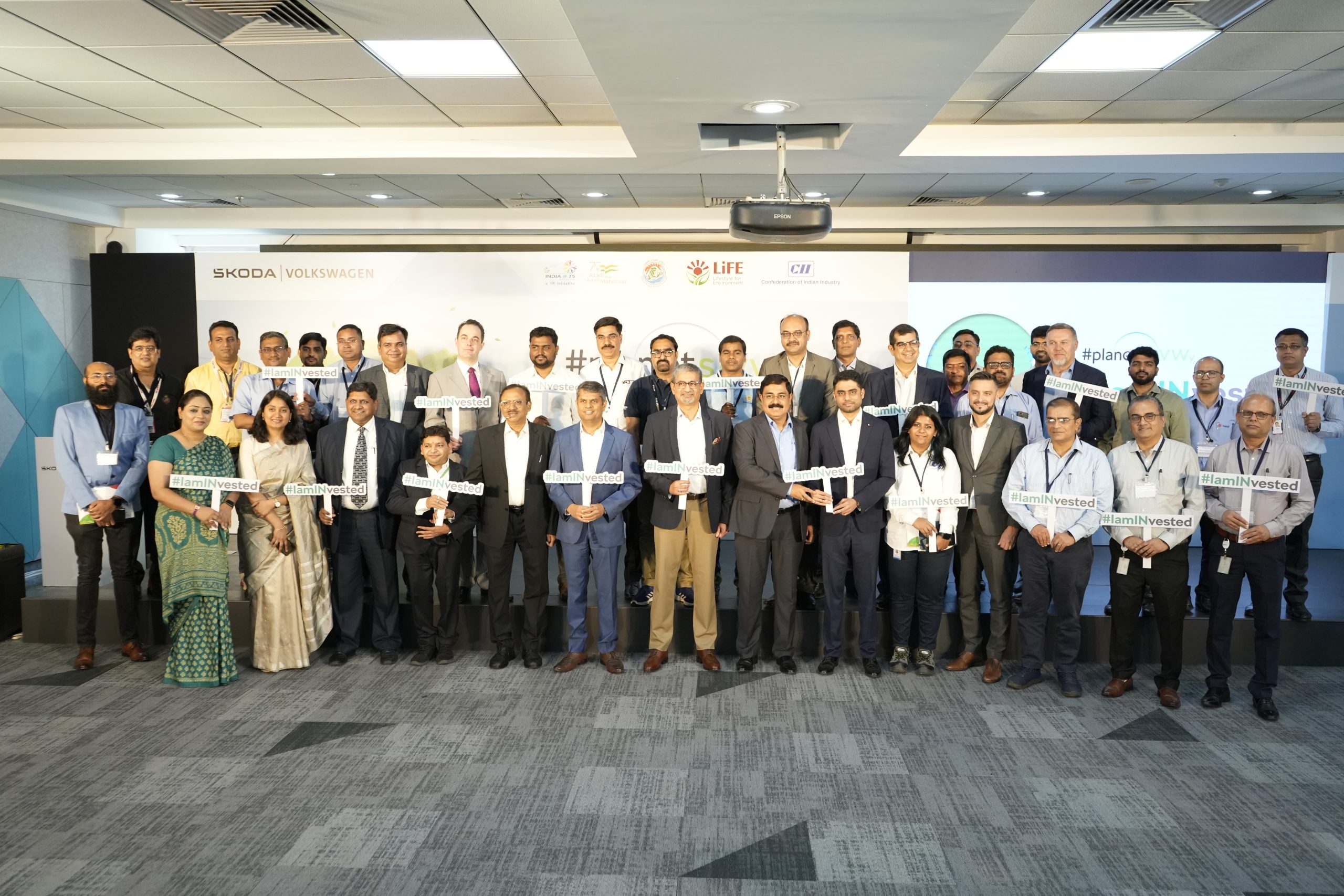
2023
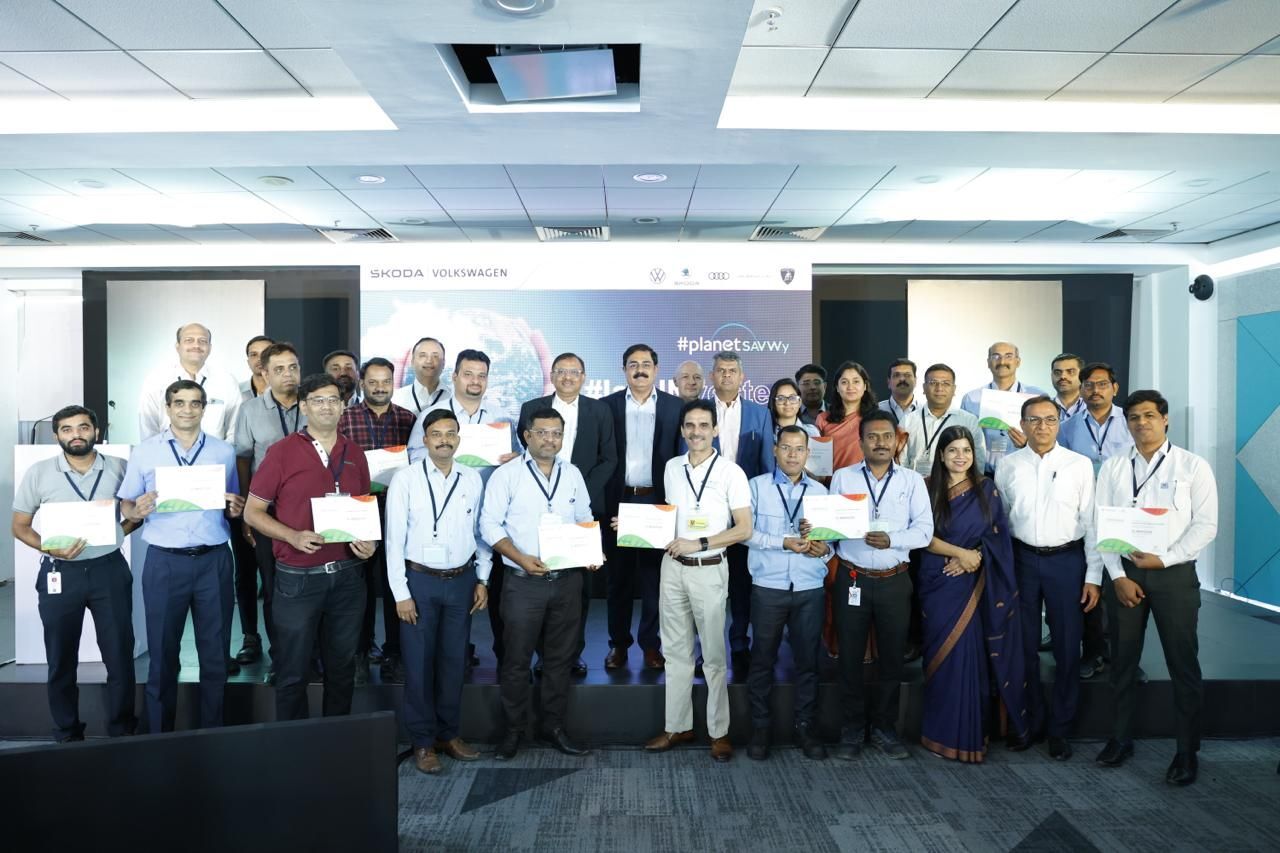
2024
Priyanka Choudhary
priyanka.choudhary@cii.in
Sherry Pande
sherry.pande@cii.in
